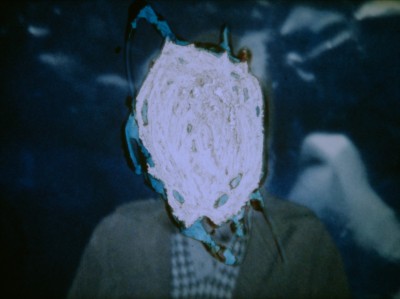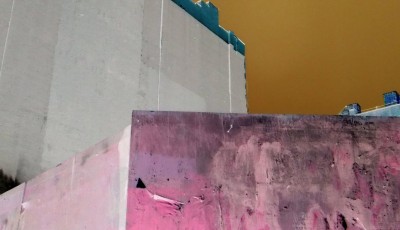Forum & Forum Expanded
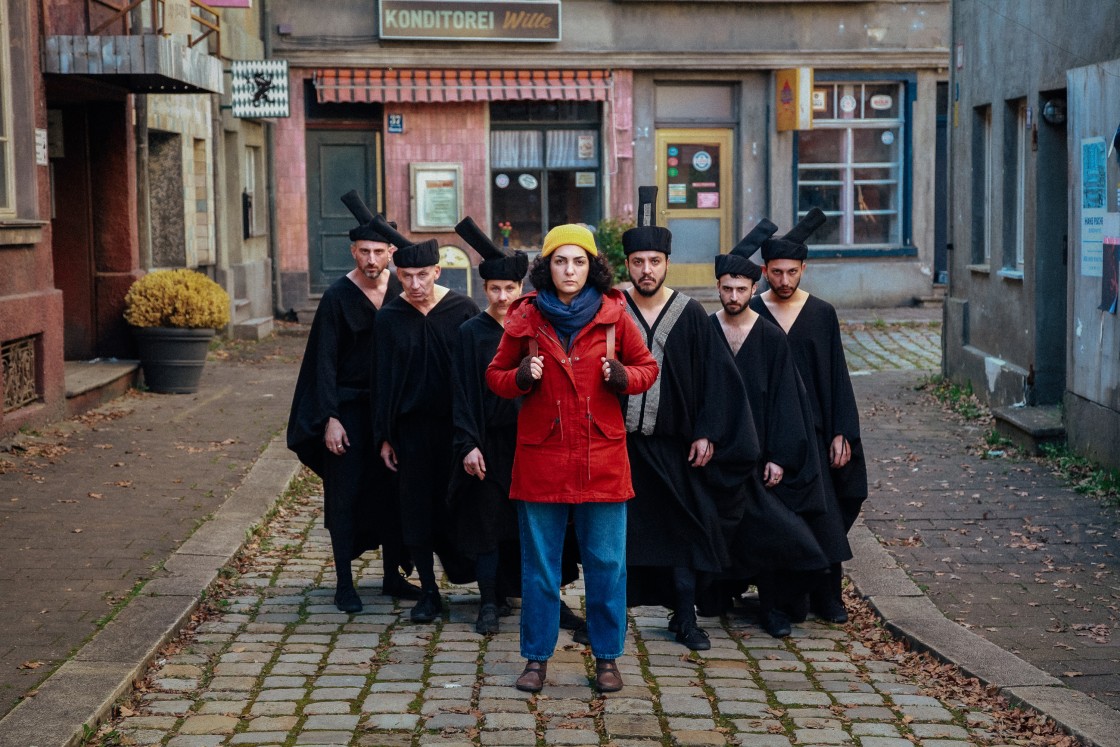
A selection of previous contributions in the Forum and Forum Expanded
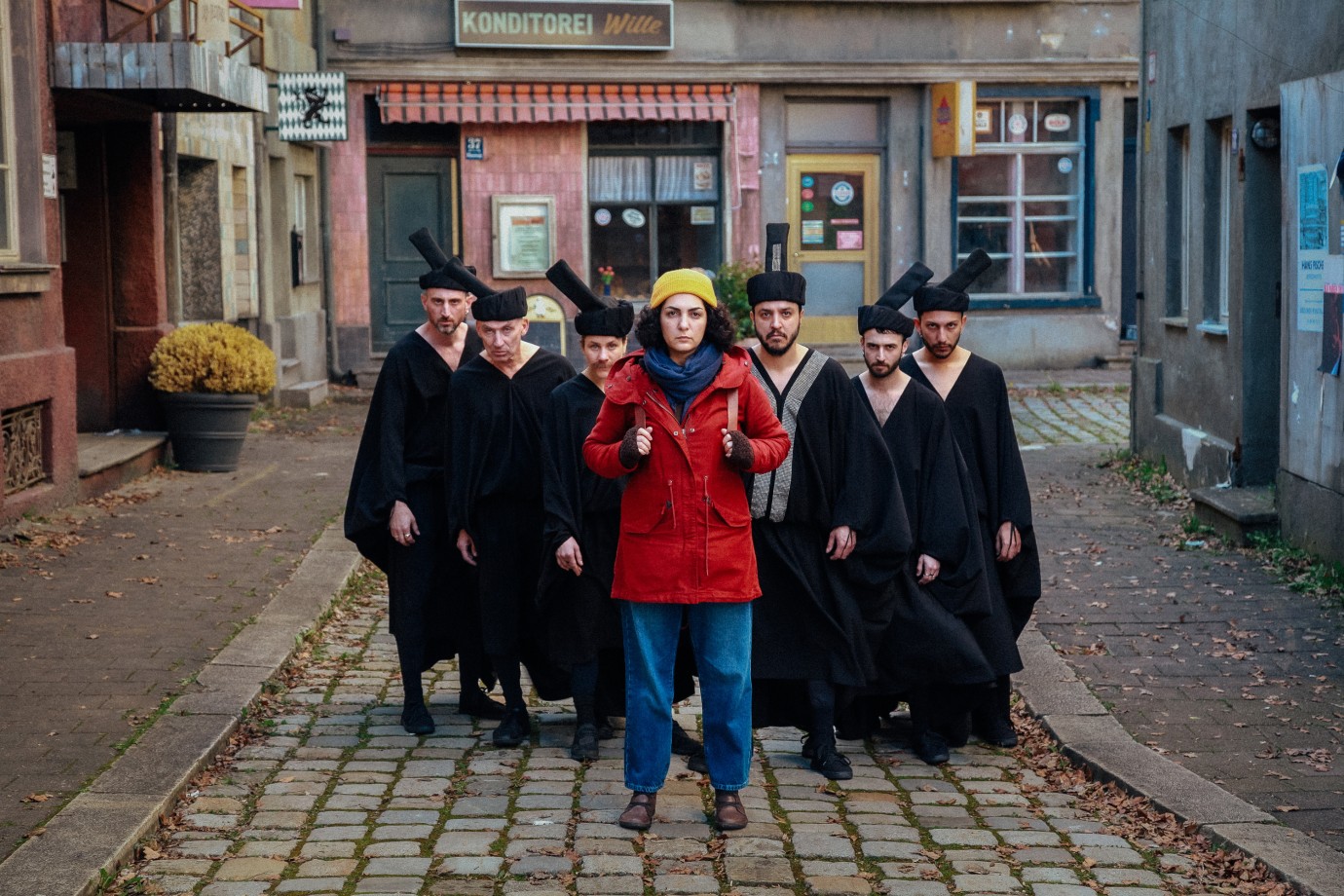
Baharak Abdolifard, Nima Nazarinia, Nina Wesemann, Zuki Izak Ringart, Alon Bracha, Ludger Lamers, Roman Singh
Shahid by Narges Kalhor
DEU 2024, Forum
© Leonie Huber
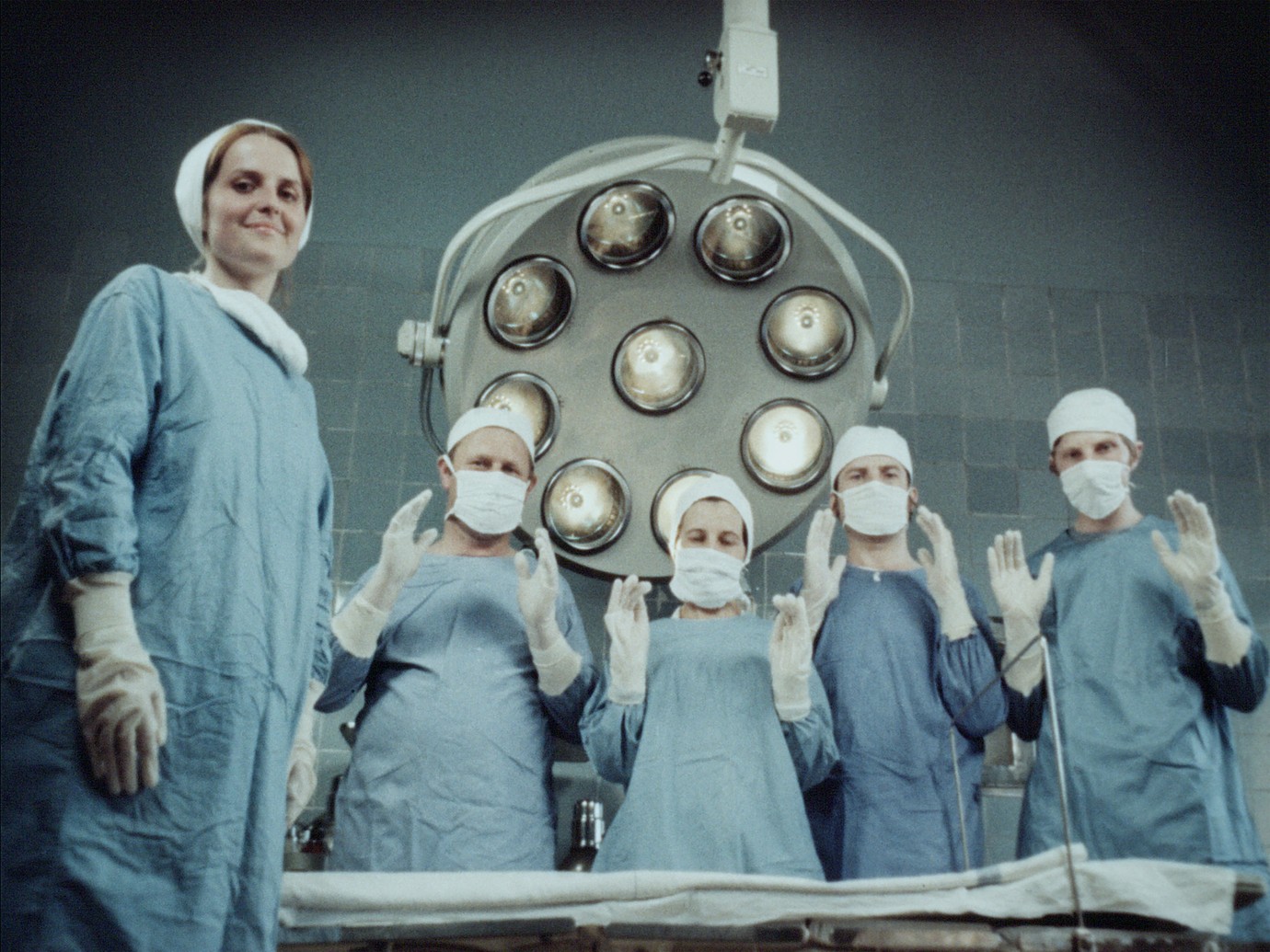
Grandmamauntsistercat by Zuza Banasińska
NLD, POL 2024, Forum Expanded
© Zuza Banasińska / Educational Film Studio in Łódź
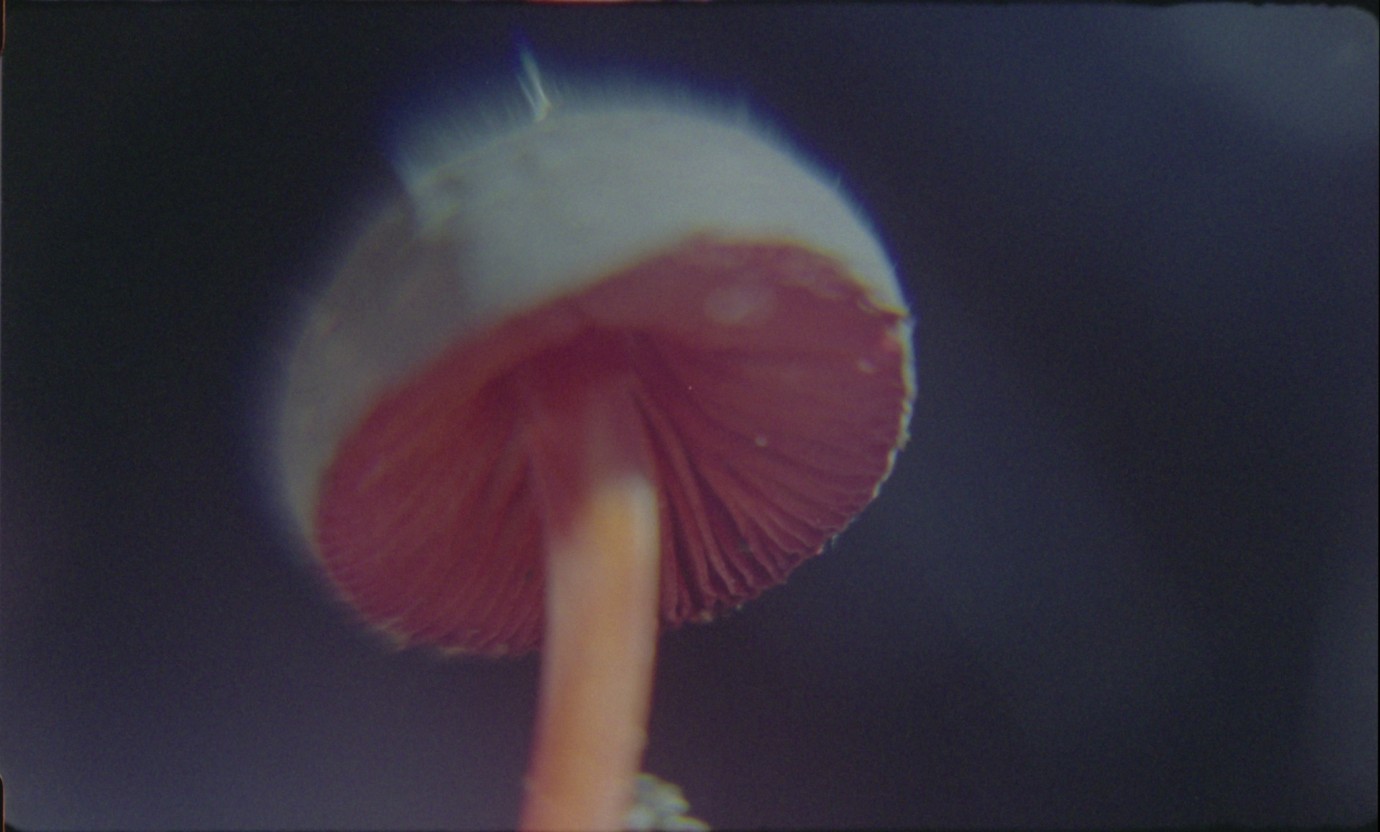
Nanacatepec by Elena Pardo, Azucena Losana
MEX, ESP 2024, Forum Expanded
© Laboratorio Experimental de Cine
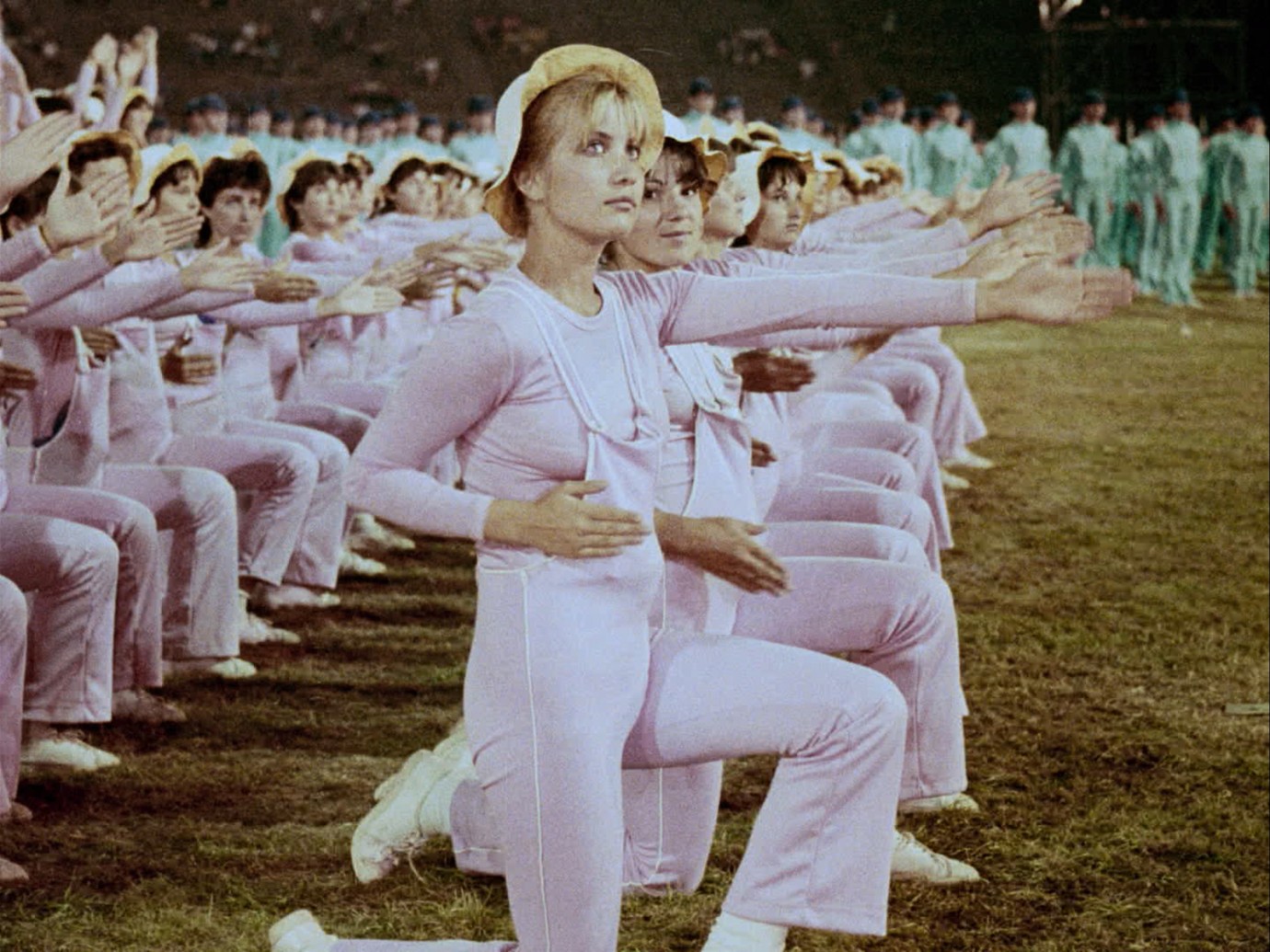
Între revoluții | Between Revolutions by Vlad Petri
ROU, HRV, QAT, IRN 2023, Forum
© Activ Docs
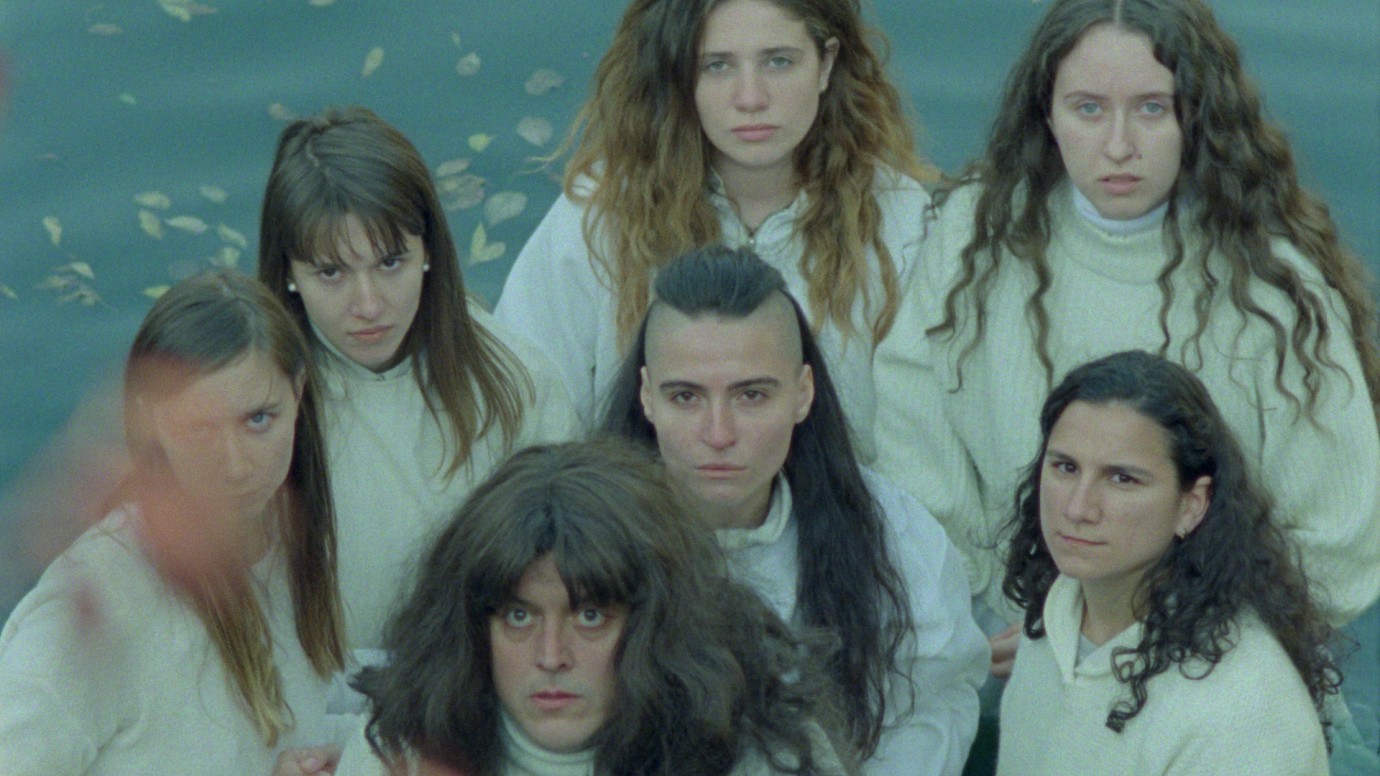
Mammalia by Sebastian Mihăilescu
ROU, POL, DEU 2023, Forum
© microFILM
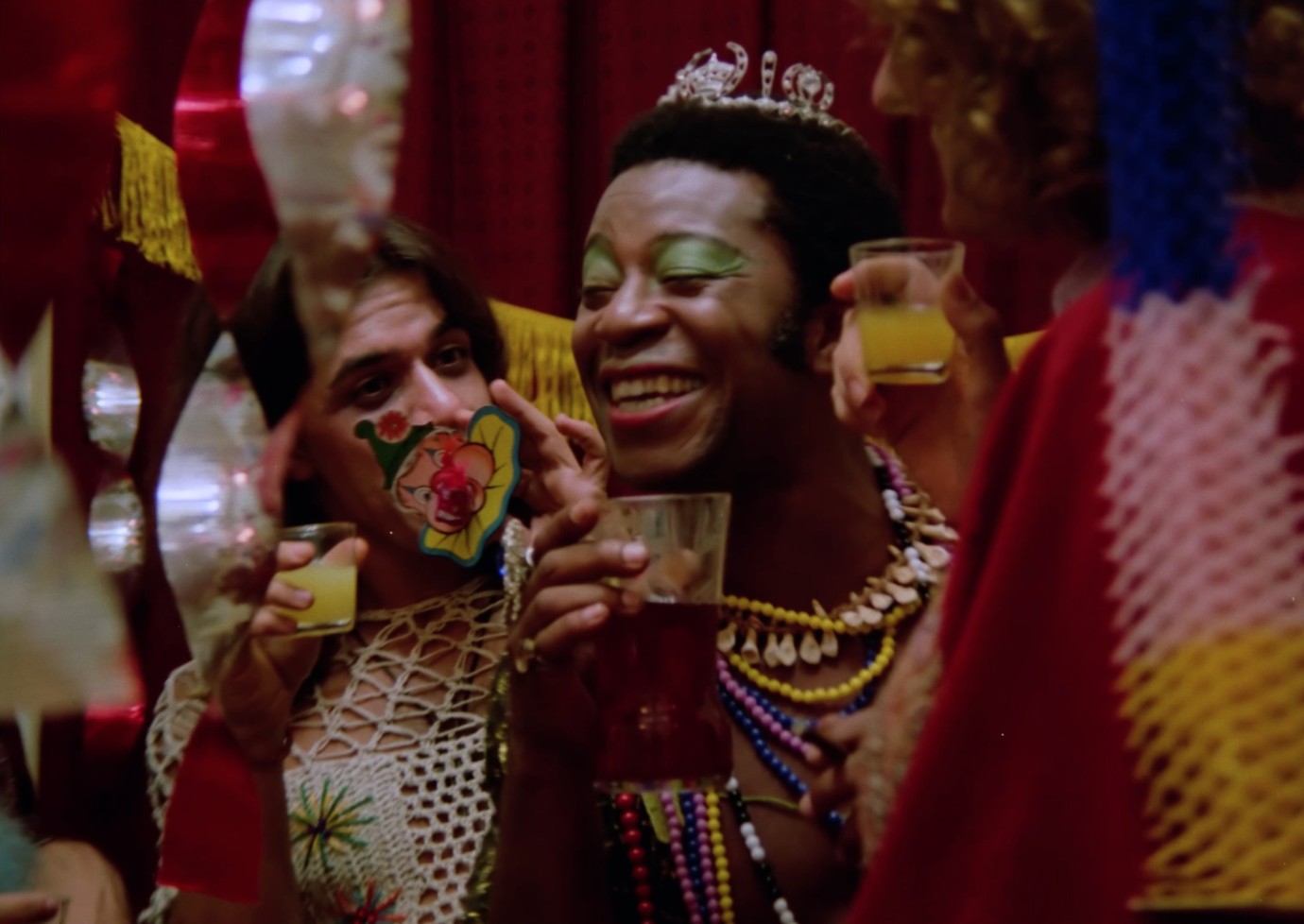
Perfeito Fortuna, Milton Gonçalves
A Rainha Diaba | The Devil Queen by Antonio Carlos da Fontoura
BRA 1973, Forum
© José Medeiros
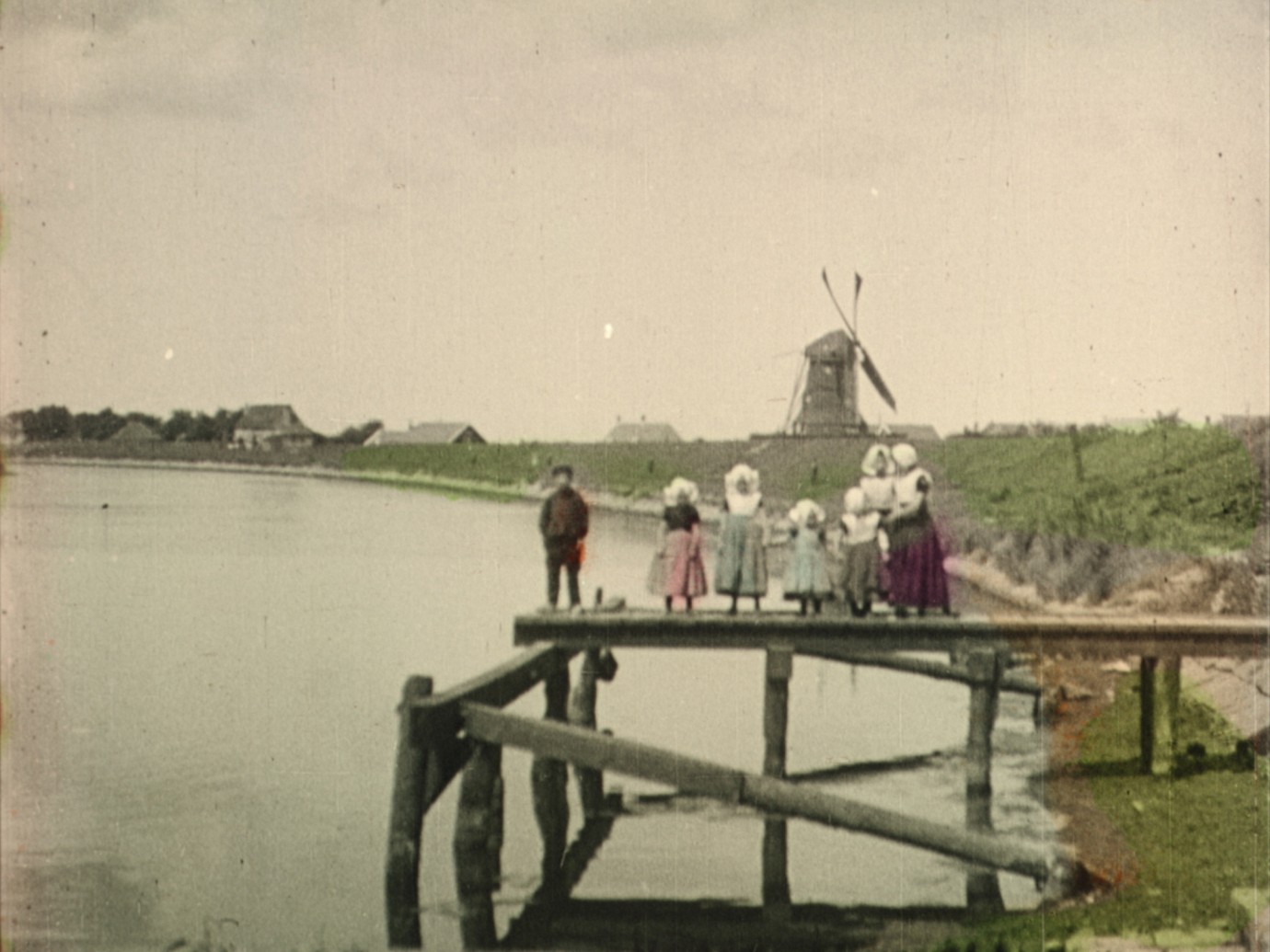
Dearest Fiona by Fiona Tan
NLD 2023, Forum
© Fiona Tan, Antithesis Films
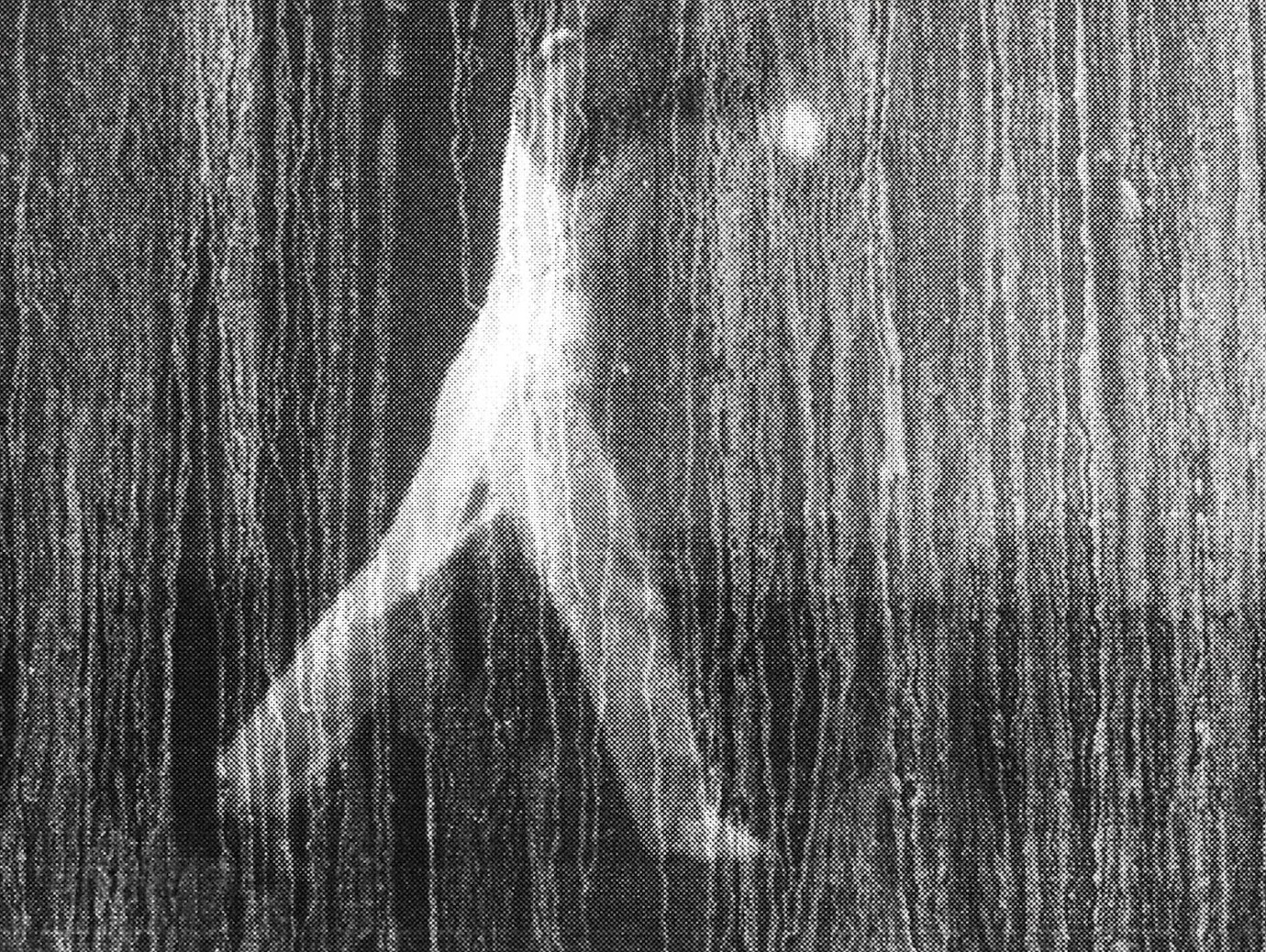
That Day, on the River by Lei Lei
CHN 2023, Forum Expanded
© Lei Lei
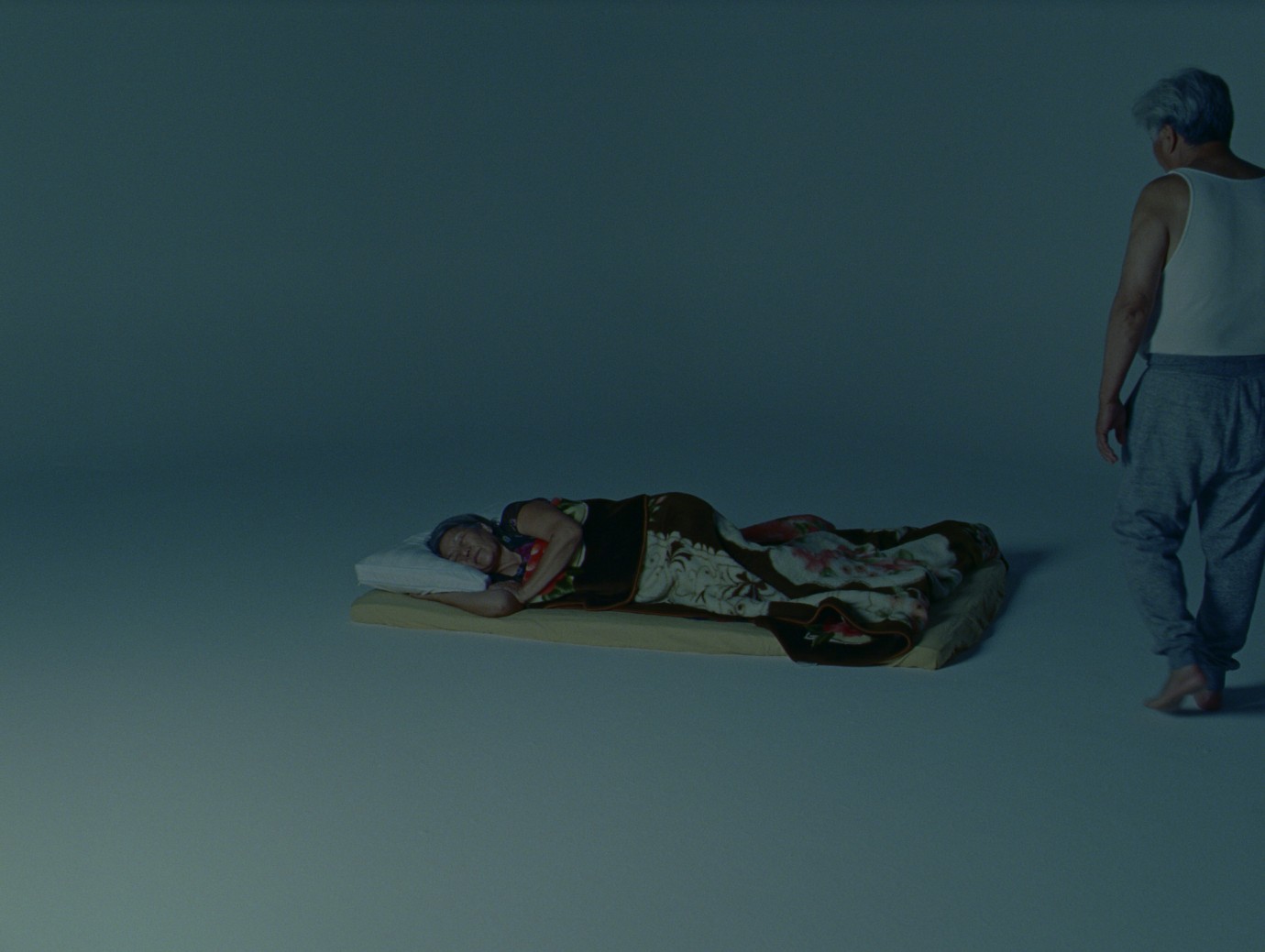
Dreams
As Seen from an Atypical Orbit
2023, Forum Expanded
© Tenzin Phuntsog
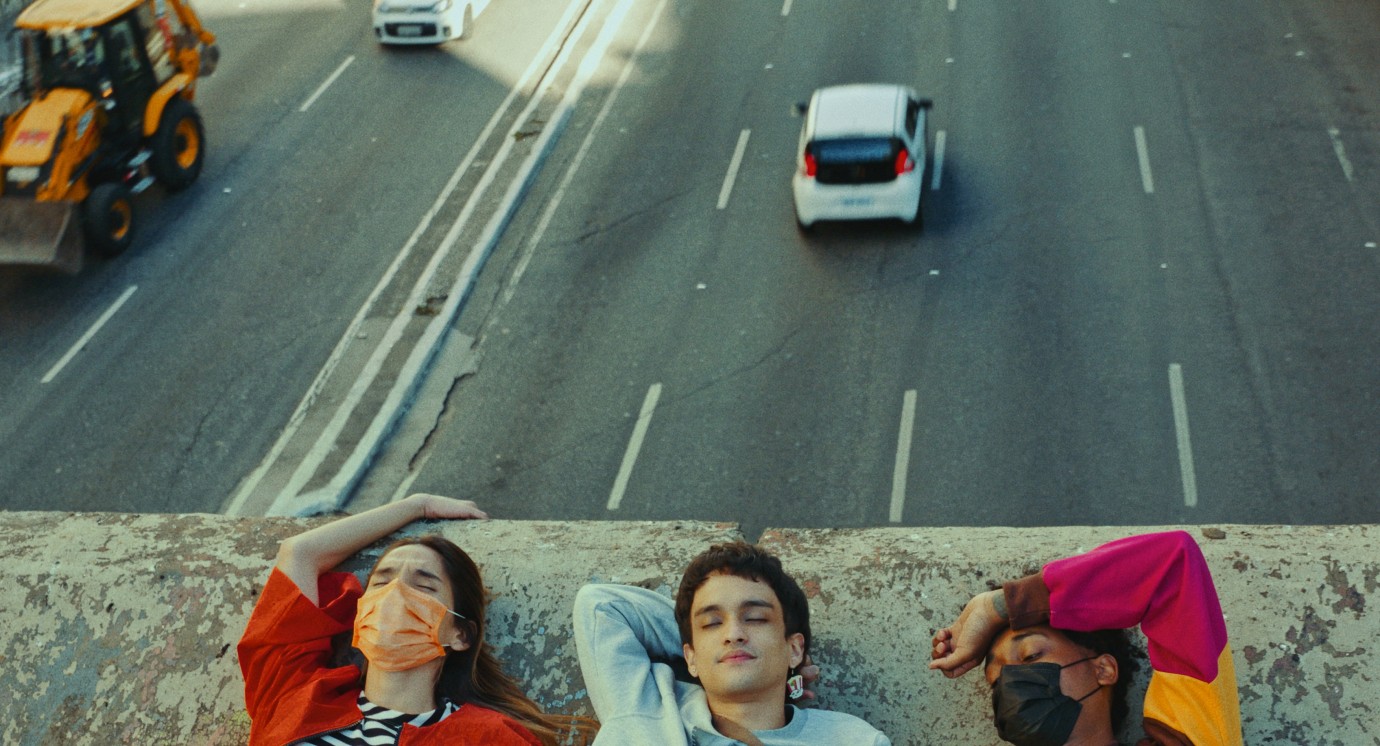
Isabella Pereira, Pedro Ribeiro, Jonata Vieira
Três tigres tristes | Three Tidy Tigers Tied a Tie Tighter by Gustavo Vinagre
BRA 2022, Forum
© Cris Lyra
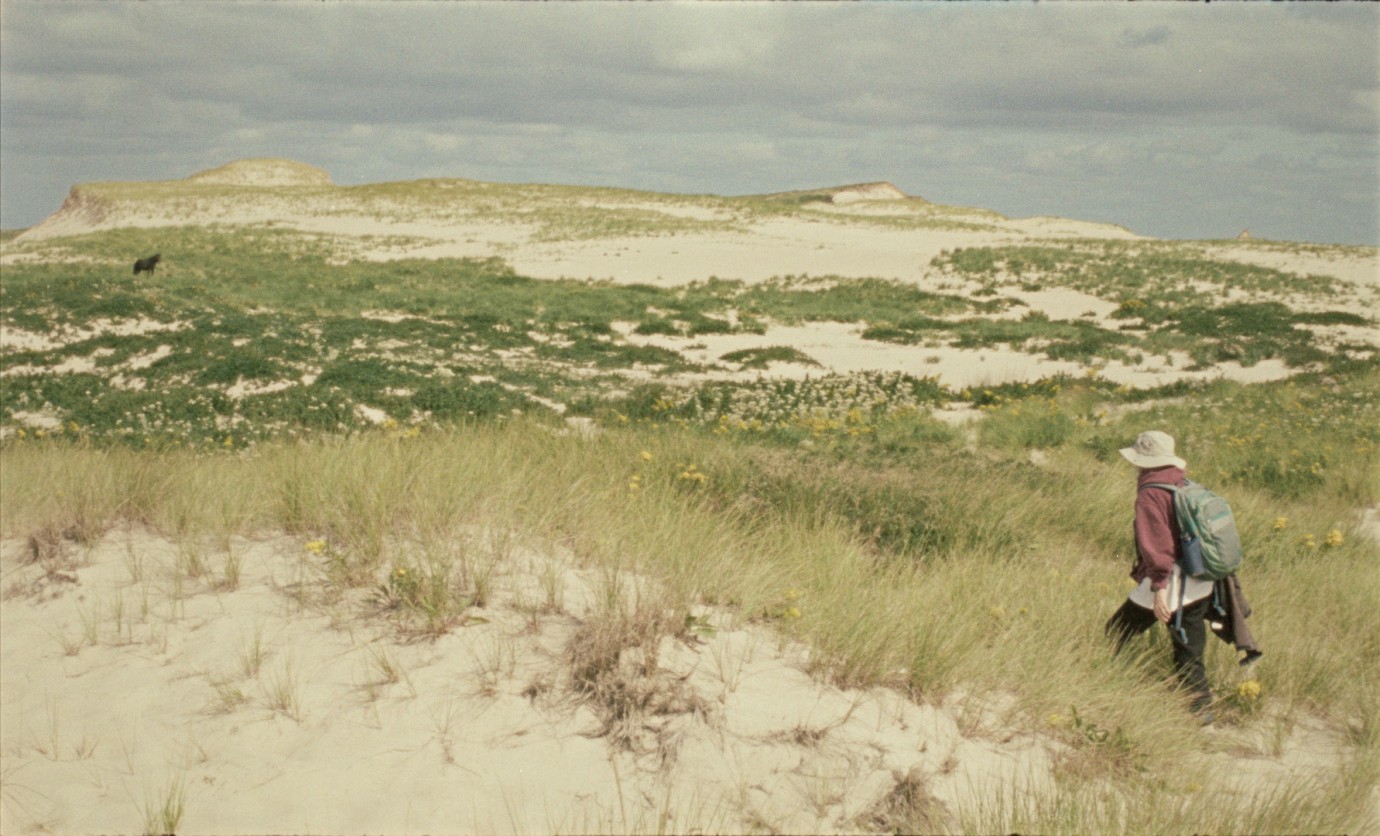
Geographies of Solitude by Jacquelyn Mills
CAN 2022, Forum
© Jacquelyn Mills
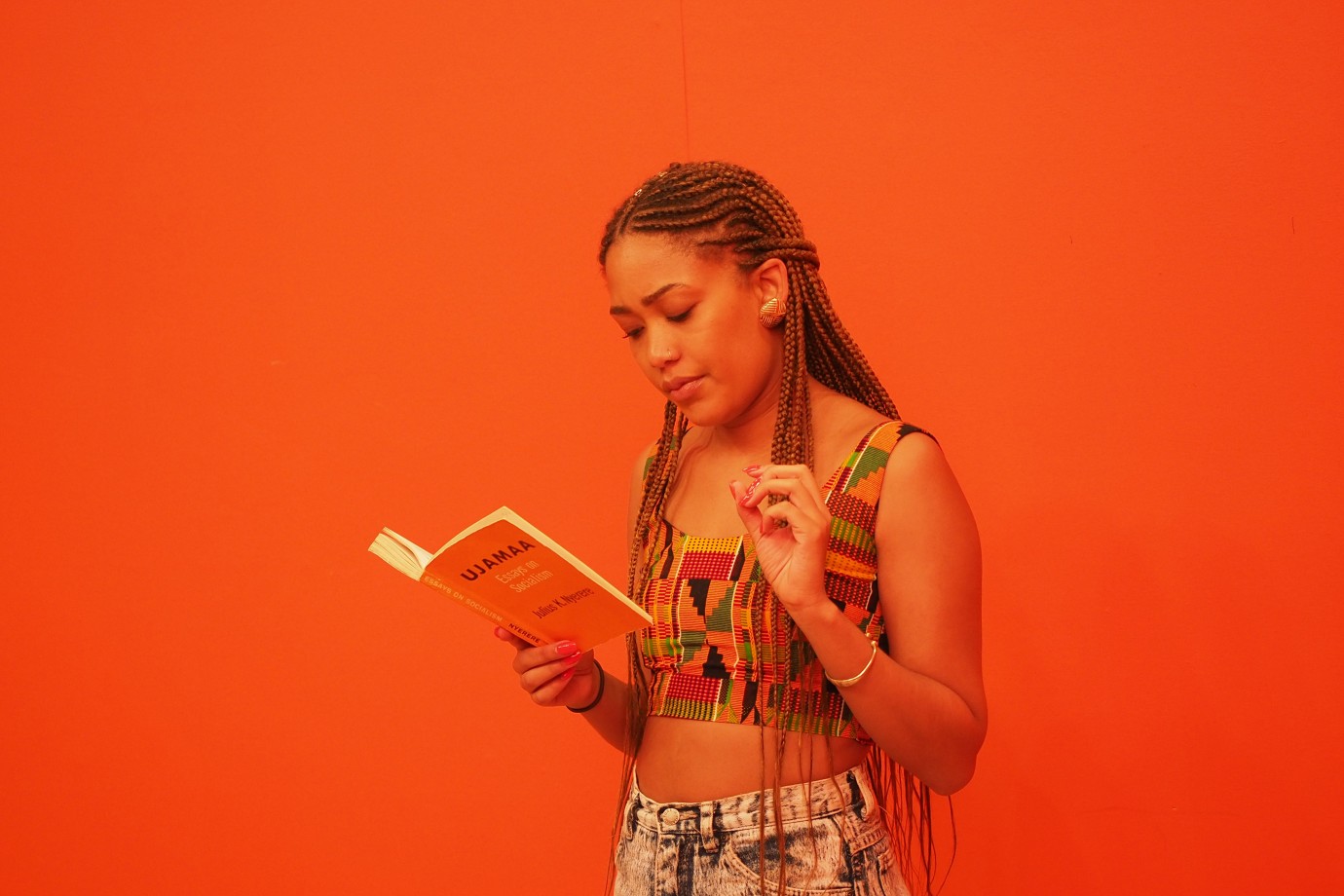
Nozipho Mclean
The Inheritance by Ephraim Asili
USA 2020, Forum
© Mick Bello
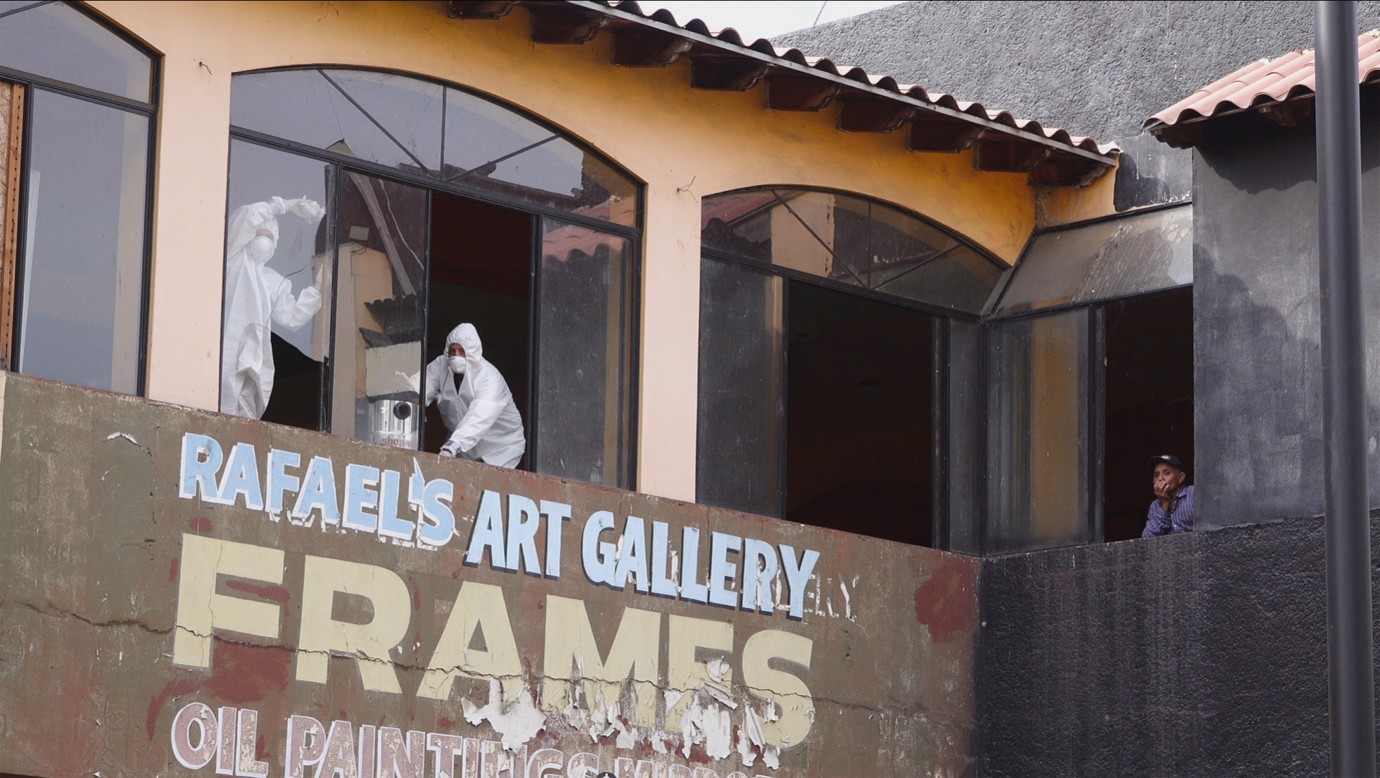
Ahorita Frames by Angelika Levi
DEU 2021, Forum Expanded
© Angelika Levi
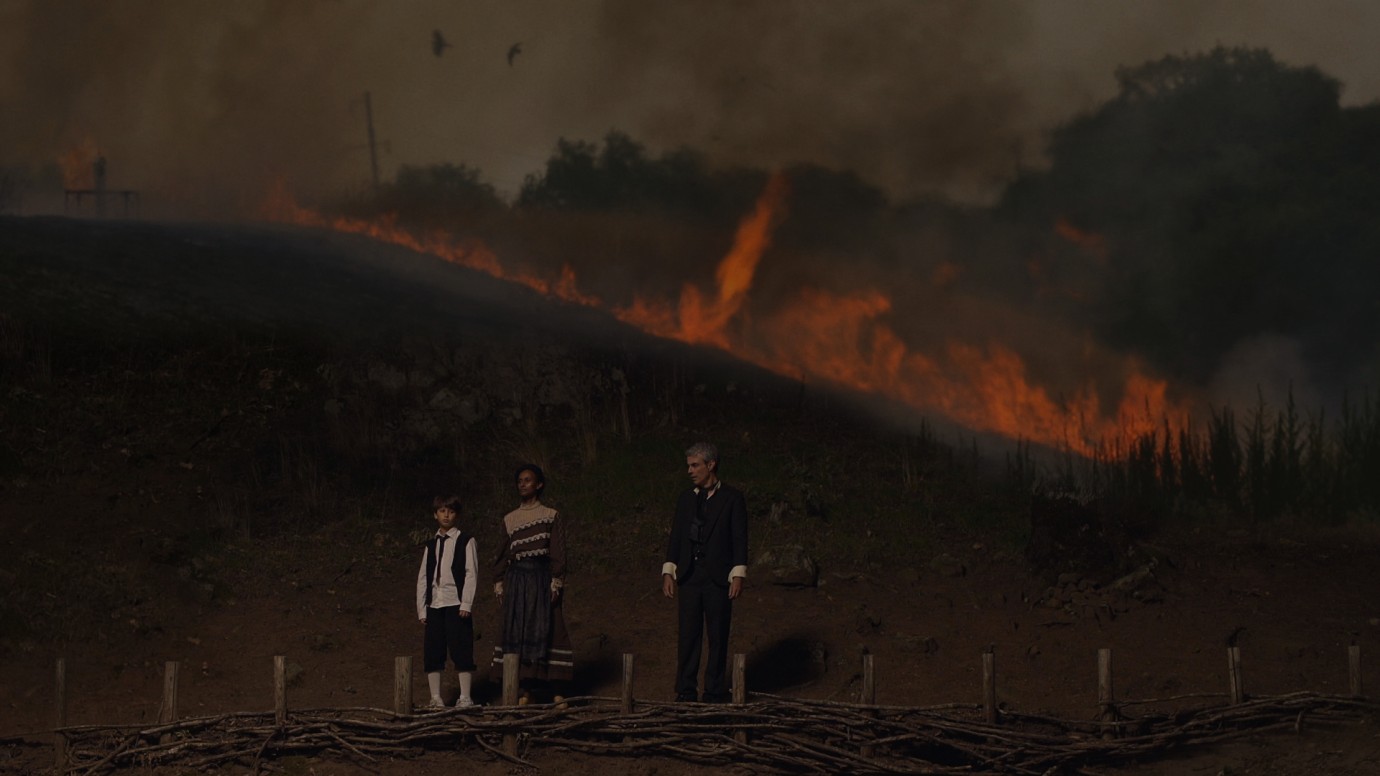
Autotrofia by Anton Vidokle
ITA 2020, Forum Expanded
© Anton Vidokle
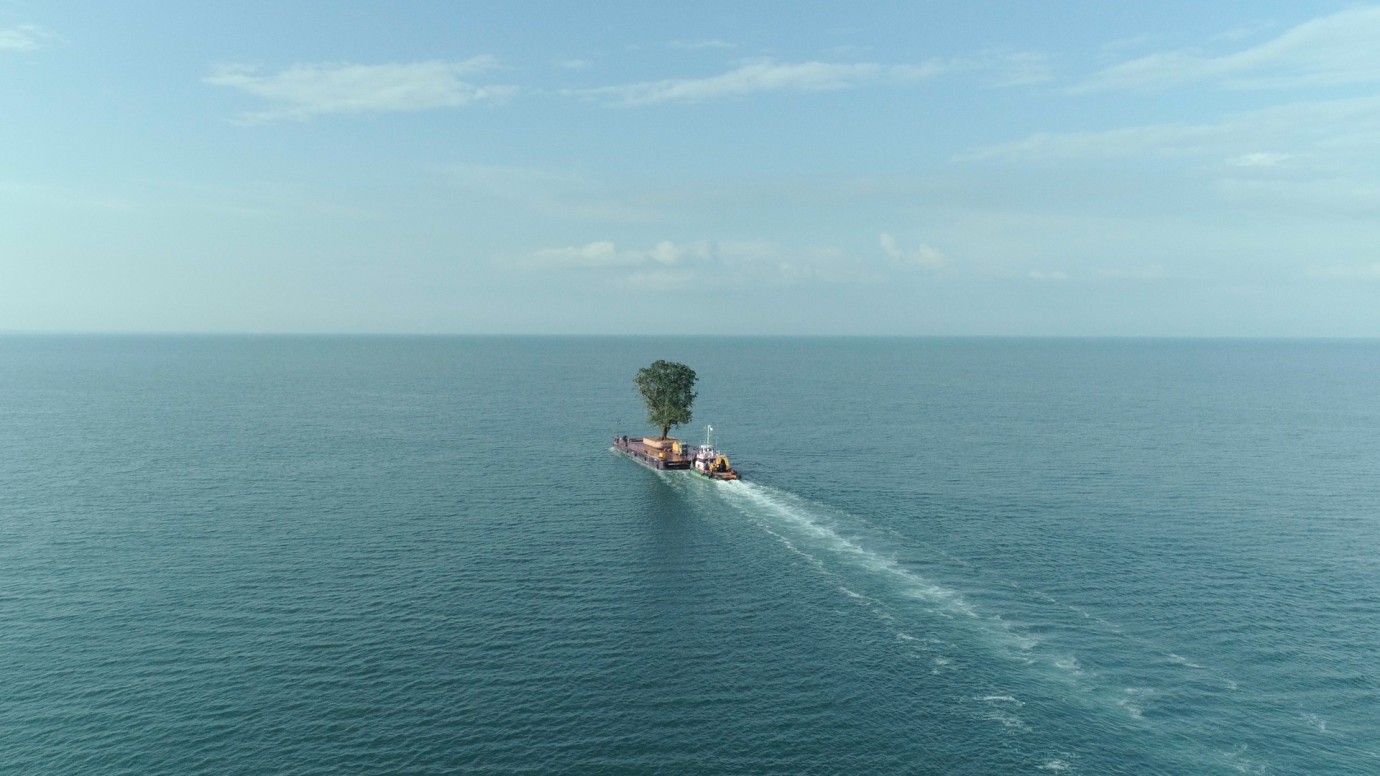
Taming the Garden by Salomé Jashi
CHE, DEU, GEO 2021, Forum
© Mira Film/Corso Film/Sakdoc Film
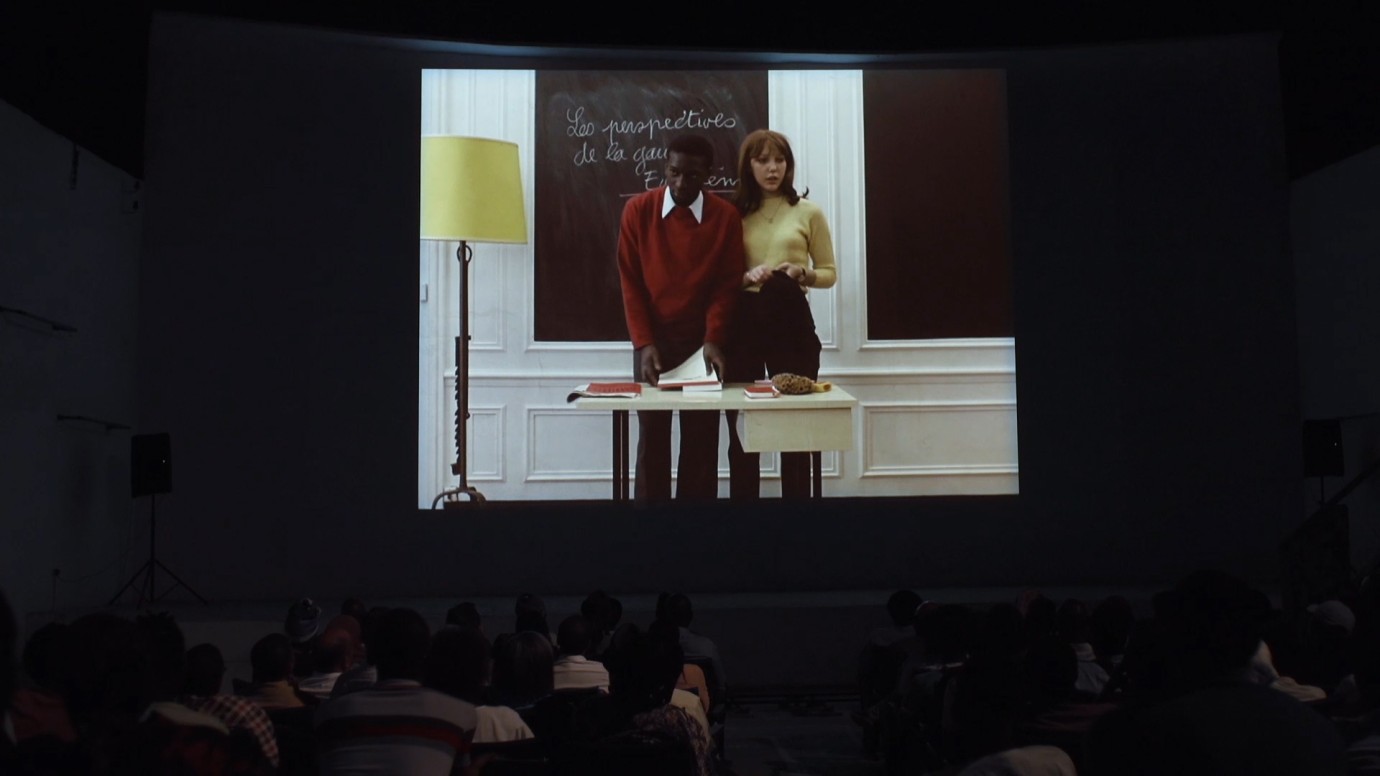
Juste un mouvement | Just A Movement by Vincent Meessen
BEL, FRA 2021, Forum
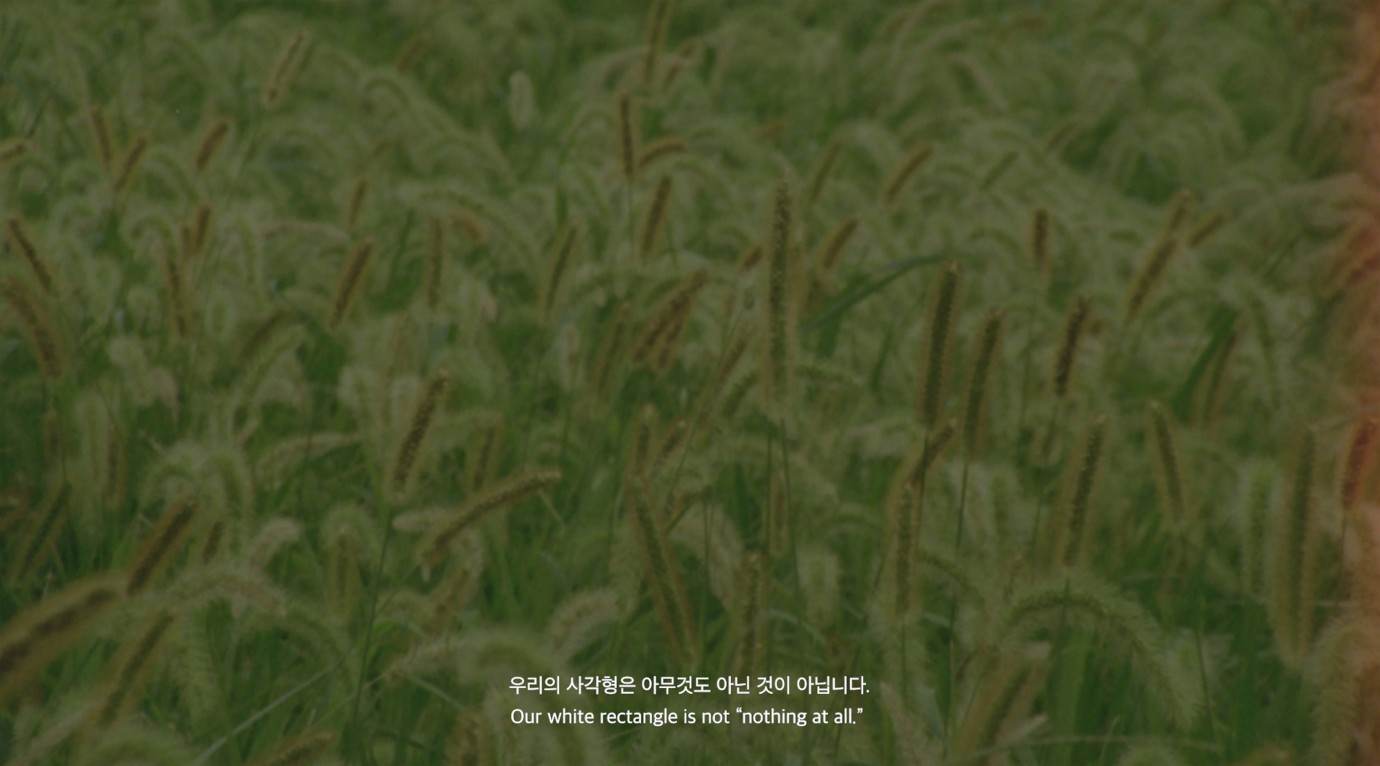
“Le-deu-pil-teo-ga Cheol-hoe-doeb-ni-da.” | “The red filter is withdrawn.” by Minjung Kim
KOR 2020, Forum Expanded
© Minjung Kim

Bhumibhat Thavornsiri, Apinya Sakuljaroensuk, Sornrapat Patharakorn, Sirat Intarachote
Jai jumlong | Come Here by Anocha Suwichakornpong
THA 2021, Forum
© Electric Eel Films, Diversion
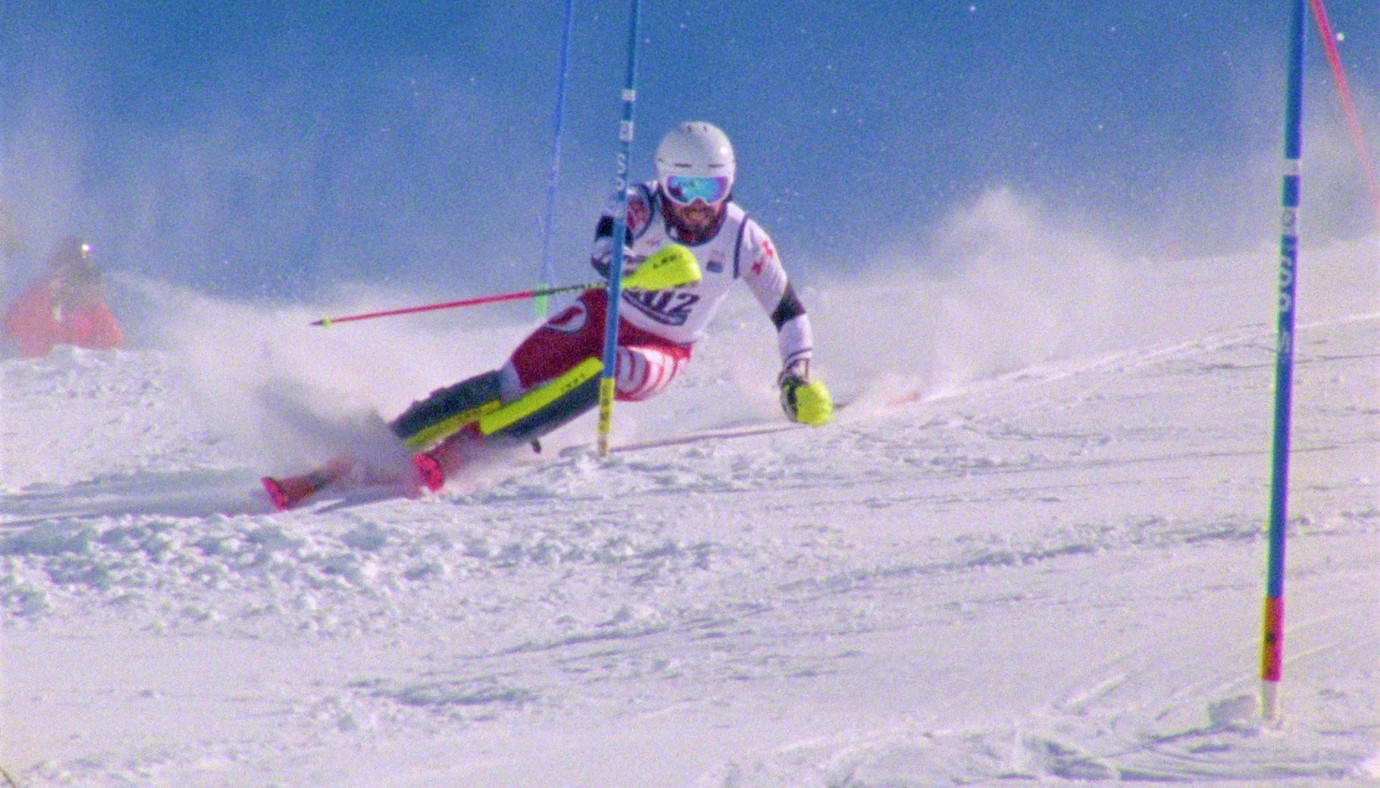
Esquí | Ski by Manque La Banca
ARG, BRA 2021, Forum
© Manque La Banca
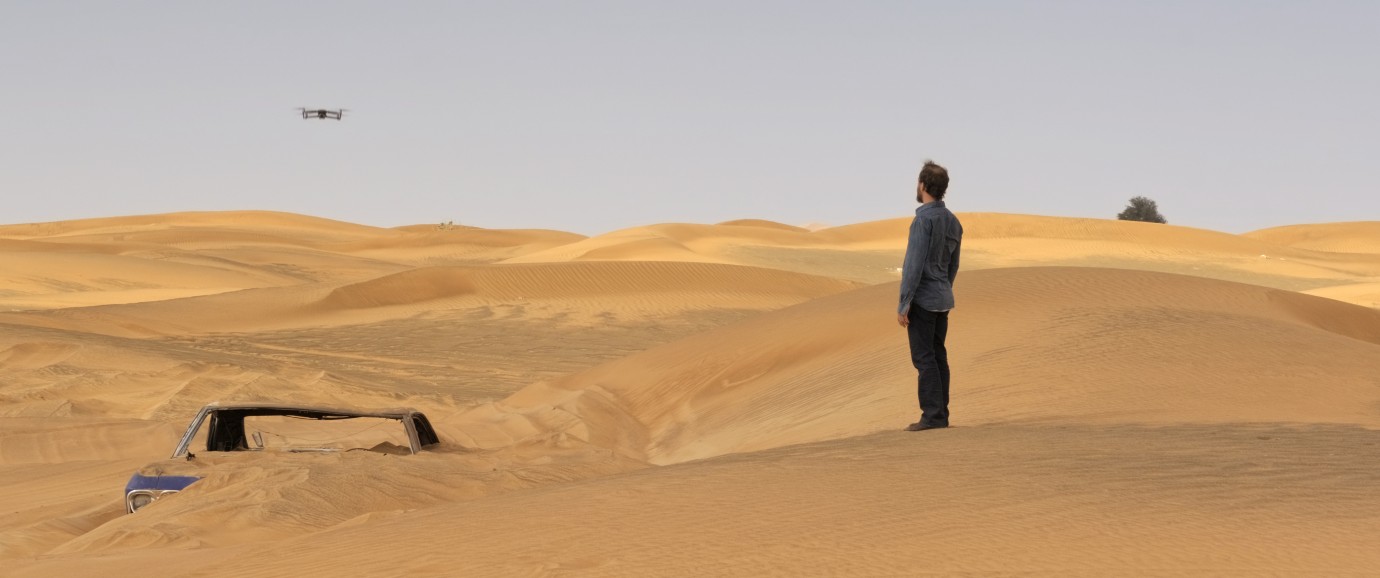
Al-Houbut | The Landing by Akram Zaatari
LBN, ARE 2019, Forum Expanded
© Akram Zaatari

Apiyemiyekî? by Ana Vaz
BRA, FRA, NLD, PRT 2019, Forum Expanded
© Spectre Productions, Stenar Projects

Akiya by Jonna Kina
FIN, JPN, USA 2020, Forum Expanded
© Jonna Kina
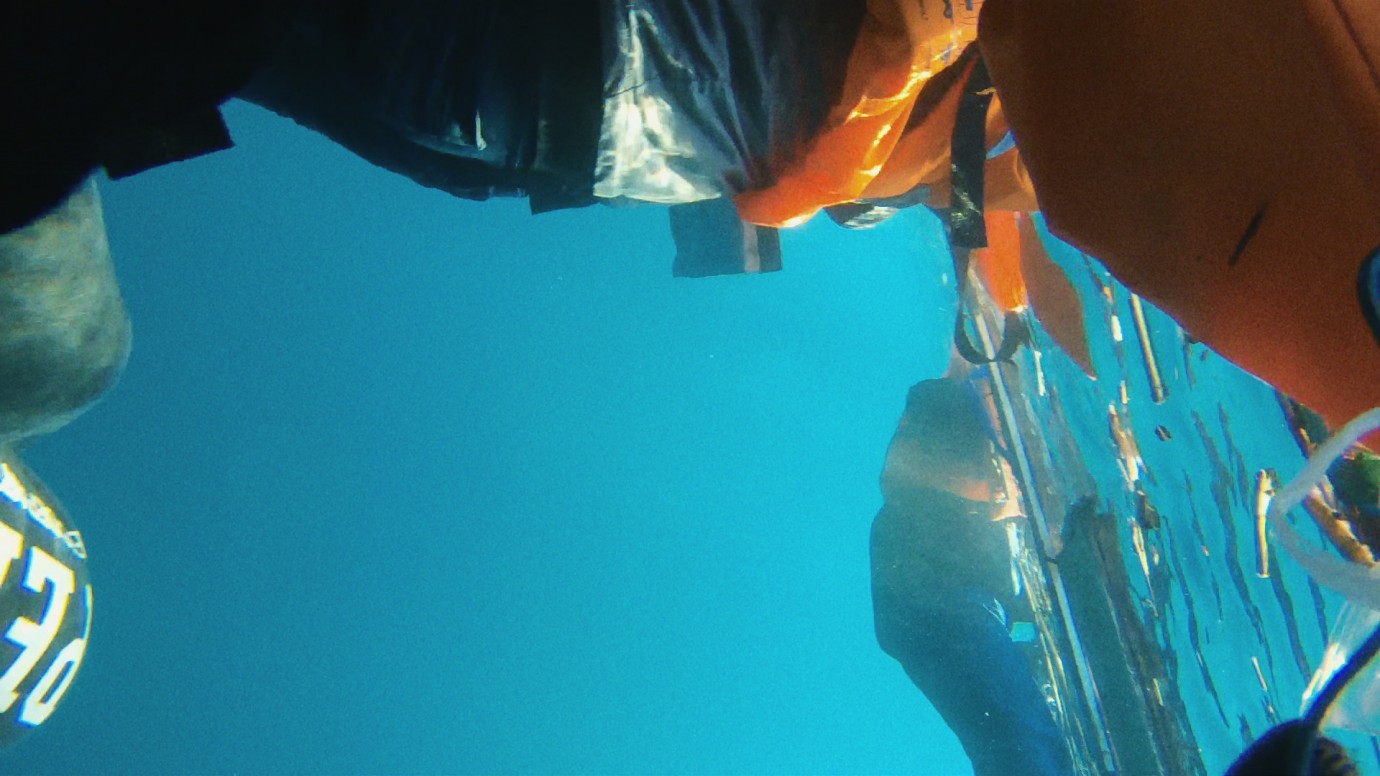
Purple Sea | Das Purpurmeer by Amel Alzakout, Khaled Abdulwahed
DEU 2020, Forum Expanded
© pong Film GmbH
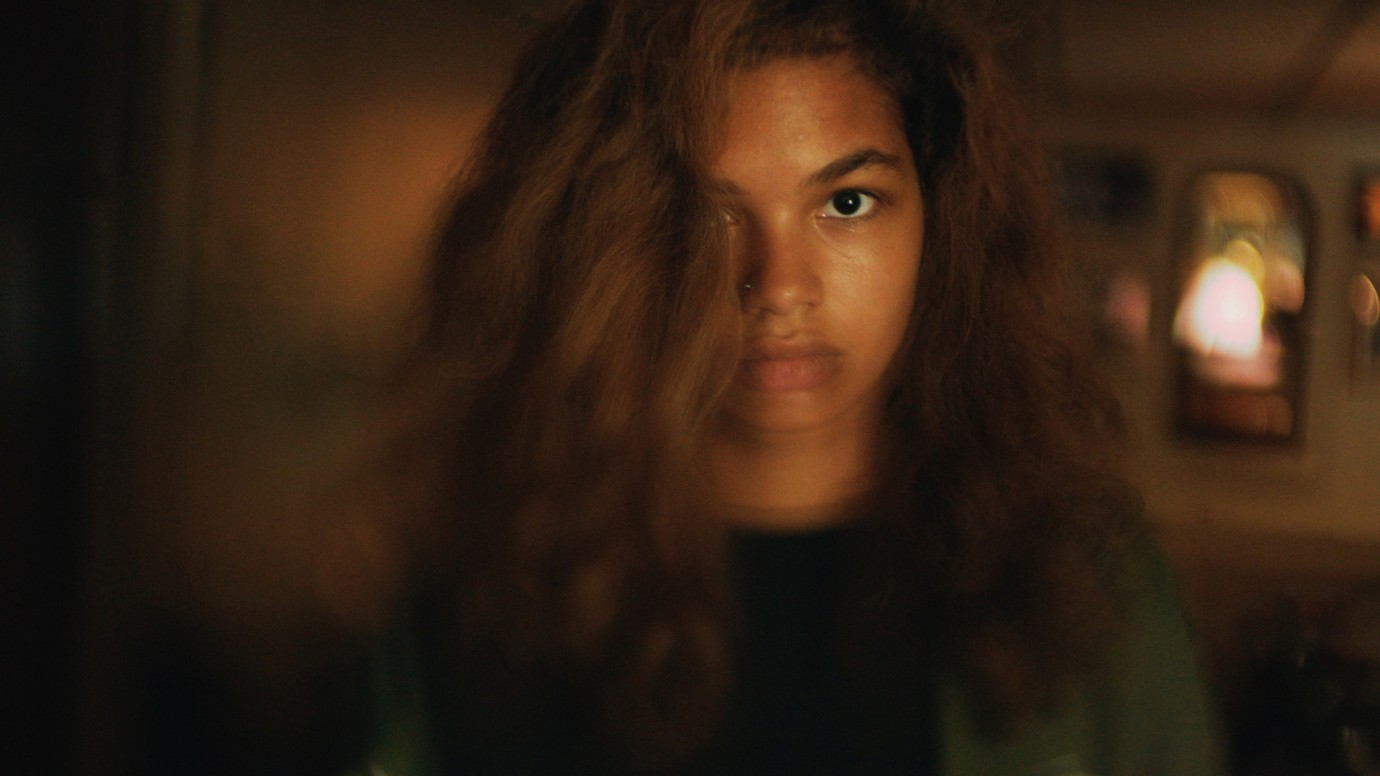
Helena Howard
Madeline's Madeline by Josephine Decker
USA 2018, Forum
© Ashley Connor

La casa lobo | The Wolf House by Cristóbal León, Joaquín Cociña
CHL 2018, Forum
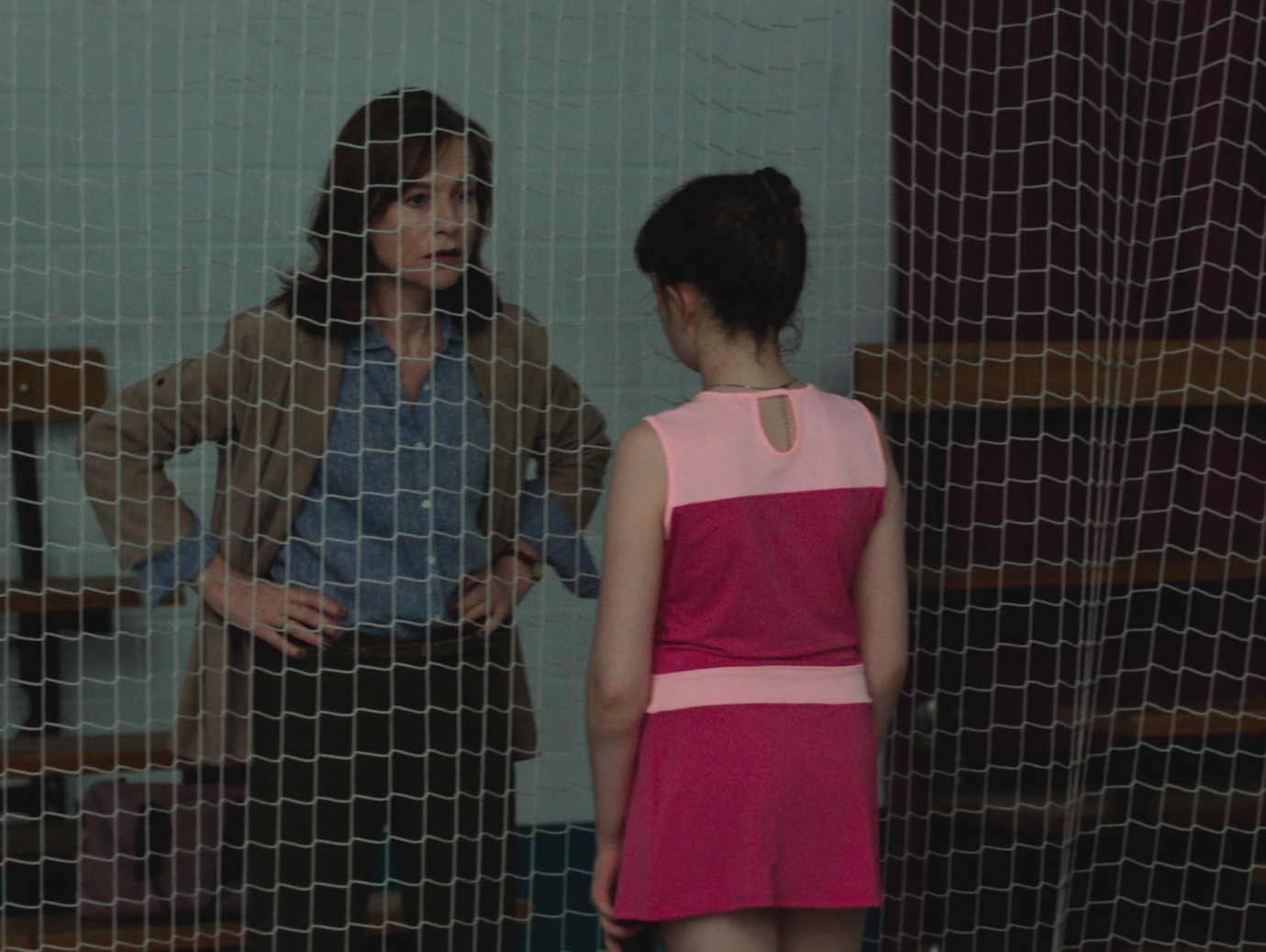
Isabelle Huppert, Thémis Pauwels
Barrage by Laura Schroeder
LUX/BEL/FRA 2017, Forum
© Red Lion
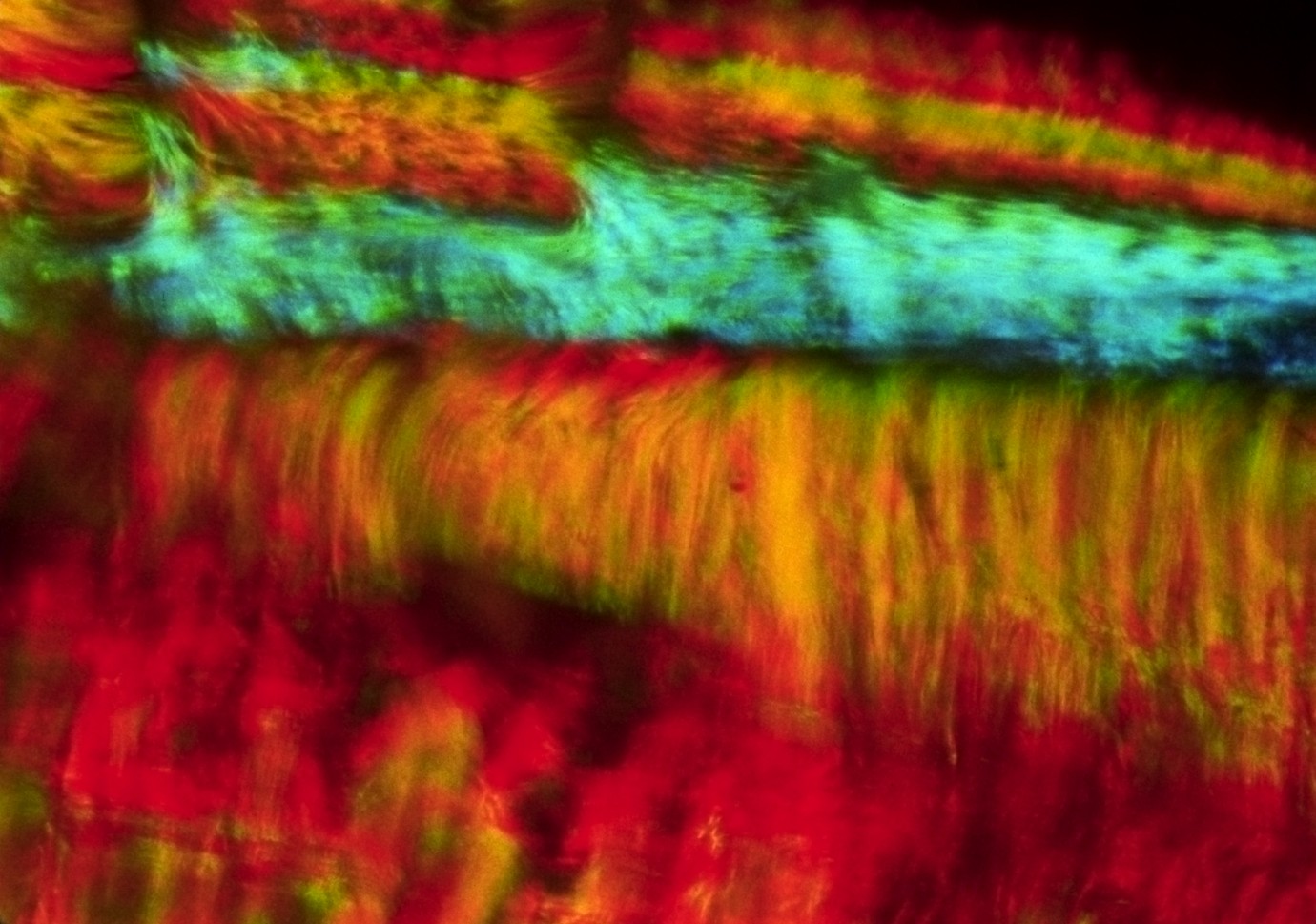
Dark Adaptation by Chris Gehman
CAN 2016, Forum Expanded
© Chris Gehman
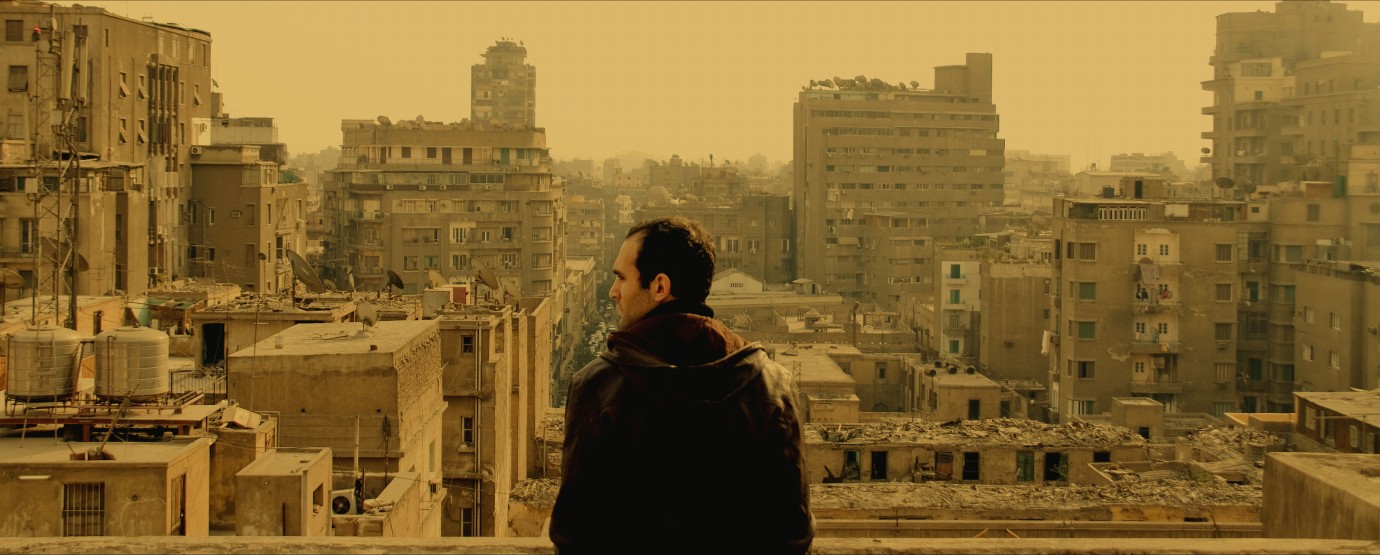
Khalid Abdalla
Akher ayam el madina | In the Last Days of the City by Tamer El Said
EGY/DEU/GBR/ARE 2016, Forum
© Zero Production
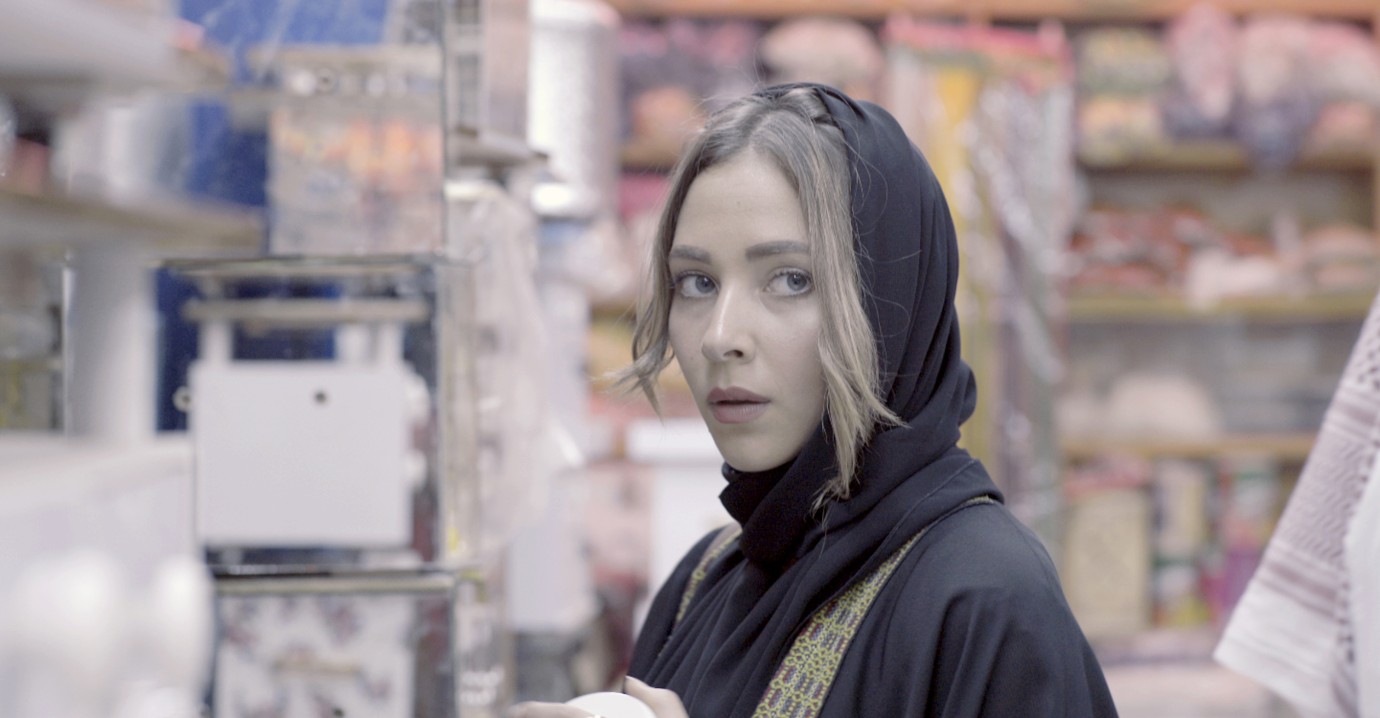
Fatima AlBanawi
Barakah yoqabil Barakah | Barakah Meets Barakah by Mahmoud Sabbagh
SAU 2016, Forum
© El-Housh Productions
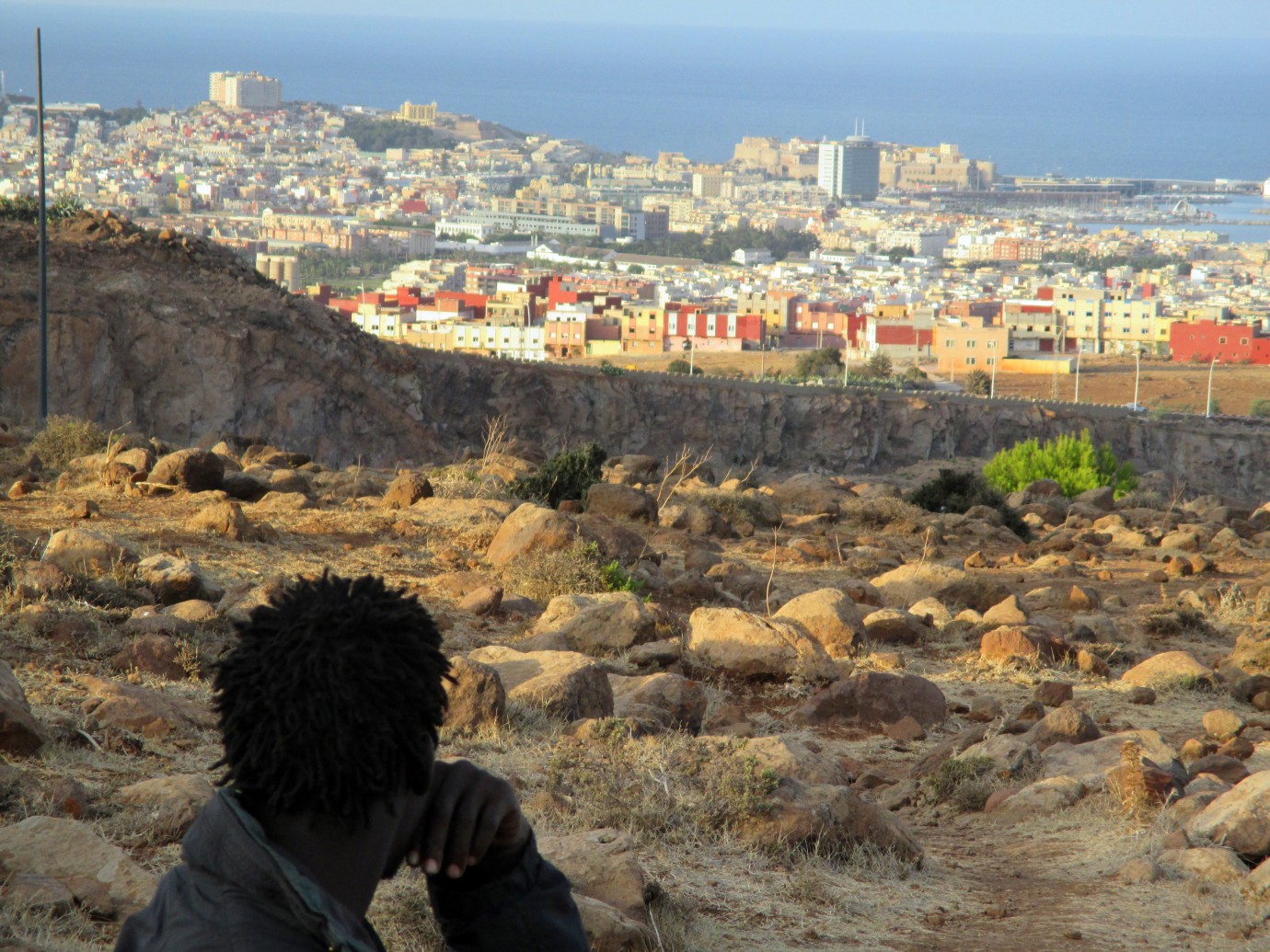
Les Sauteurs | Those Who Jump by Moritz Siebert, Estephan Wagner, Abou Bakar Sidibé
DNK 2016, Forum
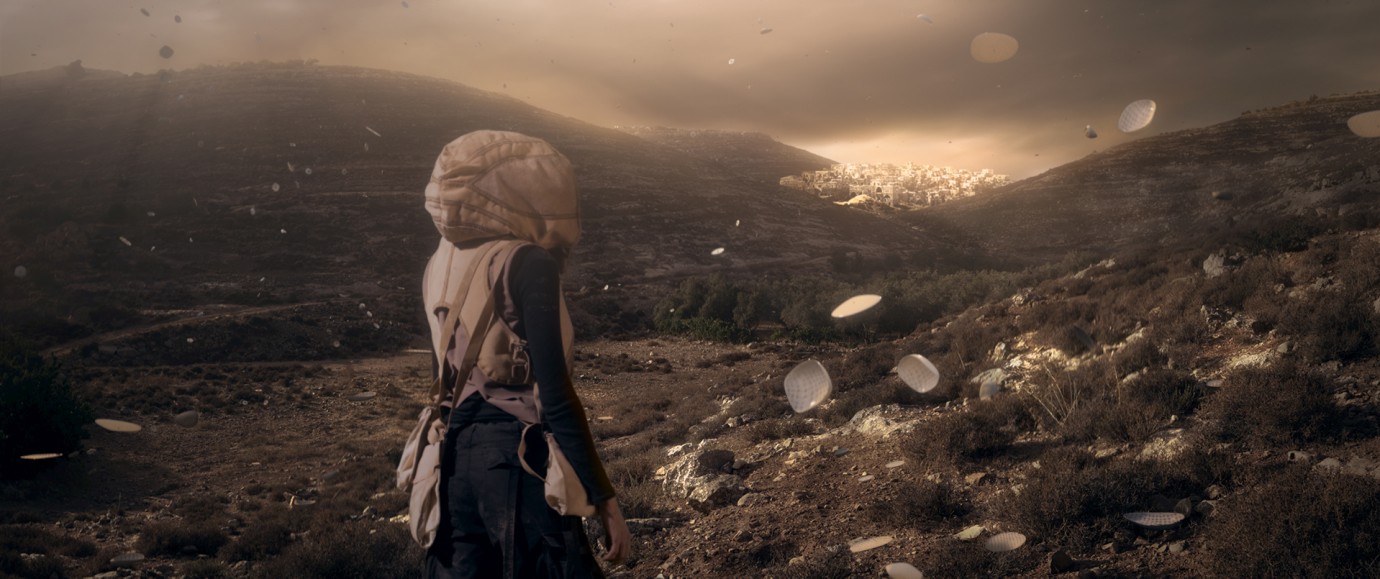
In the Future They Ate from the Finest Porcelain by Larissa Sansour, Søren Lind | Forum Expanded 2016
Larissa Sansour, Søren Lind © mec film
Forum Expanded
Larissa Sansour, Søren Lind © mec film
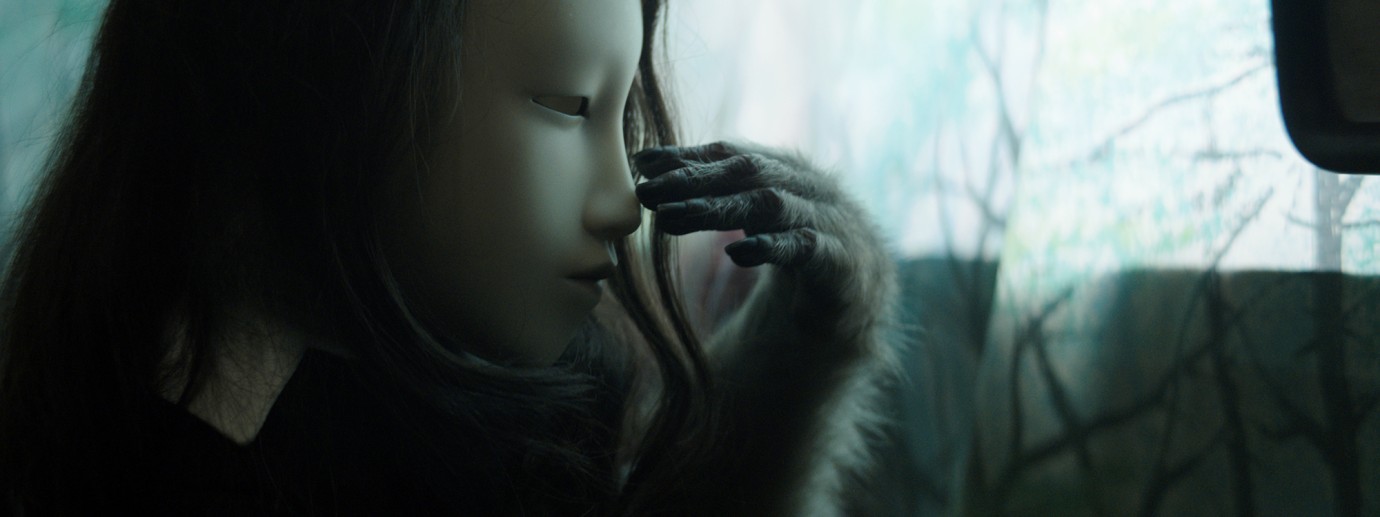
Untitled (Human Mask) by Pierre Huyghe
FRA 2014, Forum Expanded
Courtesy the artist; Marian Goodman Gallery, New York; Hauser & Wirth, London; Esther Schipper, Berlin; and Anna Lena Films, Paris
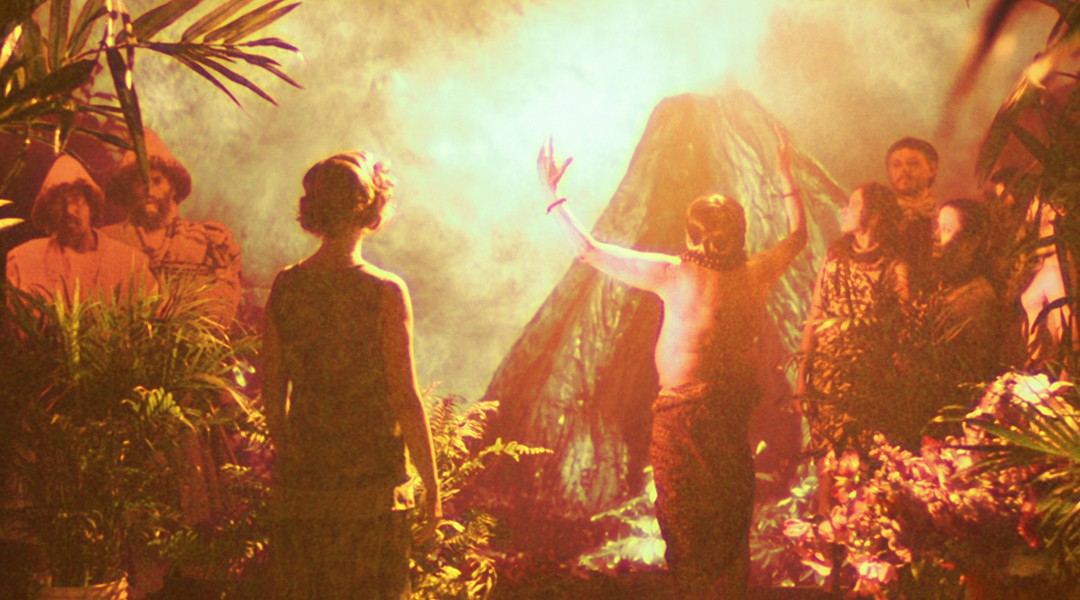
The Forbidden Room by Guy Maddin, Evan Johnson
CAN 2015, Forum
© Galen Johnson
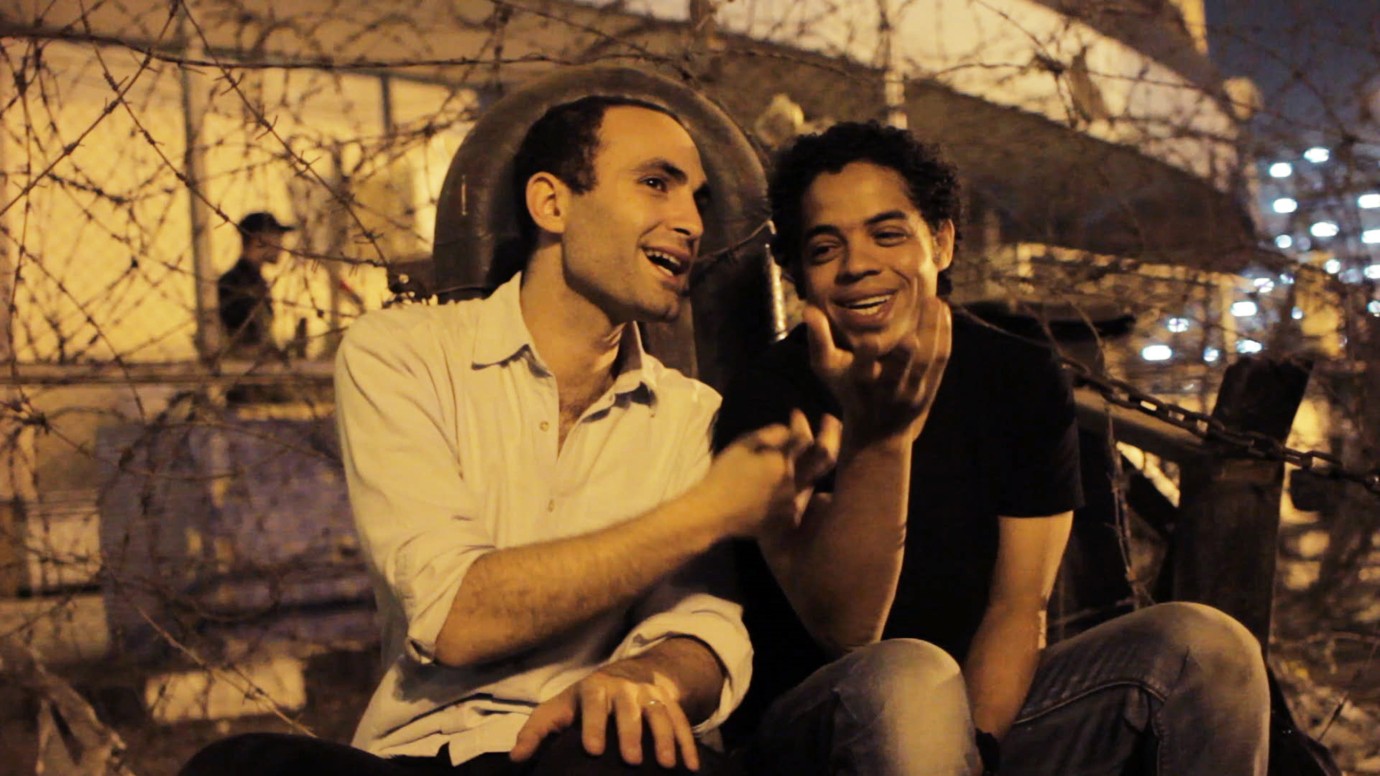
Al midan | The Square by Jehane Noujaim
USA/EGY 2013, Forum
Courtesy of Noujaim Films
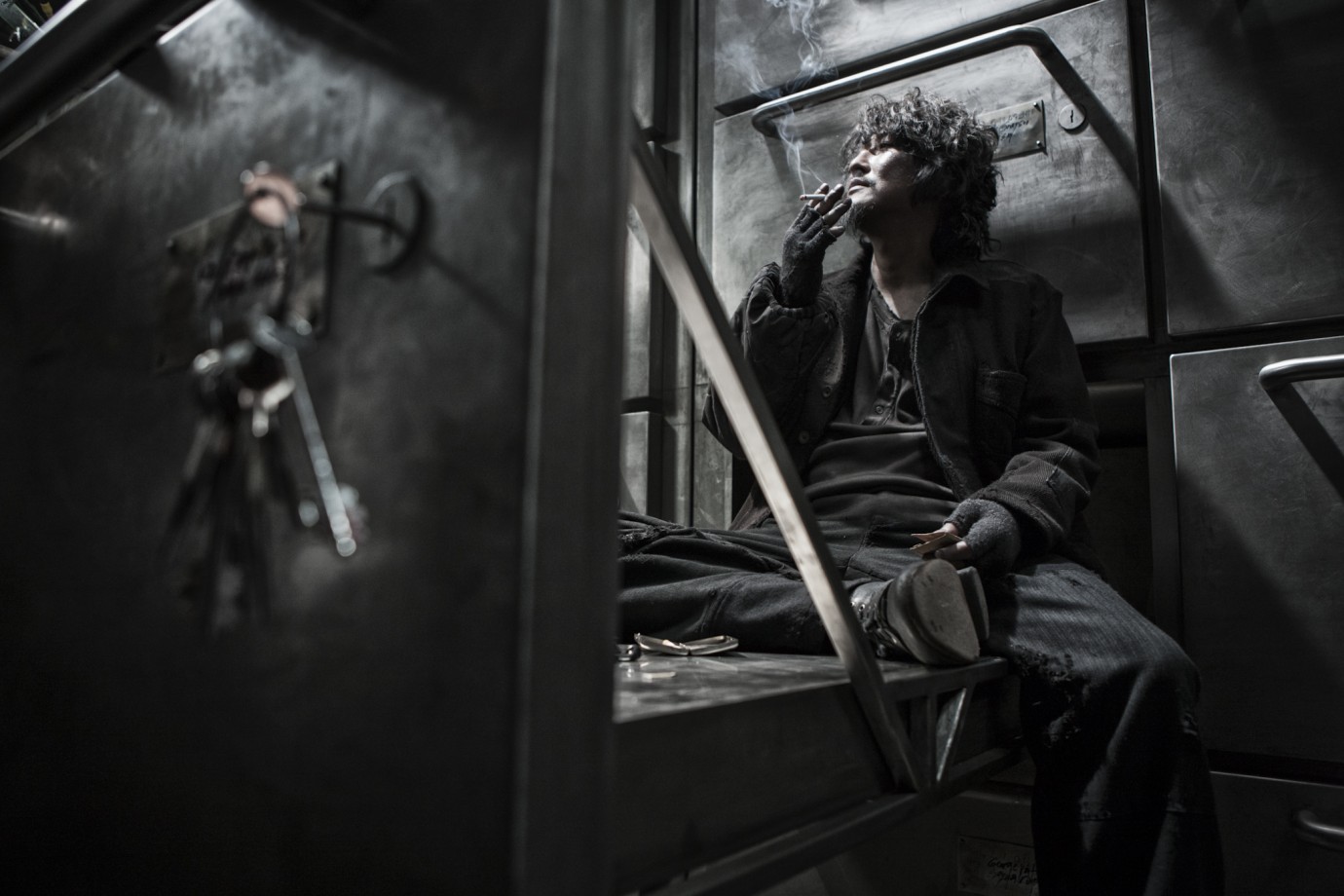
Song Kang-ho
Seolguk-yeolcha | Snowpiercer by Bong Joon Ho
KOR 2013, Forum
Courtesy of Snowpiercer Ltd.
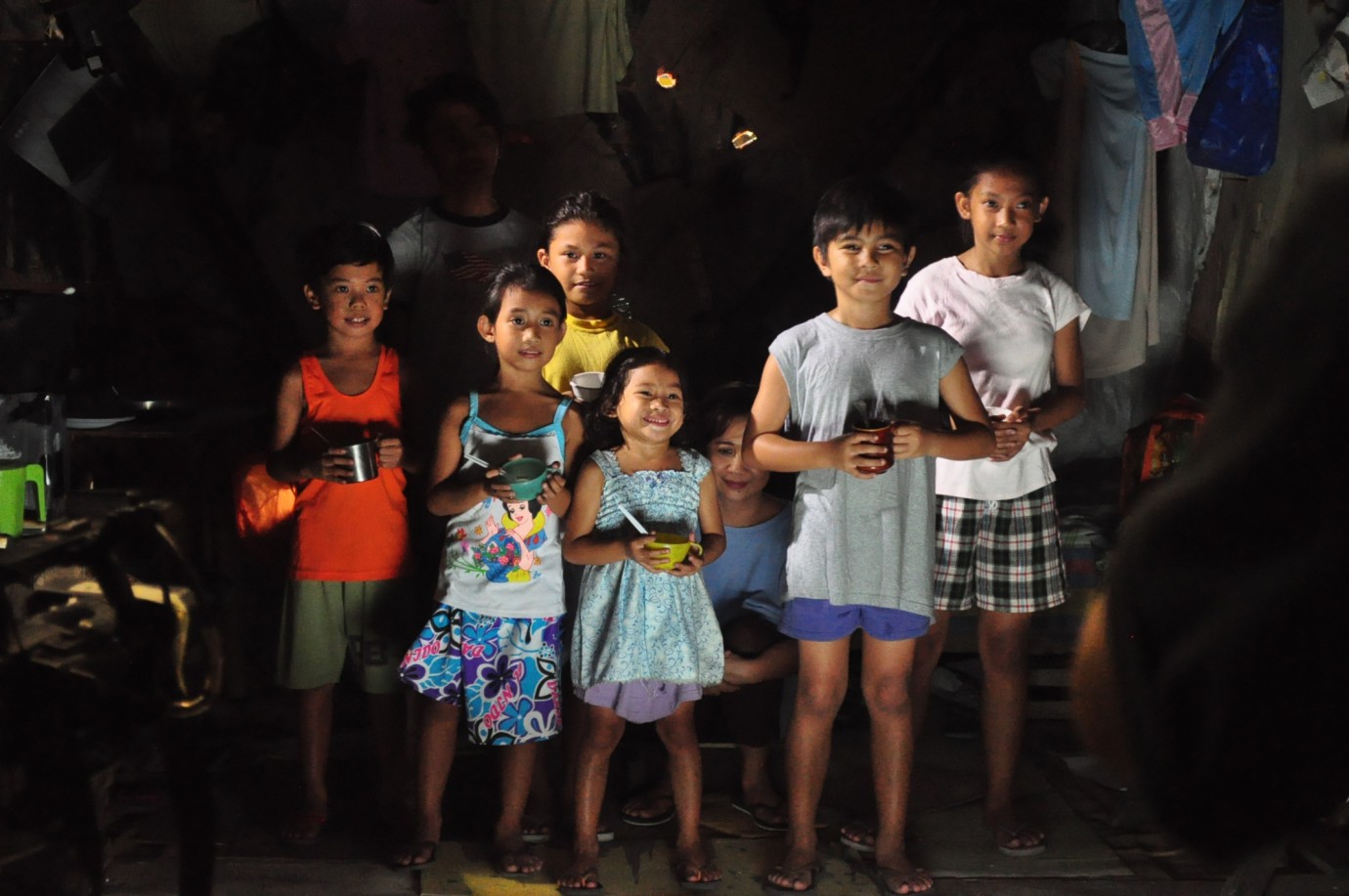
Ang Babae sa Septic Tank | The Woman in the Septic Tank by Marlon N. Rivera
PHL 2011, Forum
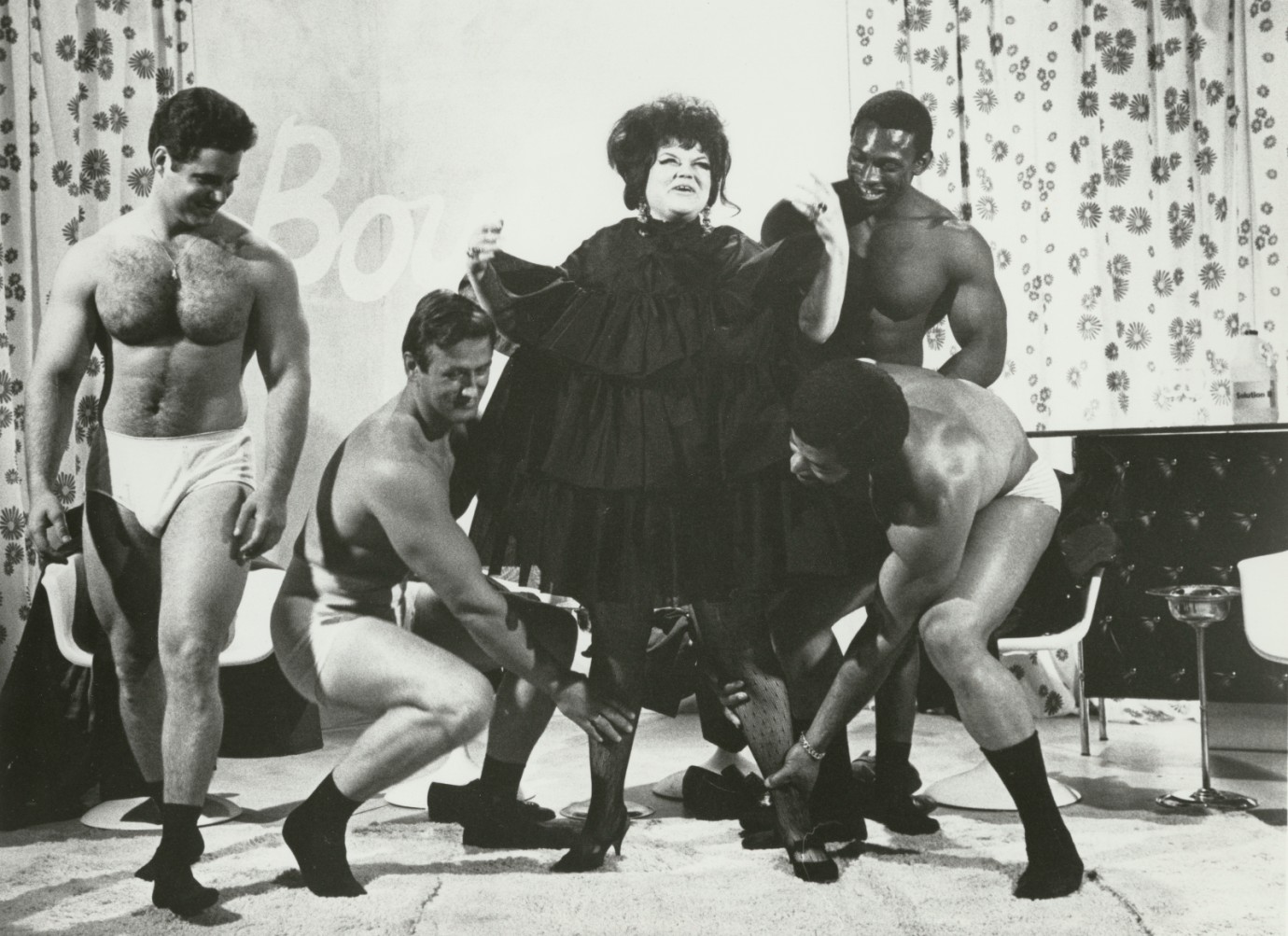
Tally Brown
Brand X by Wynn Chamberlain
USA 1970, Forum
© Gianfranco Mantegna, care of the New York Public Library
The Forum and Forum Expanded stand for reflections on the medium of film, socio-artistic discourse and a particular sense for the aesthetic.
The programmes of the Forum and Forum Expanded aim to expand the understanding of what film is, to test the boundaries of convention and open up fresh perspectives to help grasp cinema and how it relates to the world in new ways. The programmes can include anything that serves these ends: contemporary and historical, analogue and digital film, installation art, performance and music.
The Forum and Forum Expanded are programmes independently curated and organised by Arsenal – Institute for Film and Video Art as part of the Berlinale.
What fits into the programme is defined by the filmmakers’ stance towards their medium rather than the question of what commercial potential a film may have. The cinematic form is never subordinate to the content. Both selection committees see their selections as a laboratory and a workshop.
The annual selection of typically around 40 films for the Forum focuses on contemporary international cinema productions and eschews conventional distinctions, such as that between fiction film and documentary. With usually around 30 short and feature-length films, a group exhibition, stage and panel events, Forum Expanded provides an open platform for film formats from a broader range of disciplines, including visual art, theatre, performance, music and the media. In combination with the impetus given by politics and society, these works create a discursive framework of a deliberately international character which has the potential to grasp cinema anew and change it in lasting ways.
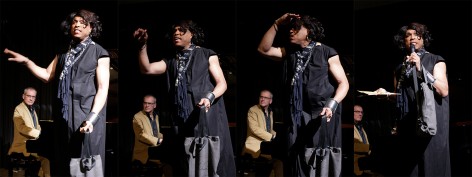
Daniel Hendrickson and Vaginal Davis during the performance Rising Stars, Falling Stars – Sweet 16mm Never Been Kissed in 2017
A key feature of the Forum and Forum Expanded are their close affiliation with Arsenal and its year-round cinema programme, distribution arm and in-house archive (the Living Archive). Arsenal’s curatorial work provides impulses for the festival programme which can in turn be expanded on and explored in greater depth in the work carried out at the cinema. The Arsenal’s daily film programme and the numerous guests involved in them enable co-operations to be forged with all branches of culture, science and society. By including some of the films from the festival in its range, Arsenal’s distribution arm equally fosters long-term collaboration with filmmakers and artists. The presentation of selected digitisation and restoration projects at the Forum and Forum Expanded also places them within a contemporary cinema context.
The heated public discussions which defined the early years of the Forum, when it stood “between the barricades and the ivory tower”, as the title of a book published for its 30th anniversary put it, still play an important role in the film culture and cinematic discourse nurtured by the Forum and Forum Expanded to this day. The filmmakers and artists participate in wide-ranging discussions with the audience after every screening. At the lab cinema at the silent green Kulturquartier, where the entire Forum Expanded programme as well as a selection of the Forum programme are presented, post-screening discussions are conducted with those involved in the films themselves as well as additional guests, the idea being to move beyond the individual works and establish broader connections.
Ever since its foundation in 1971, the Forum has published detailed supplementary information on the works shown in its programme. The loose-leaved “Forumsblätter” (“Forum Film Sheets”) issued in its early years are legendary. Today, these texts can be found on the Arsenal website where PDF files of each year’s texts are also archived.
The Forum and Forum Expanded also publish a comprehensive brochure comprising information on all the films and works in the programme as well as further in-depth reading and background information. The types of texts included to this end are as heterogeneous as the films in the programmes, ranging from essays, analyses and poetry all the way to illustrations and commentaries.
Barbara Wurm has been heading the section since August 2023. Ulrich Ziemons heads Forum Expanded since September 2021 (until 2024 together with Ala Younis).
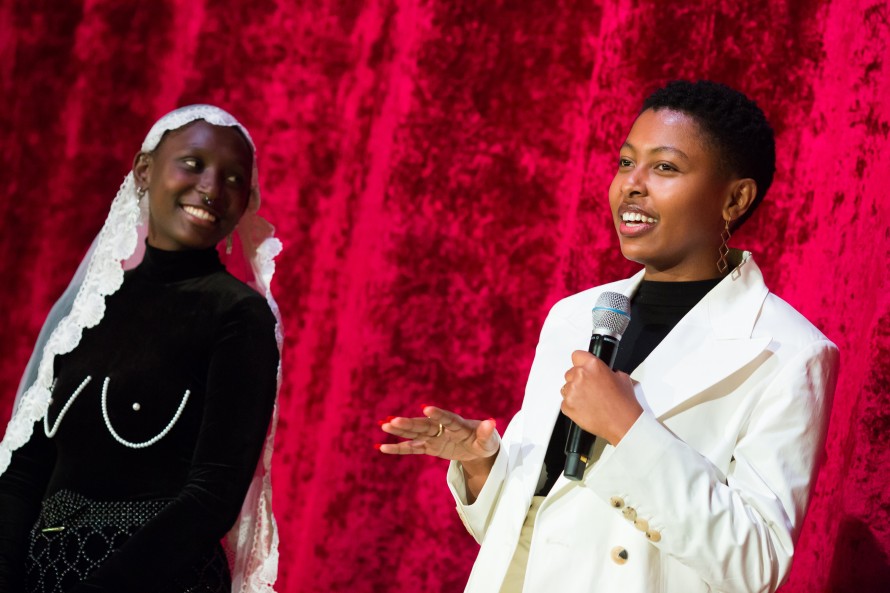
Festival photos from previous editions of Forum and Forum Expanded
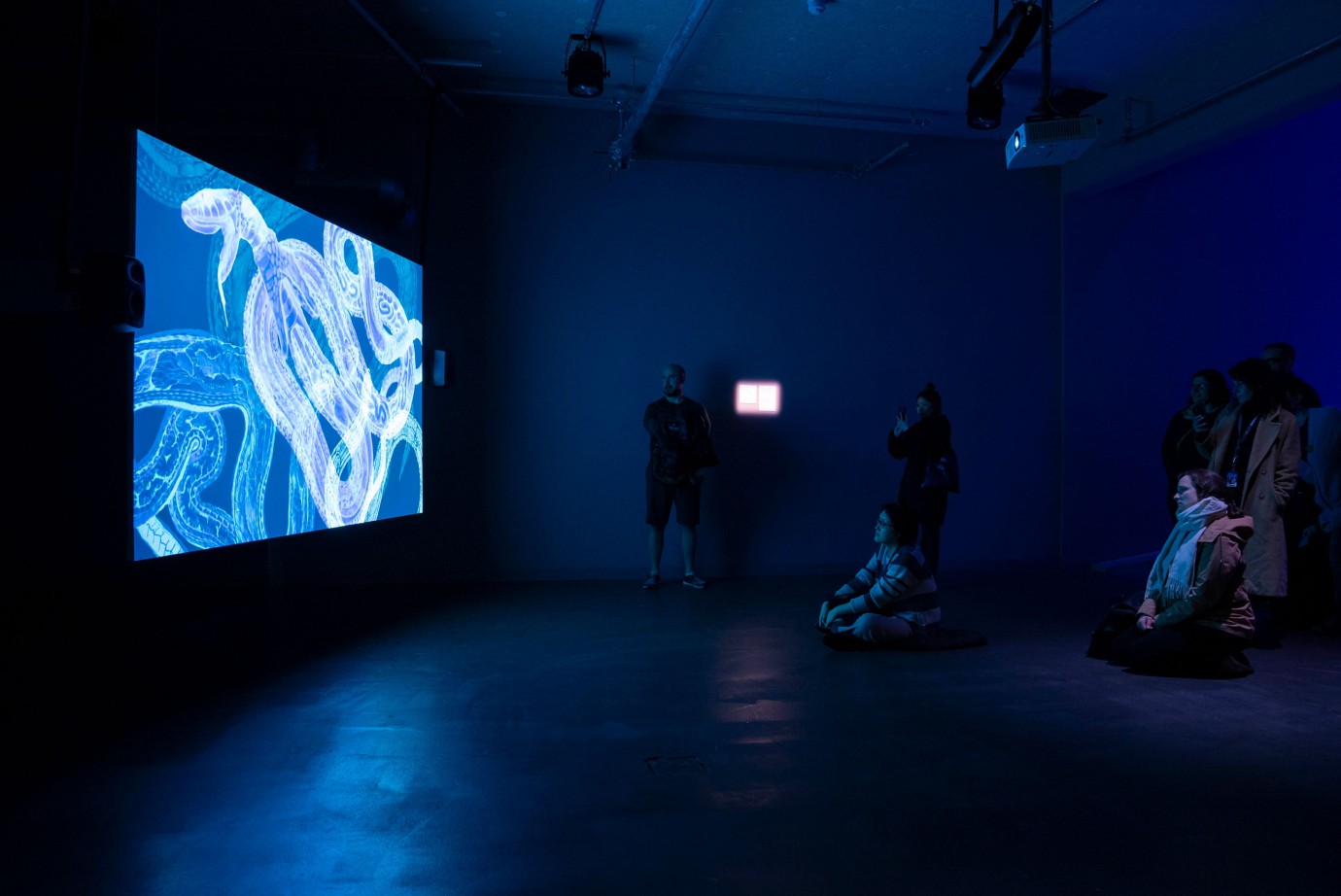
Betonhalle
Visitors watching the installation.
Myanmar Anatomy · Forum Expanded · Feb 16, 2024
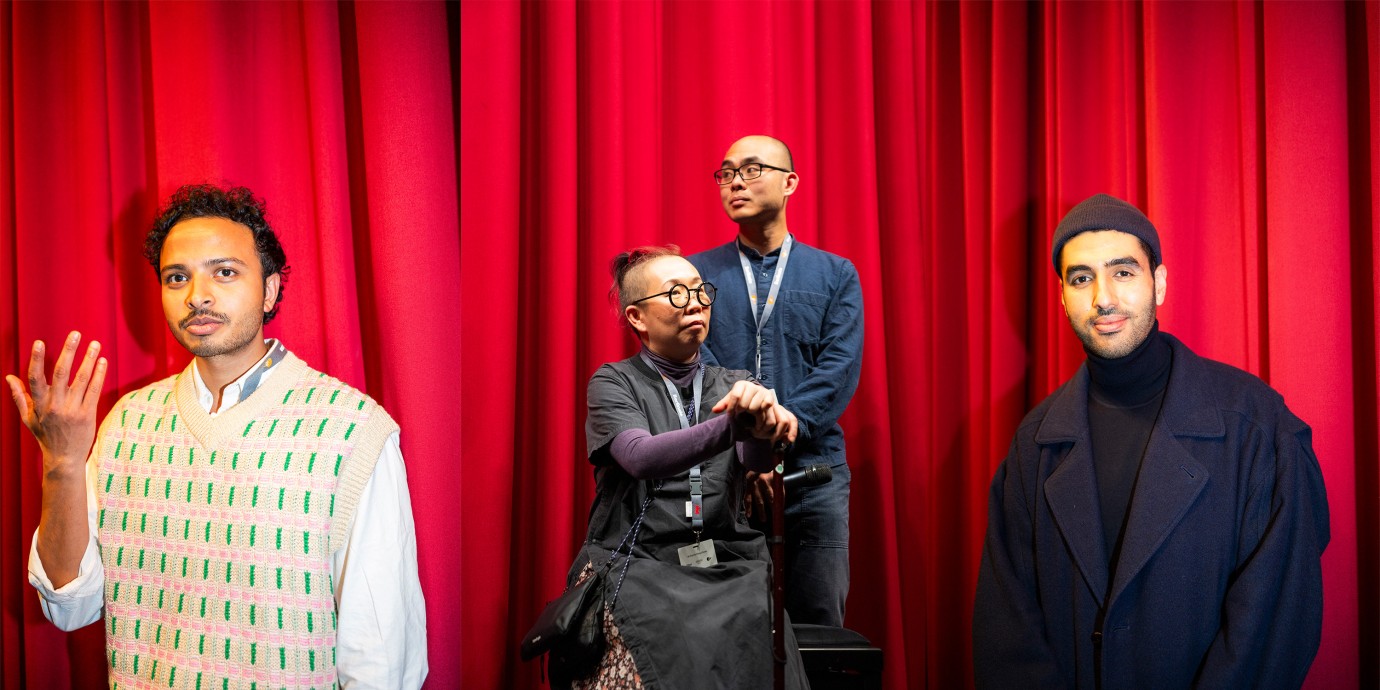
Utkarsh, Elysa Wendi, Wai Shing Lee, Hicham Gardaf
The filmmakers surrounded by red.
Remote Occlusions · Room 404 · In Praise of Slowness · Forum Expanded · Feb 19, 2024
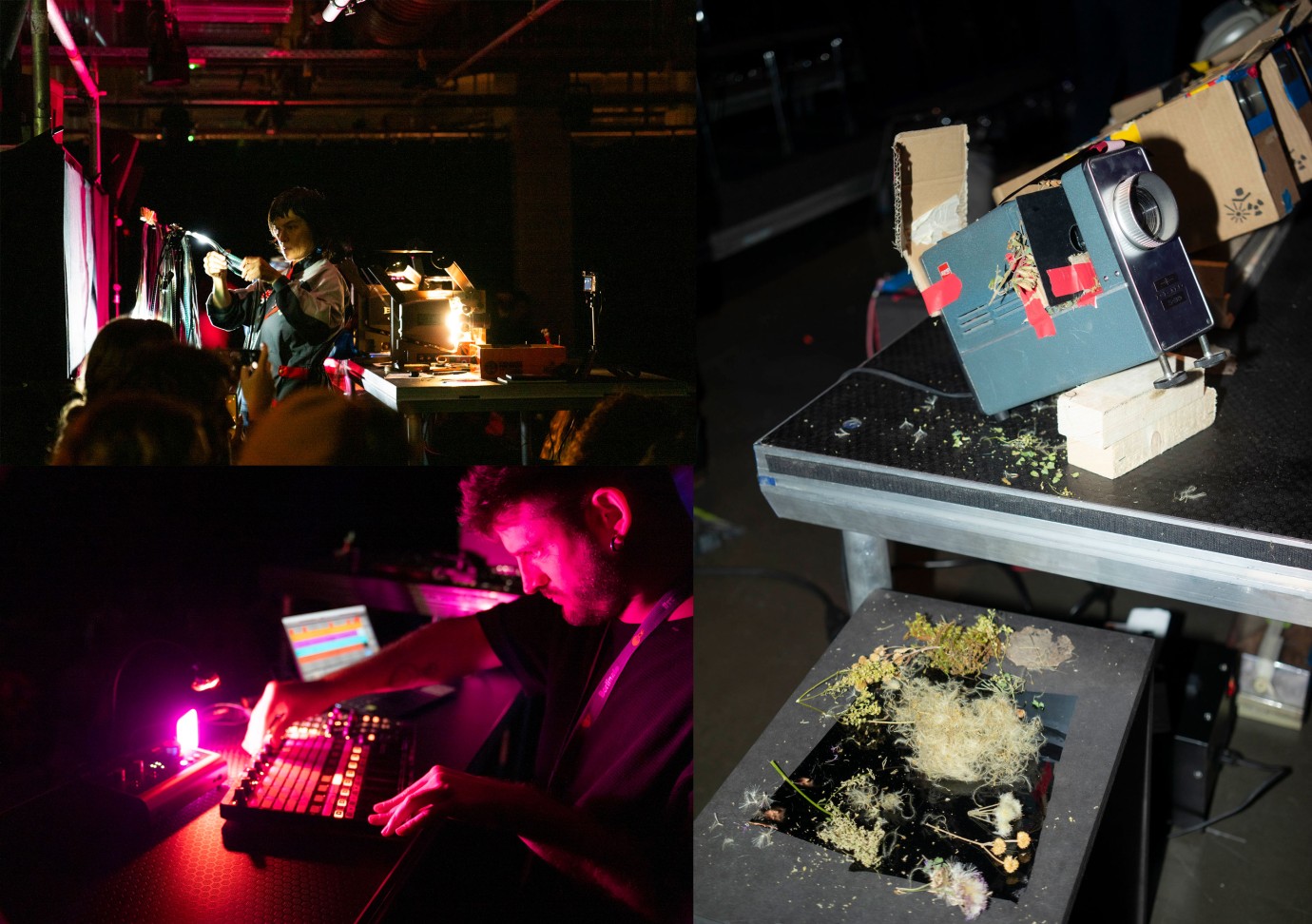
Elena Pardo, Azucena Losana, Tómas Novoa
The artists, the music and the materials of the installation.
Nanacatepec · Forum Expanded · Feb 16, 2024
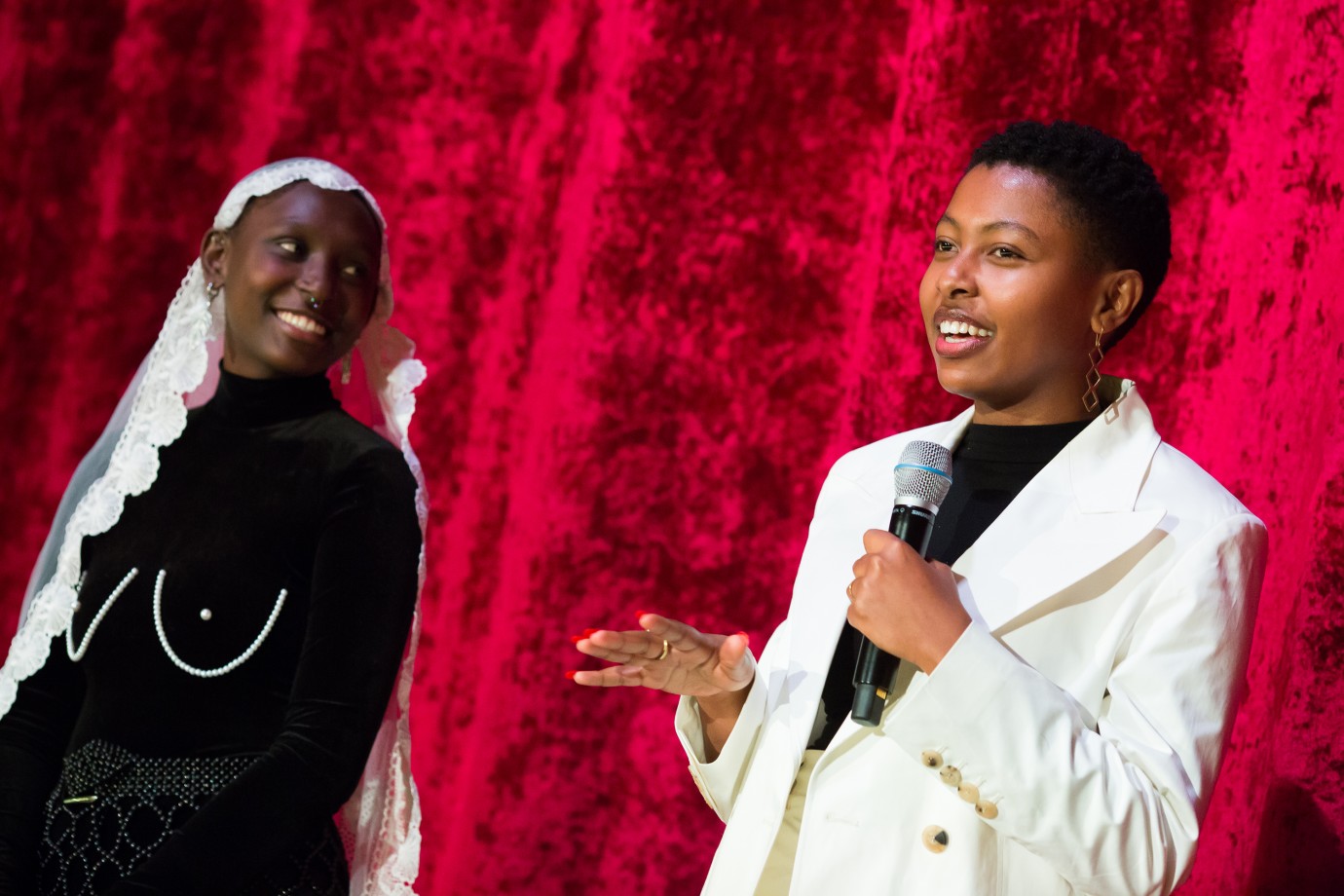
Aline Amike, Sandra Umulisa
The two actors of the film.
The Bride · Forum · Feb 19, 2023
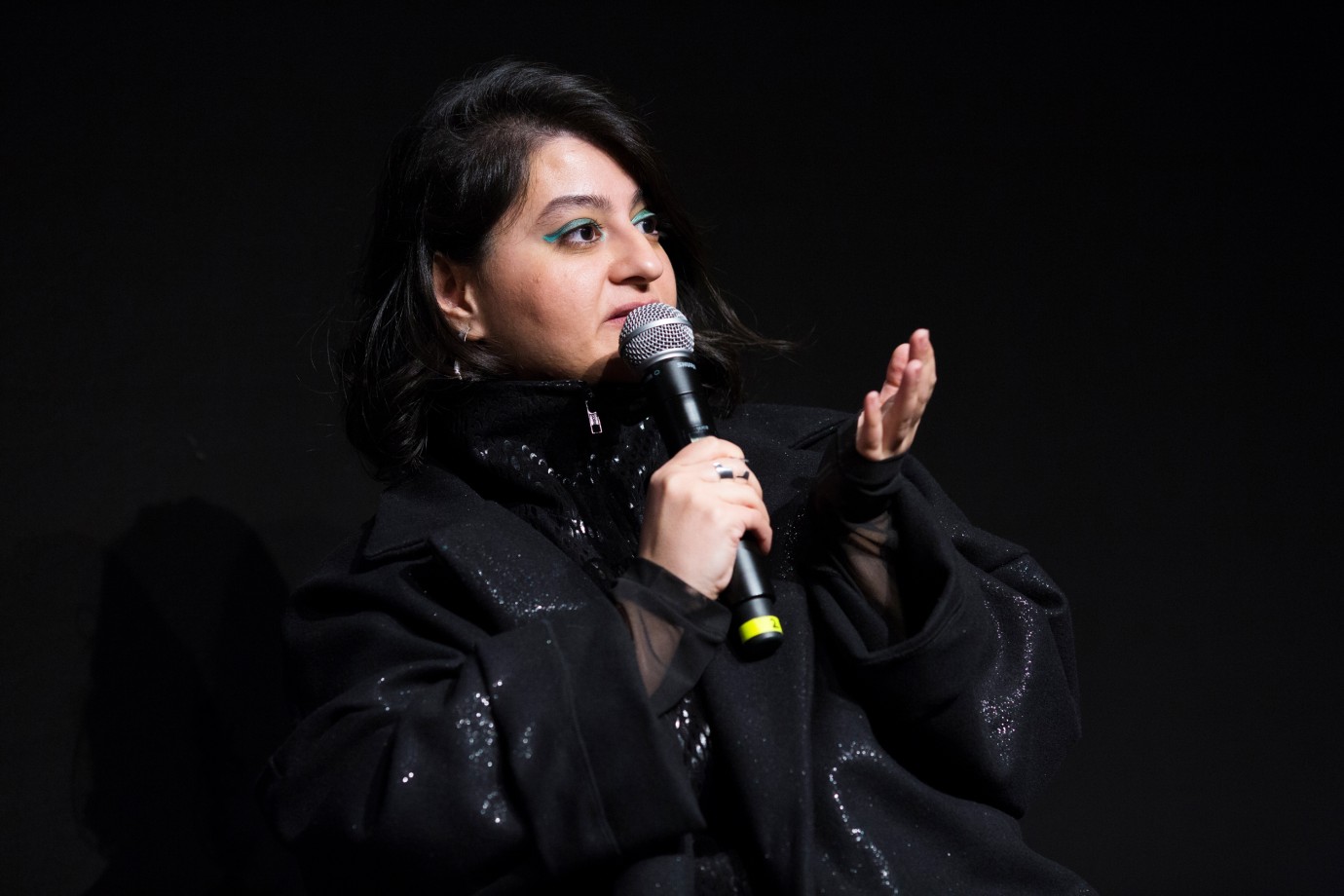
Helin Çelik
The director of the film during the Q&A after the screening.
Anqa · Forum · Feb 17, 2023
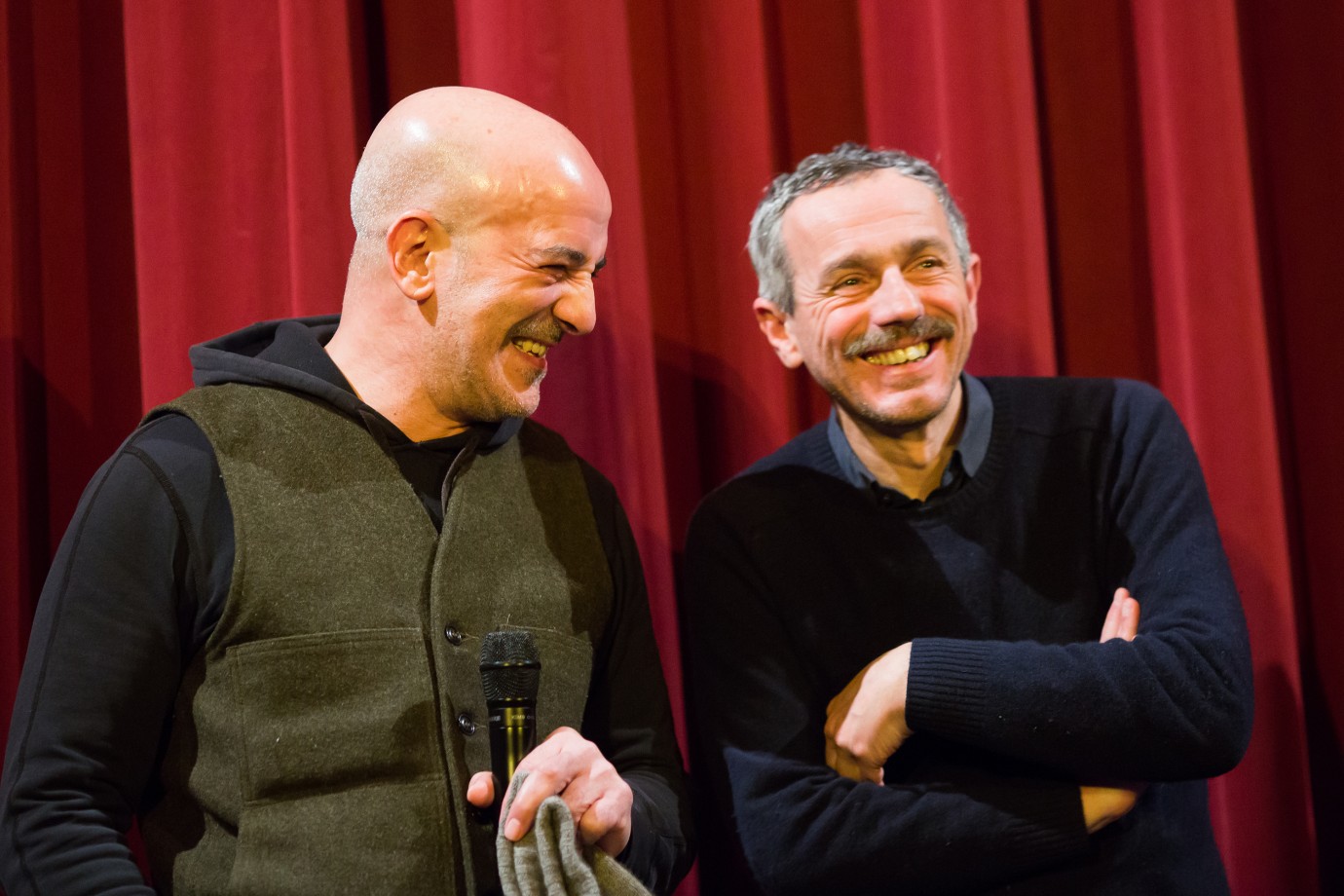
Rabah Ameur-Zaïmeche, Philippe Petit
The French film's director and actor.
Le Gang des Bois du Temple · Forum · Feb 19, 2023
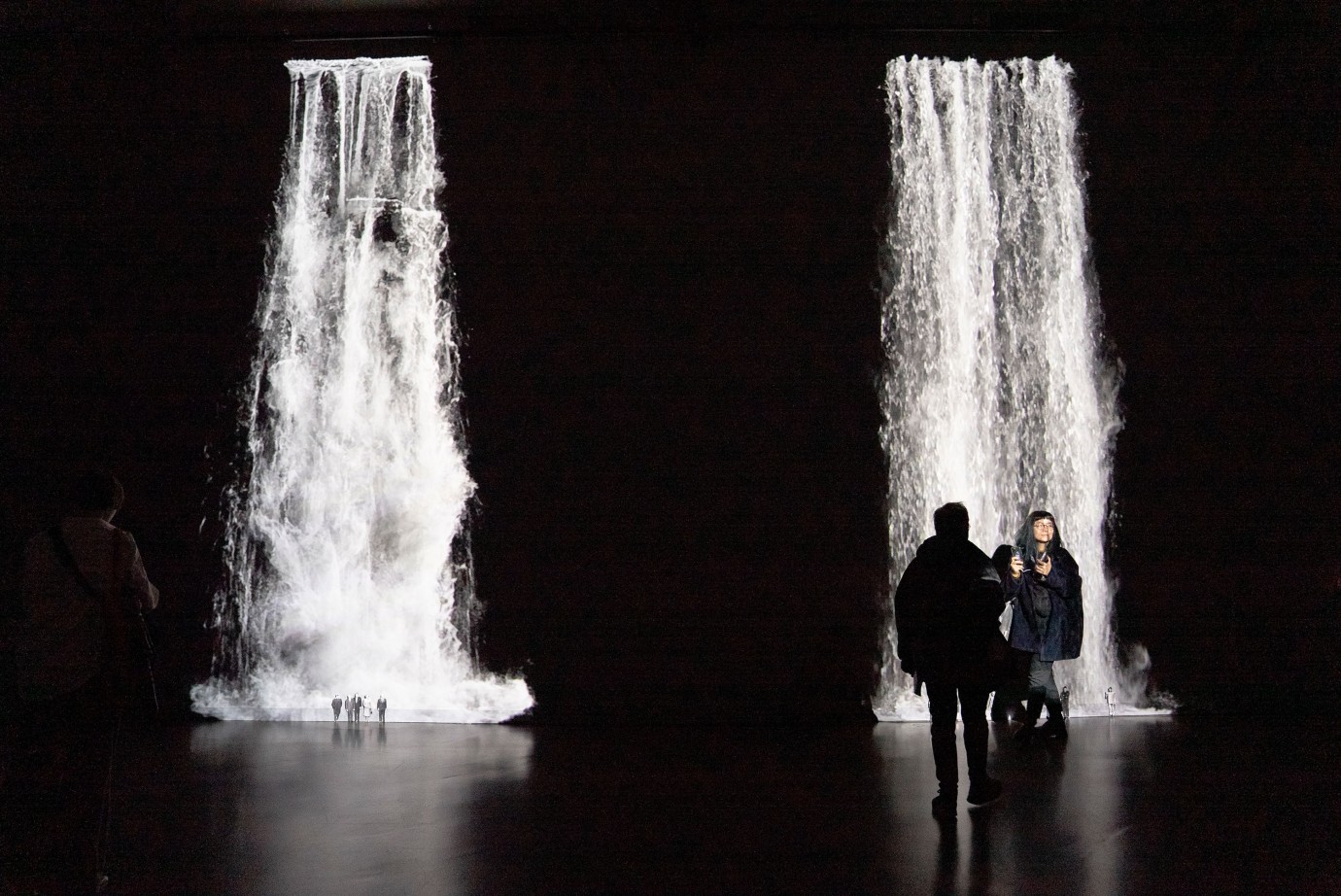
Exhibition opening
An Atypical Orbit.
Comrade leader, comrade leader, how nice to see you · Forum Expanded · Feb 15, 2023
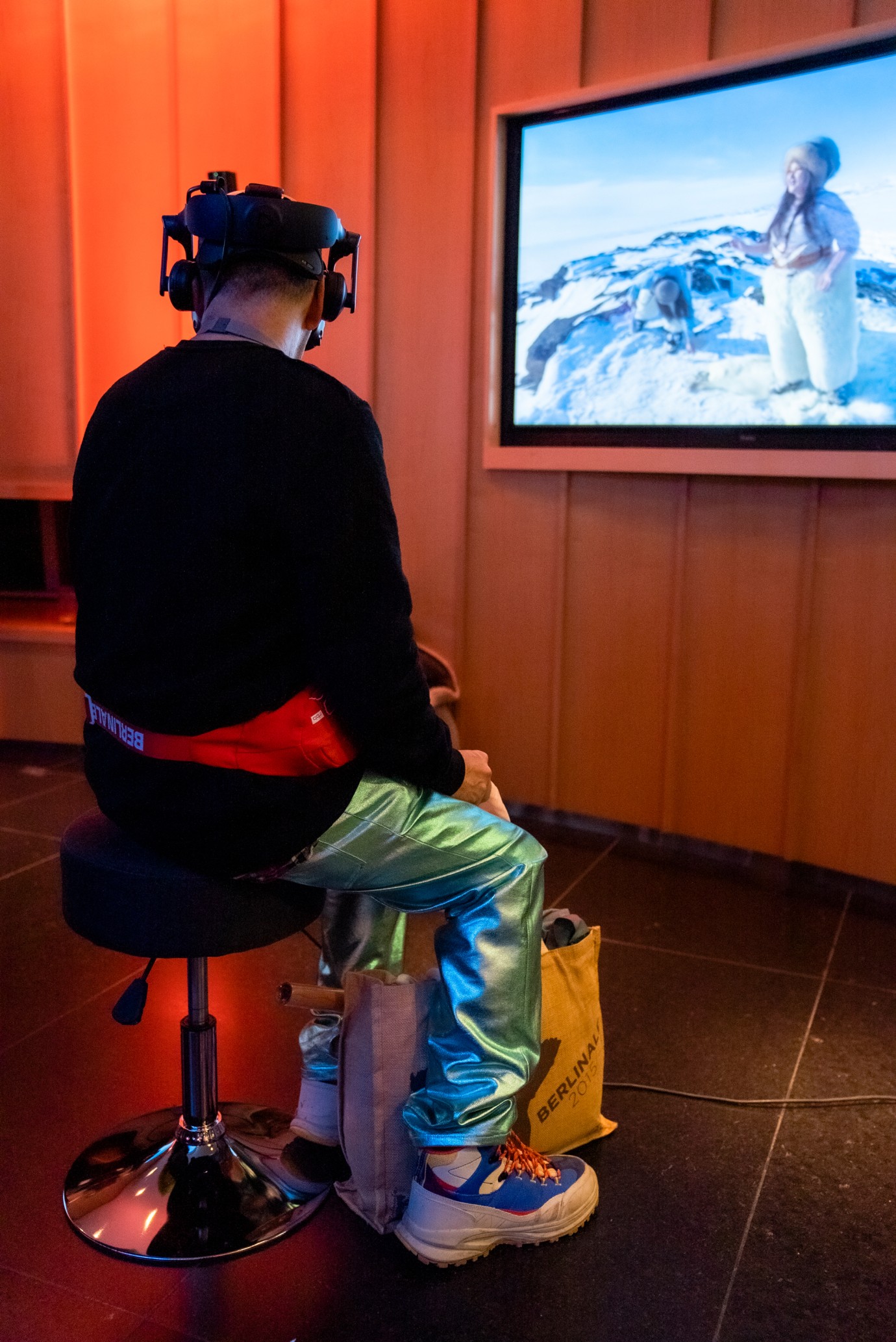
A visitor of the Forum Expanded exhibition
Tartupaluk (Prototype) · Forum Expanded · Feb 17, 2023
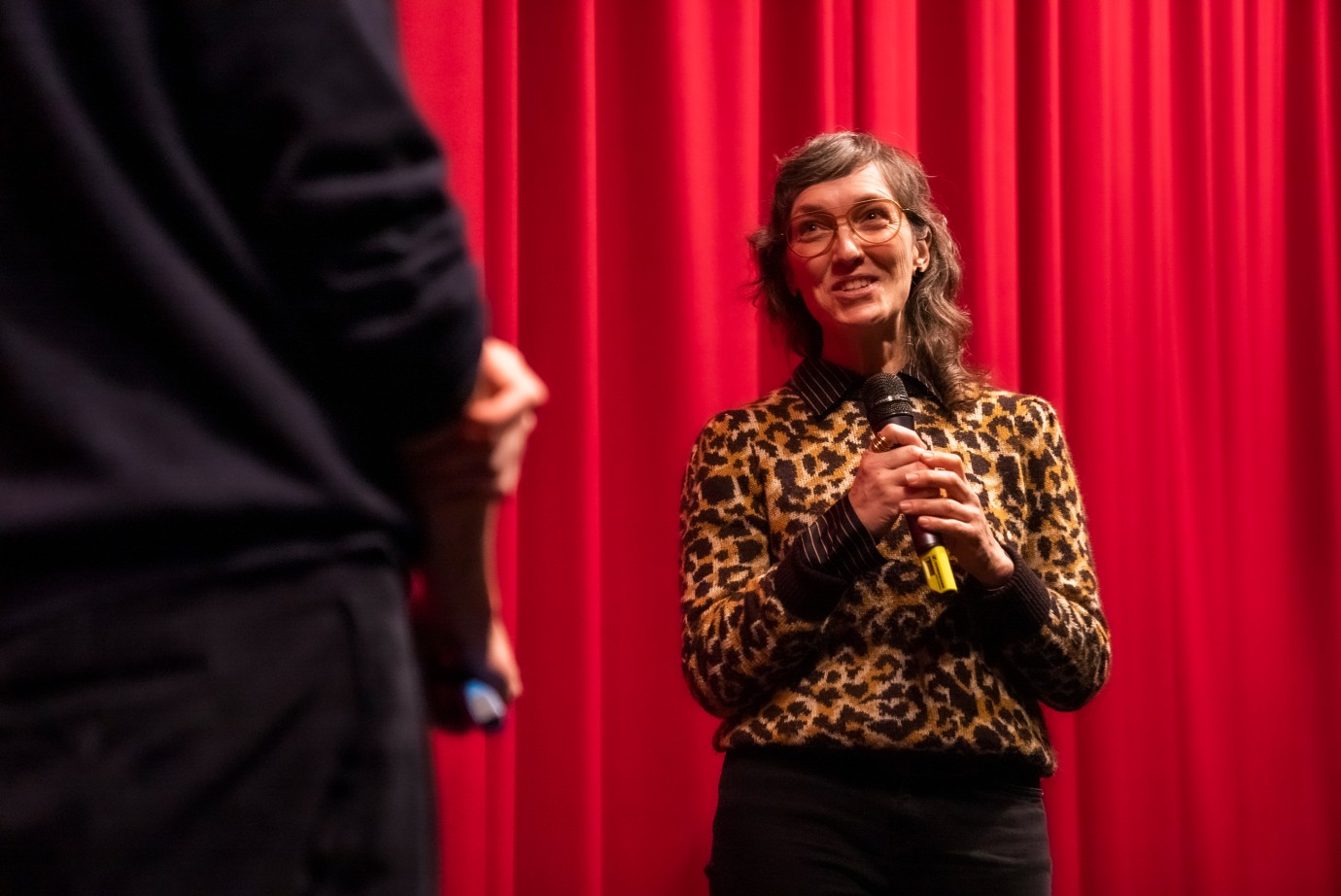
Deborah Stratman
The artist and filmmaker in conversation with the audience.
Last Things · Forum Expanded · Feb 17, 2023
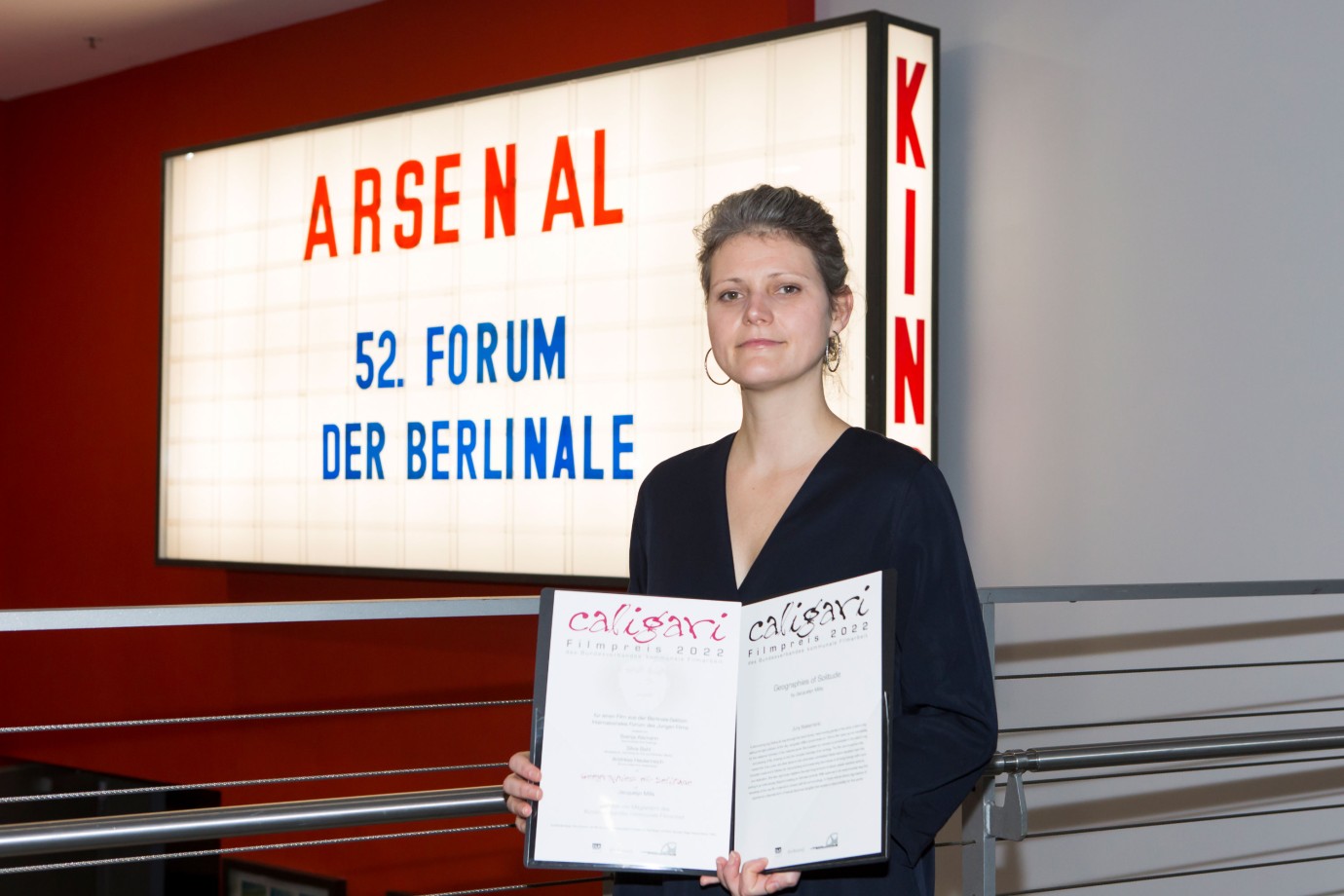
Jacquelyn Mills
The director received the Caligari Film Prize.
Geographies of Solitude · Forum · Feb 16, 2022
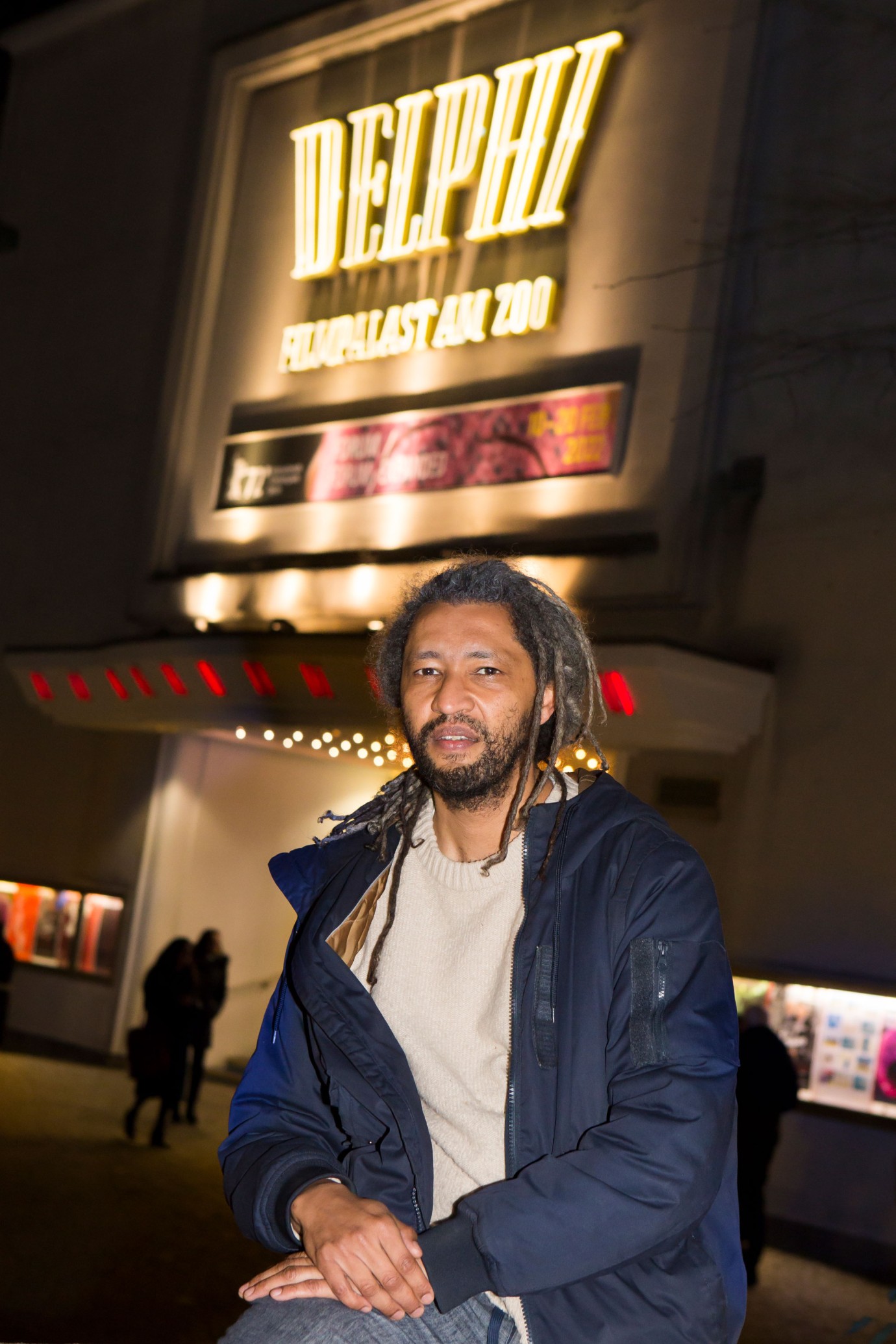
Alain Gomís
The director in front of Delphi Filmpalast.
Rewind & Play · Forum · Feb 15, 2022
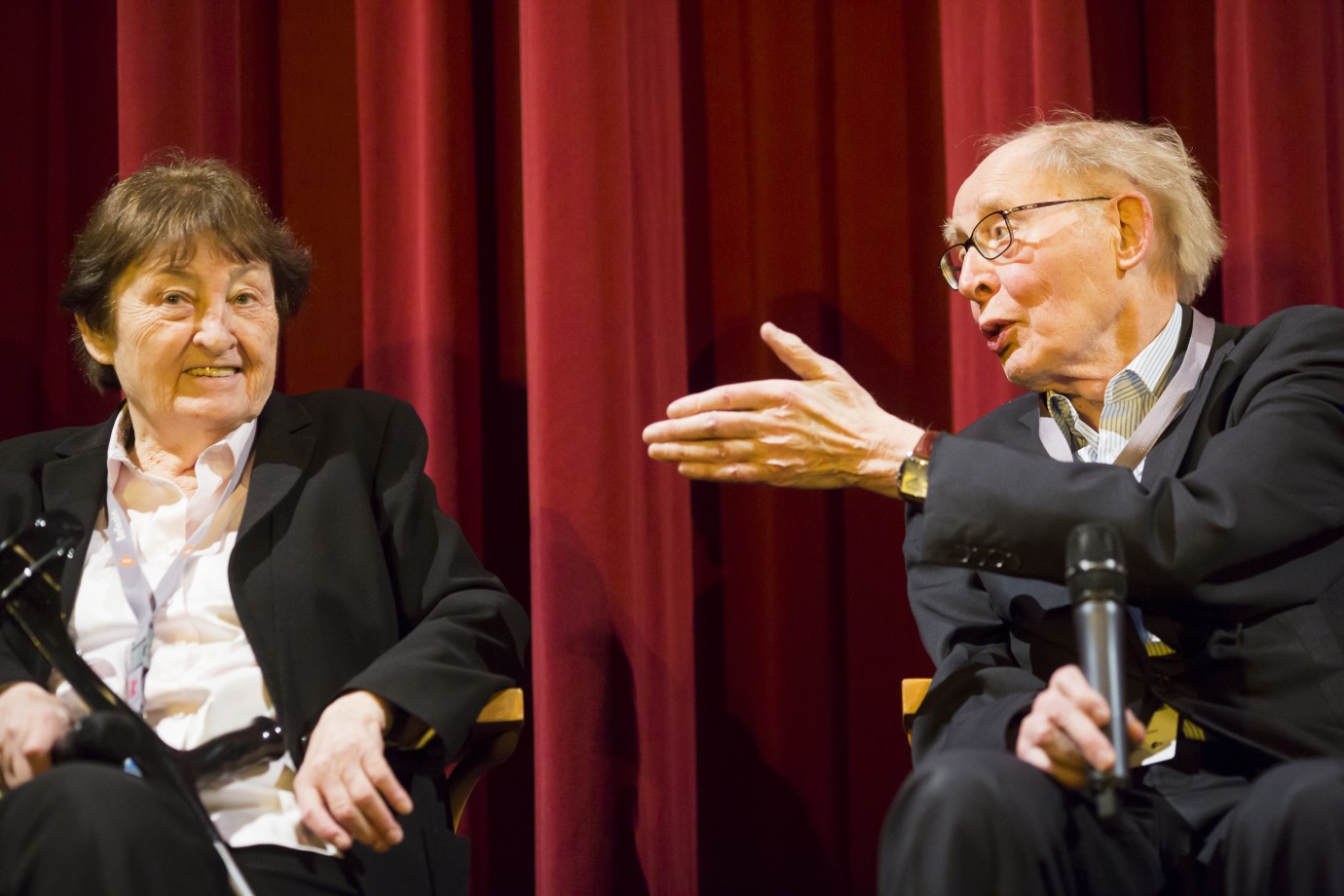
Erika Gregor, Ulrich Gregor
The founders of Kino Arsenal and the International Forum of New Cinema - and the protagonists of the film.
Komm mit mir in das Cinema – Die Gregors · Forum · Feb 13, 2022
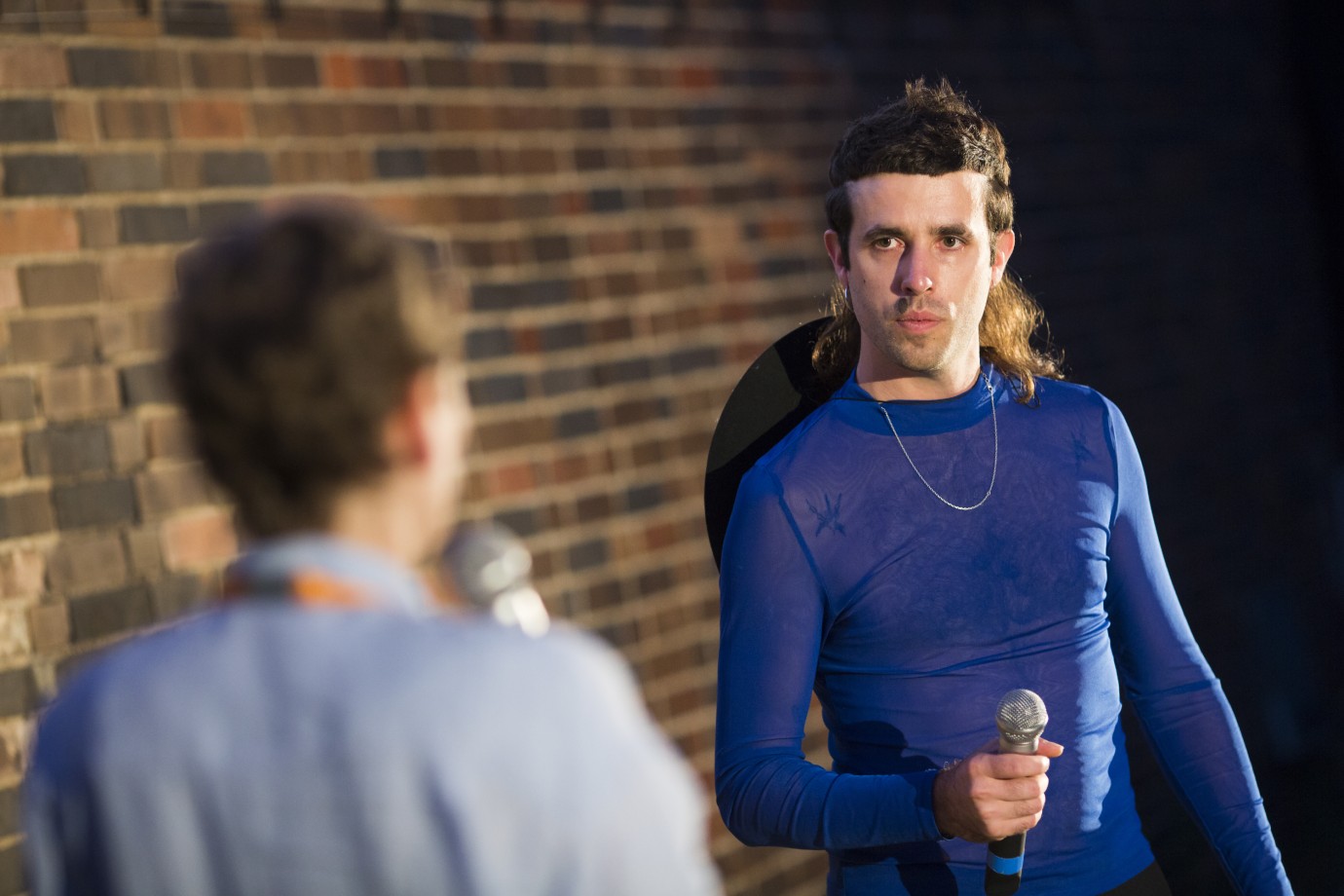
Manque La Banca
The director of the Argentine film.
Esquí · Forum · Atelier Gardens Freiluftkino @ BUFA · Jun 11, 2021
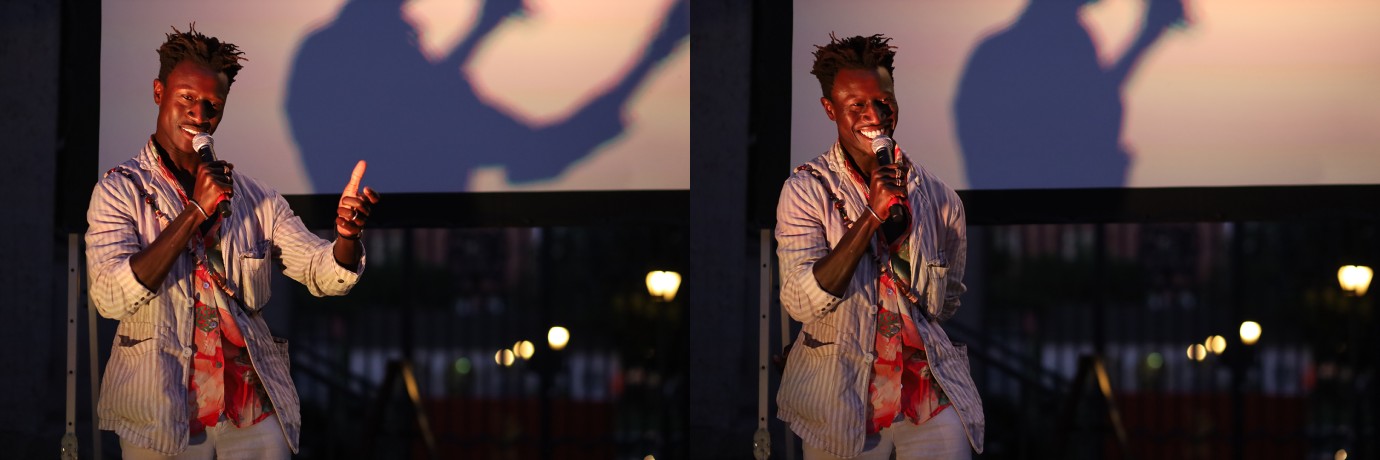
Welket Bungué
The director during Q&A.
Mudança · Forum Expanded · silent green · Jun 12, 2021
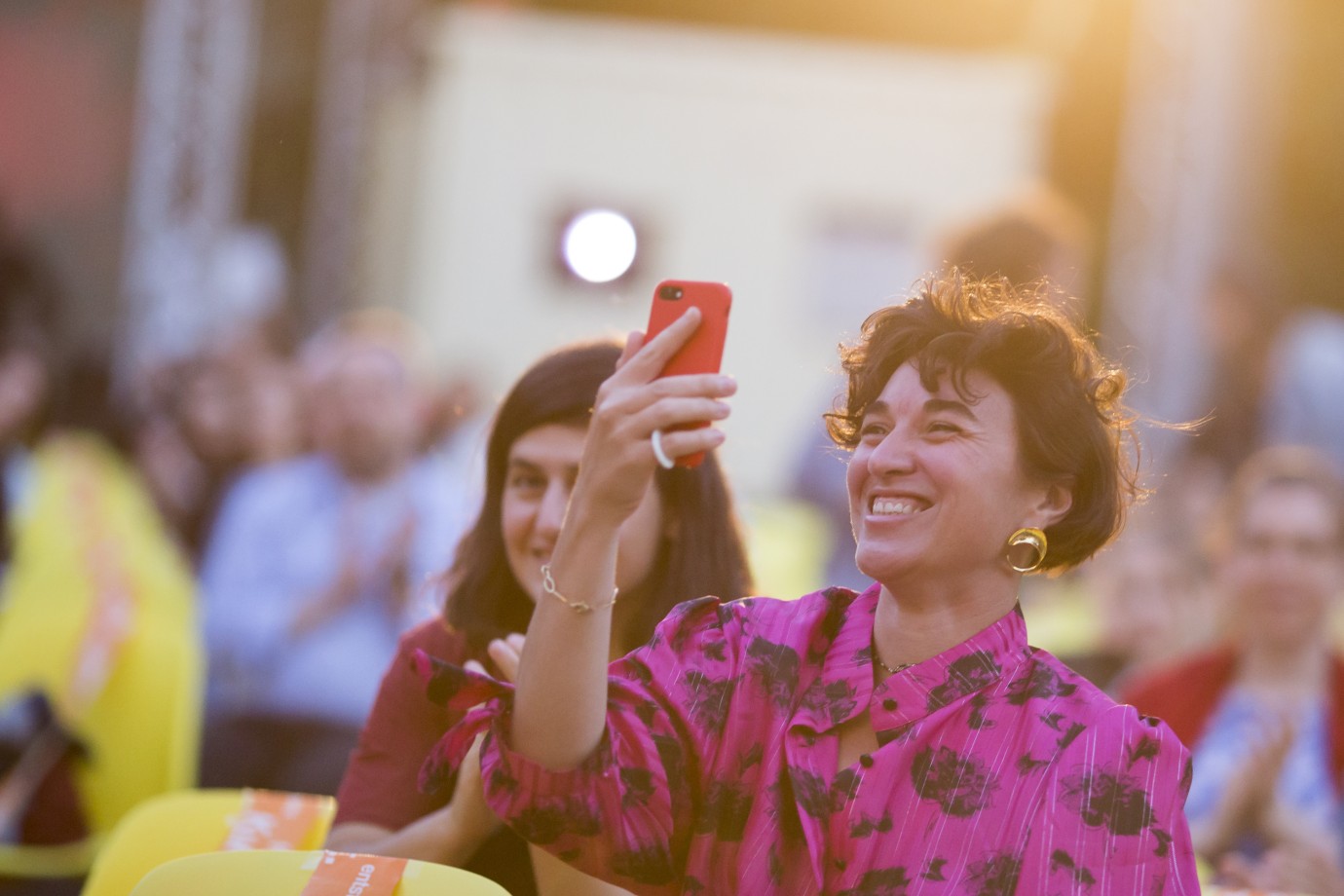
Celia Stroom
The music supervisor in the open-air cinema.
Taming the Garden · Forum · Open Air Kino HKW · Jun 16, 2021

Anocha Suwichakornpong
The director at the film talk.
Jai jumlong · Forum · Open Air Kino HKW · Jun 20, 2021
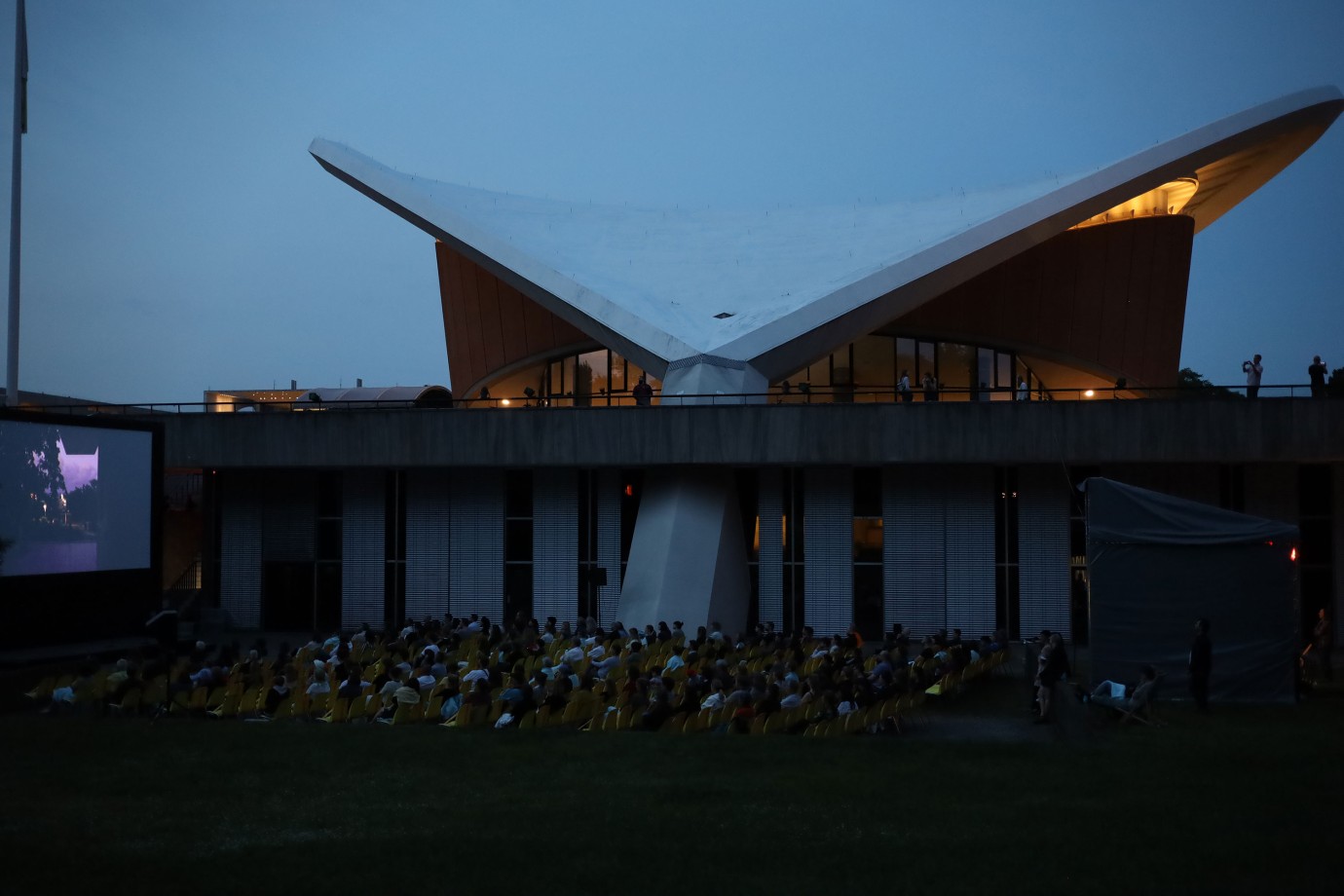
Screening at the building popularly known as the "pregnant oyster"
Songs of the Shirt · Forum Expanded · Open Air Kino HKW · Jun 11, 2021
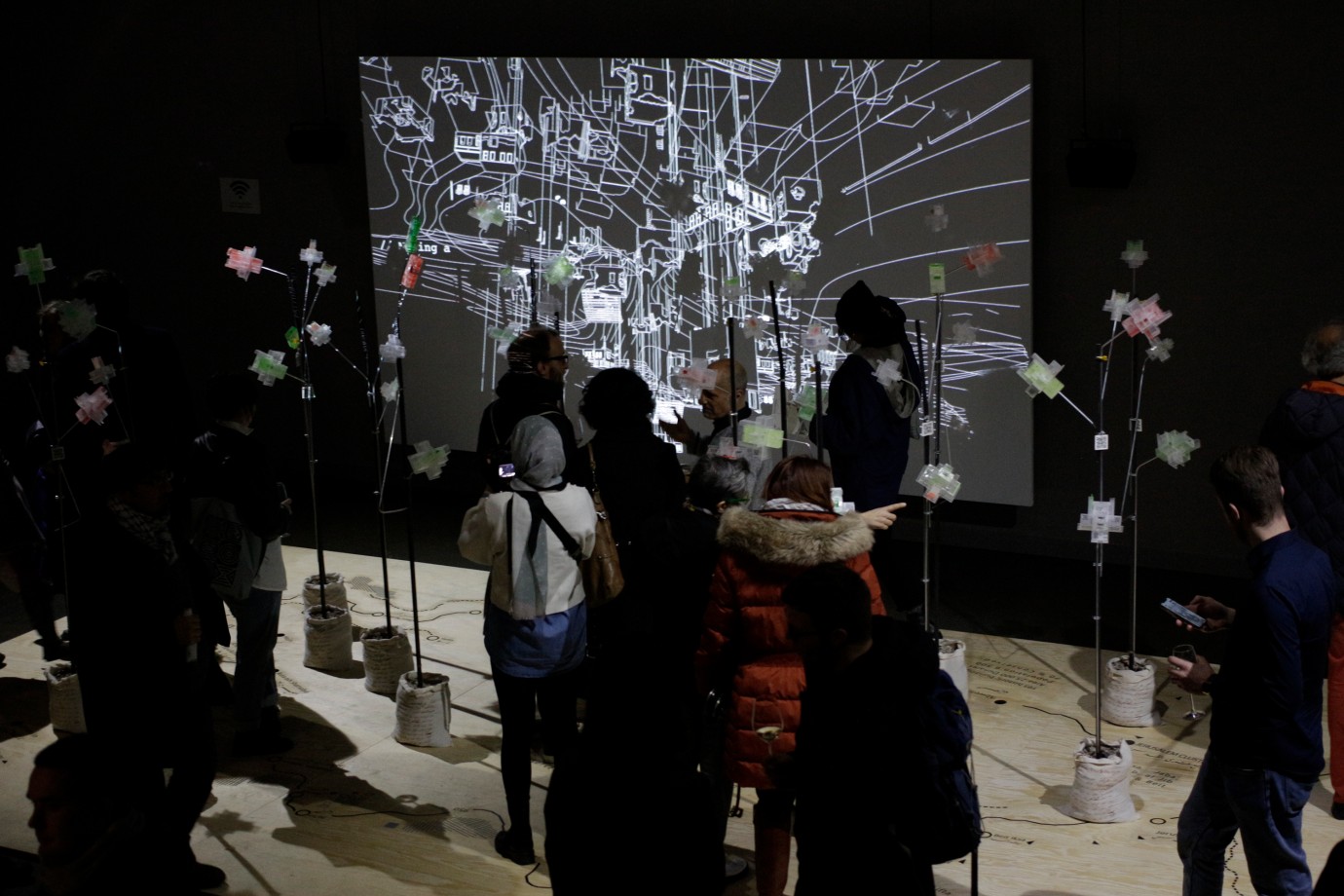
silent green Kulturquartier
During the opening of the group exhibition.
Ausstellung: Part of the Problem · Forum Expanded · Feb 19, 2020
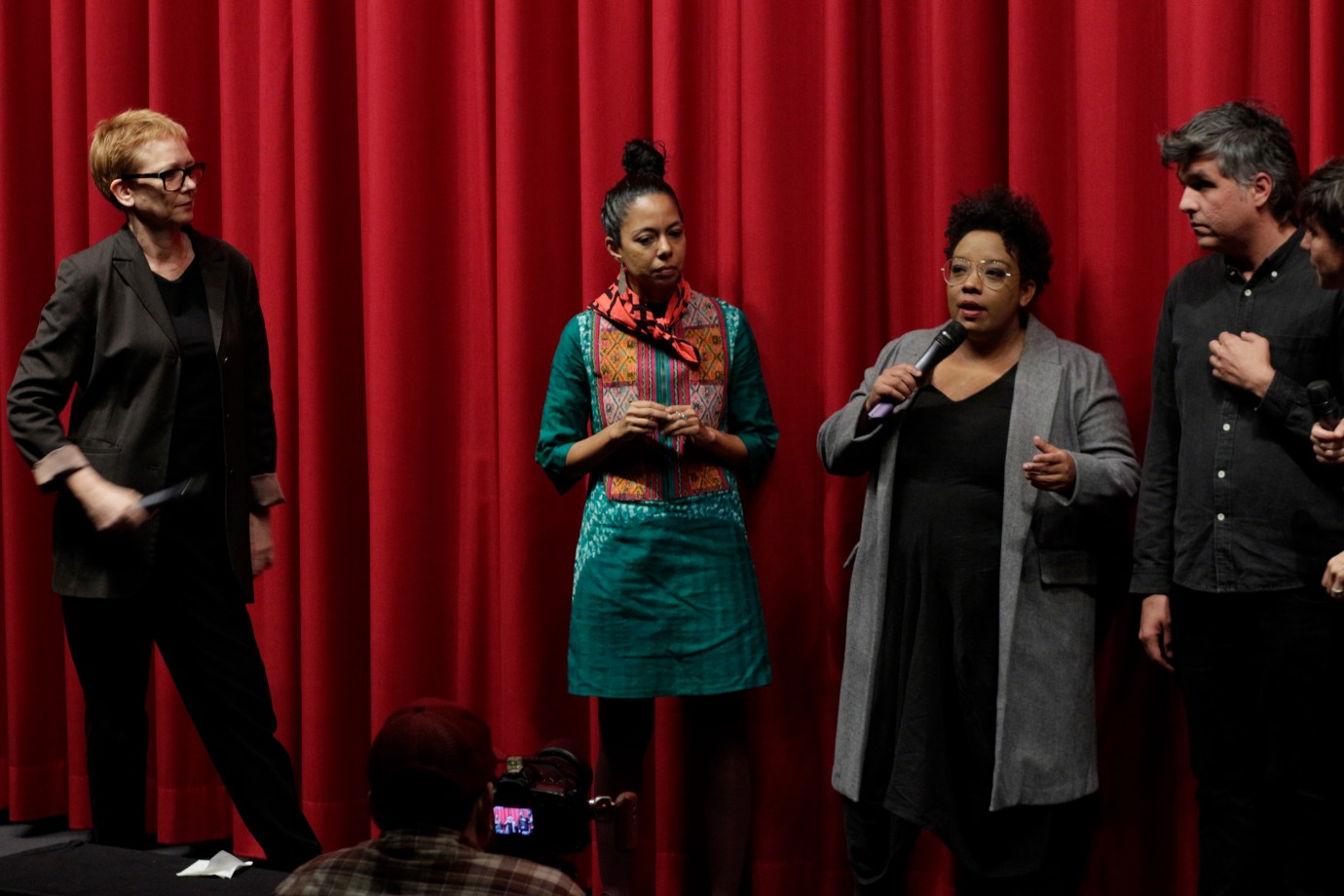
Stefanie Schulte Strathaus, Aline Motta, Grace Passô, Ricardo Alves Jr.
The filmmakers and artists in conversation.
Vaga Carne · (Outros) Fundamentos · Forum Expanded · Feb 22, 2020
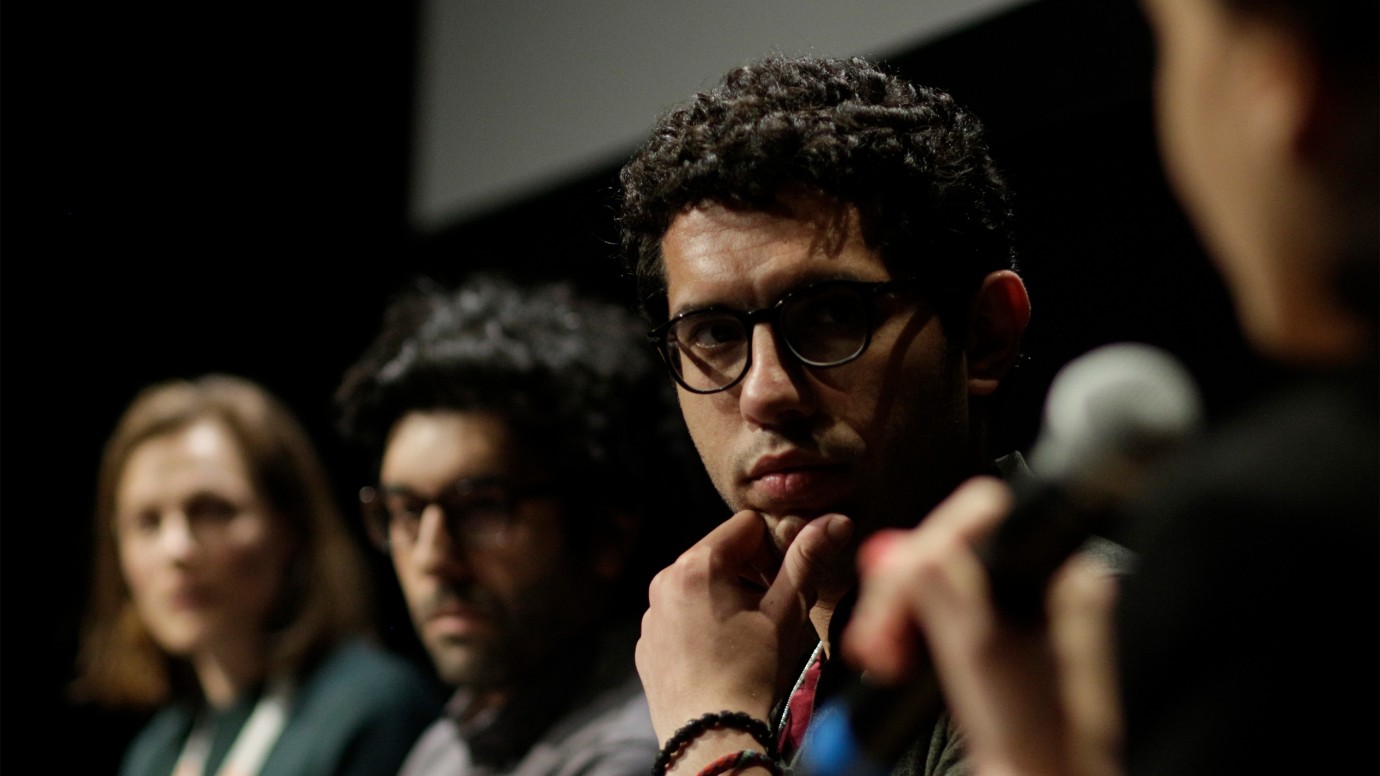
Anja Dornieden, Juan David González Monroy, Maged Nader
The filmmakers during Q&A.
Her Name Was Europa · Moazzam ma yalla haqeqy · Forum Expanded · Feb 22, 2020
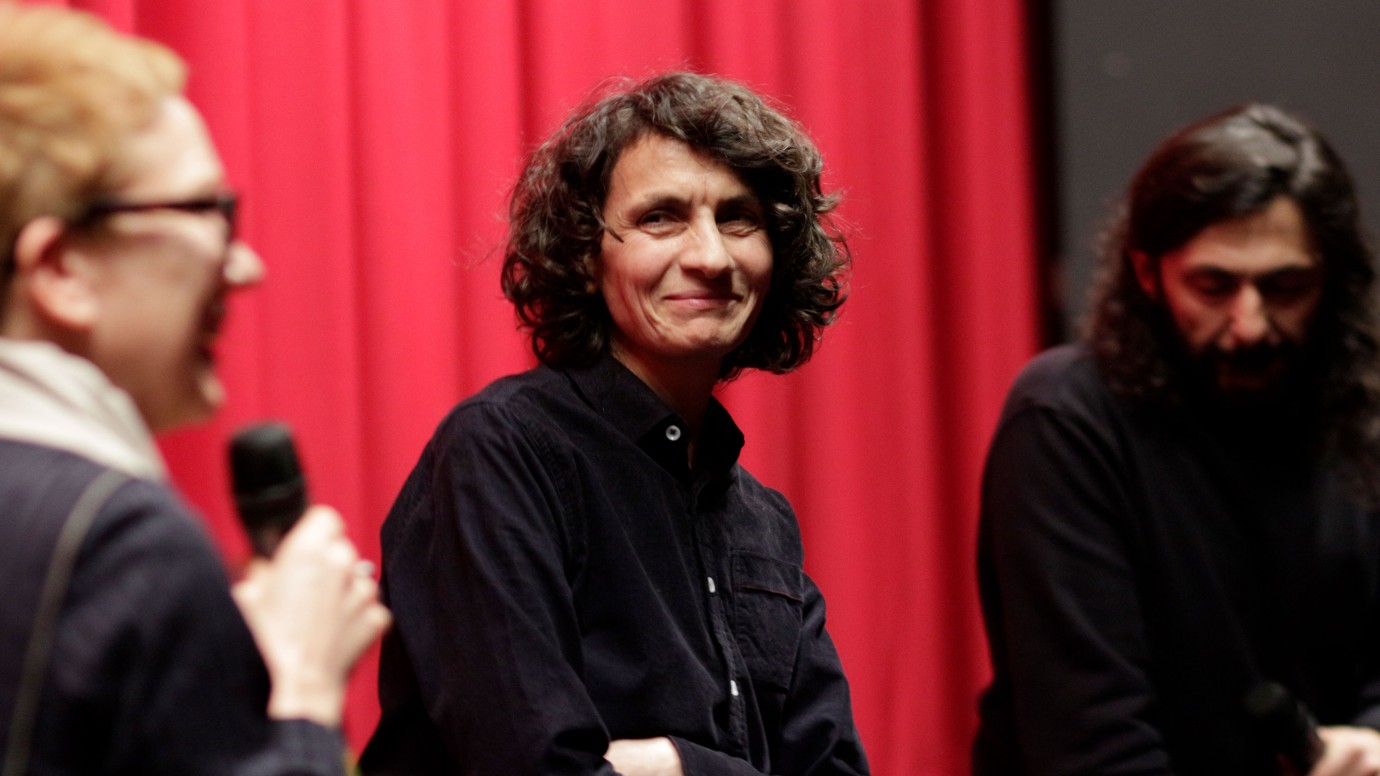
Stefanie Schulte Strathaus, Ayreen Anastas, Rene Gabri
The section head with the film makers who realised the project just by themselves.
Born of the * * * : On Zarathustra’s Going Under from Cairo to Oran · Forum Expanded · Feb 26, 2020
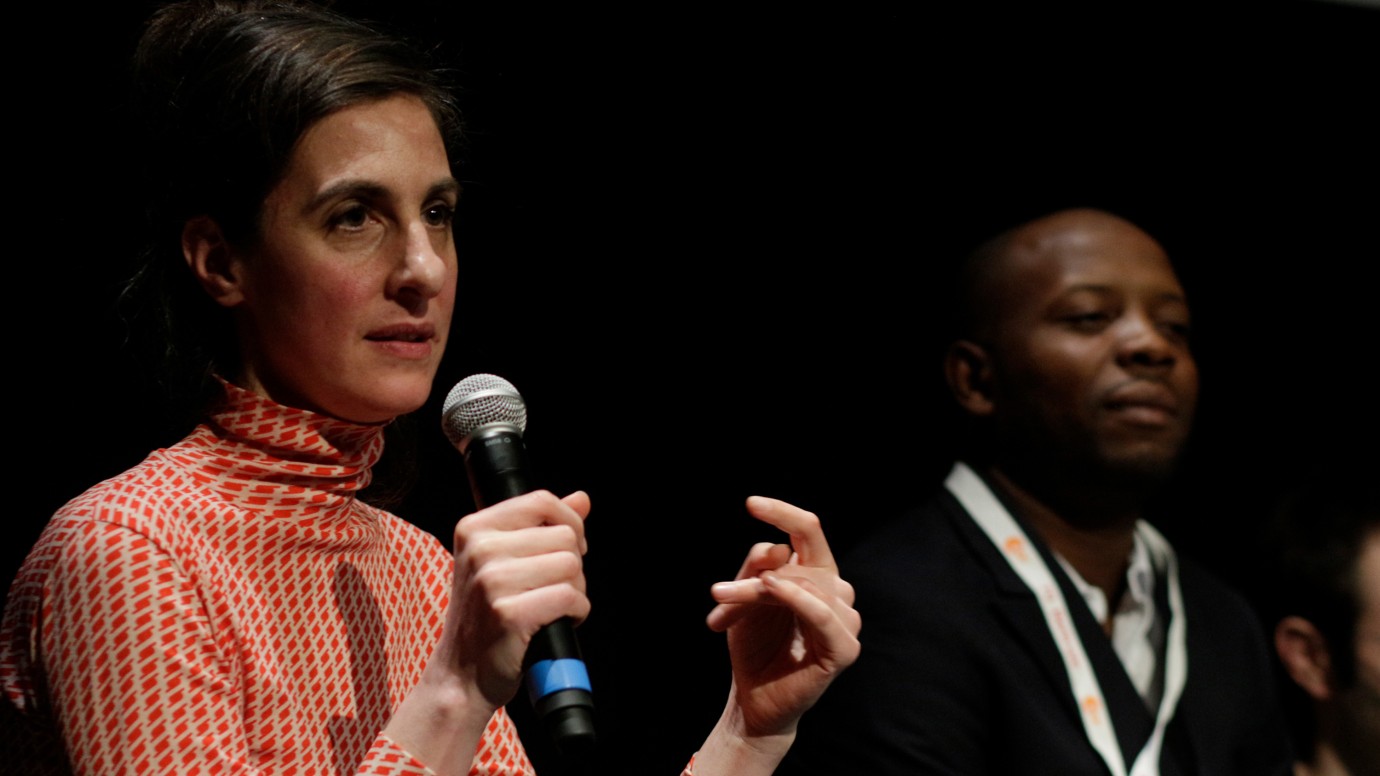
Lucile Desamory, Glodie Mubikay
The filmmakers during a conversation.
Télé Réalité · Forum Expanded · Feb 21, 2020
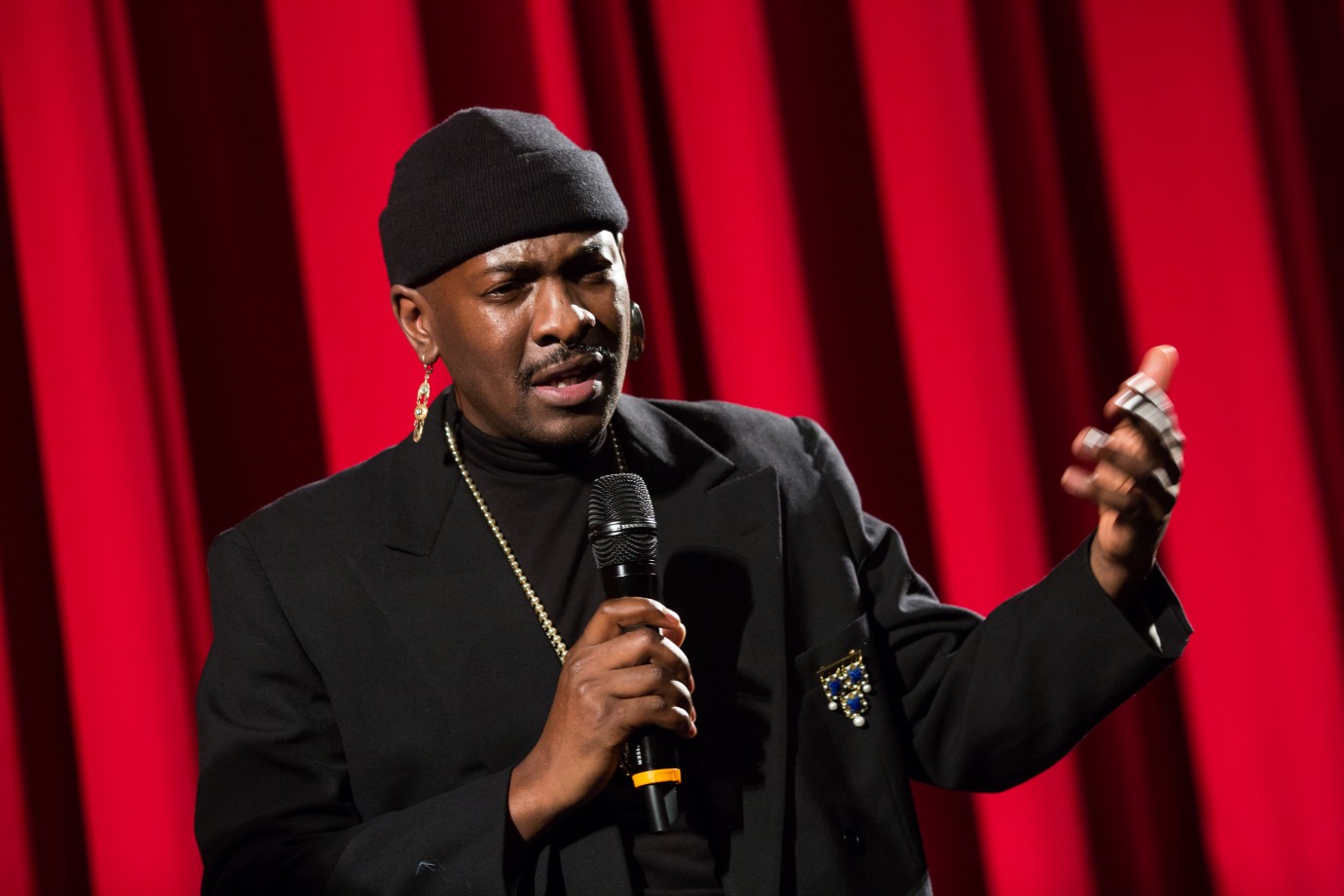
Lemohang Jeremiah Mosese
The director of the film during Q&A.
Mother, I Am Suffocating. This Is My Last Film About You. · Forum · Feb 10, 2019
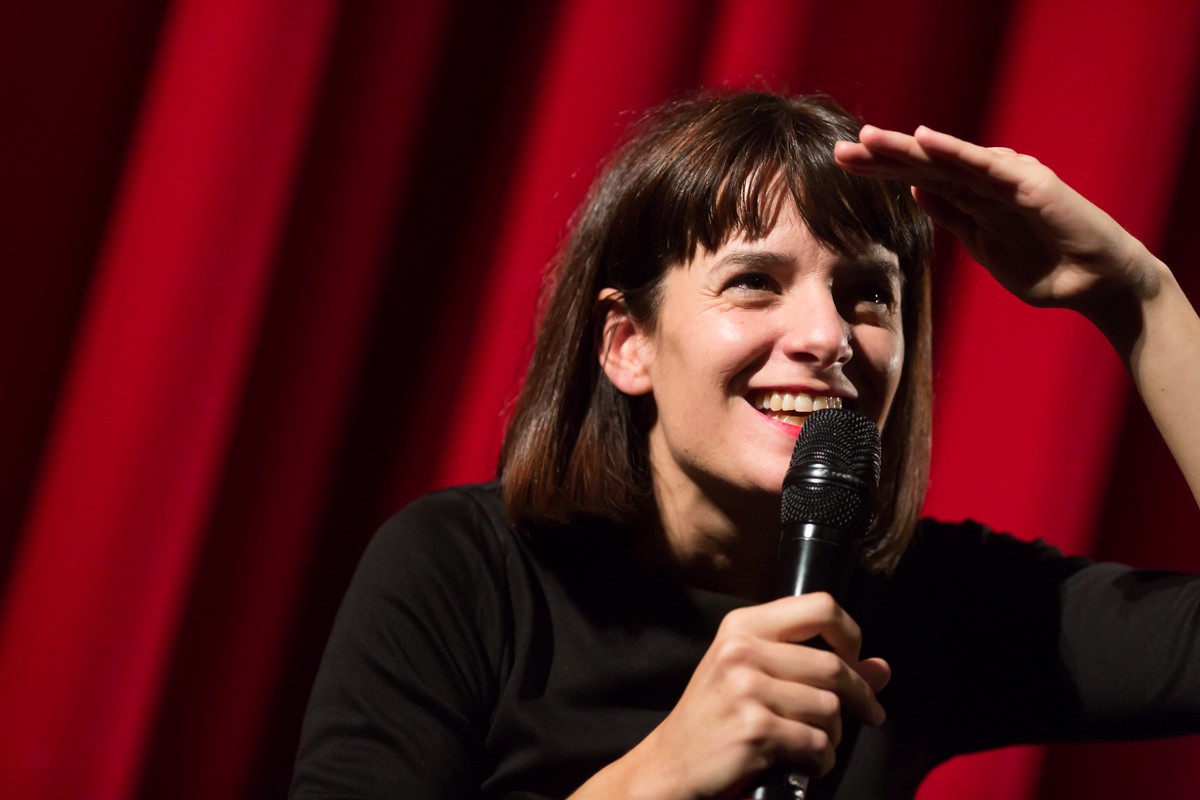
Lola Arias
The director of the Argentinian film.
Teatro de guerra · Forum · Feb 16, 2018
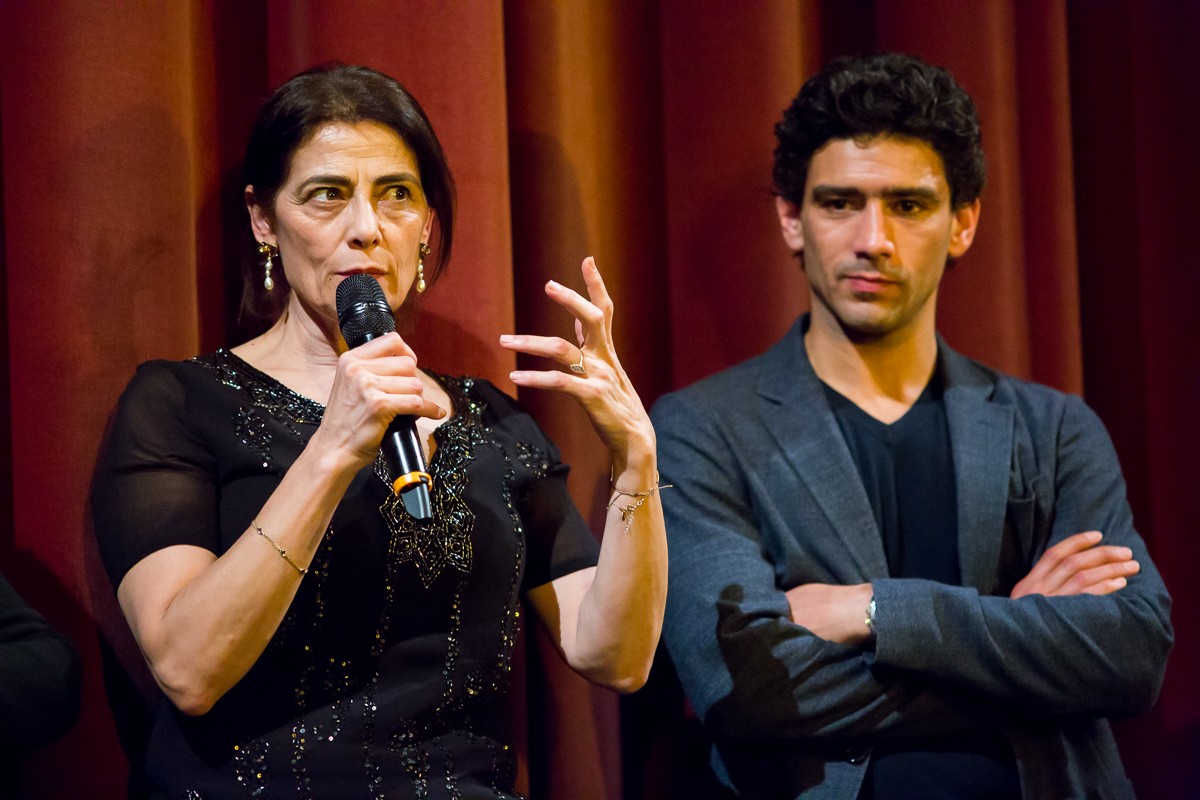
Hiam Abbas, Salim Kechiouche
The actors during Q&A.
Jassad gharib · Forum · Feb 15, 2017

Pub-cum Cinema
In the silent green Kulturquartier.
Geschichten vom Kübelkind · Forum · Feb 19, 2018
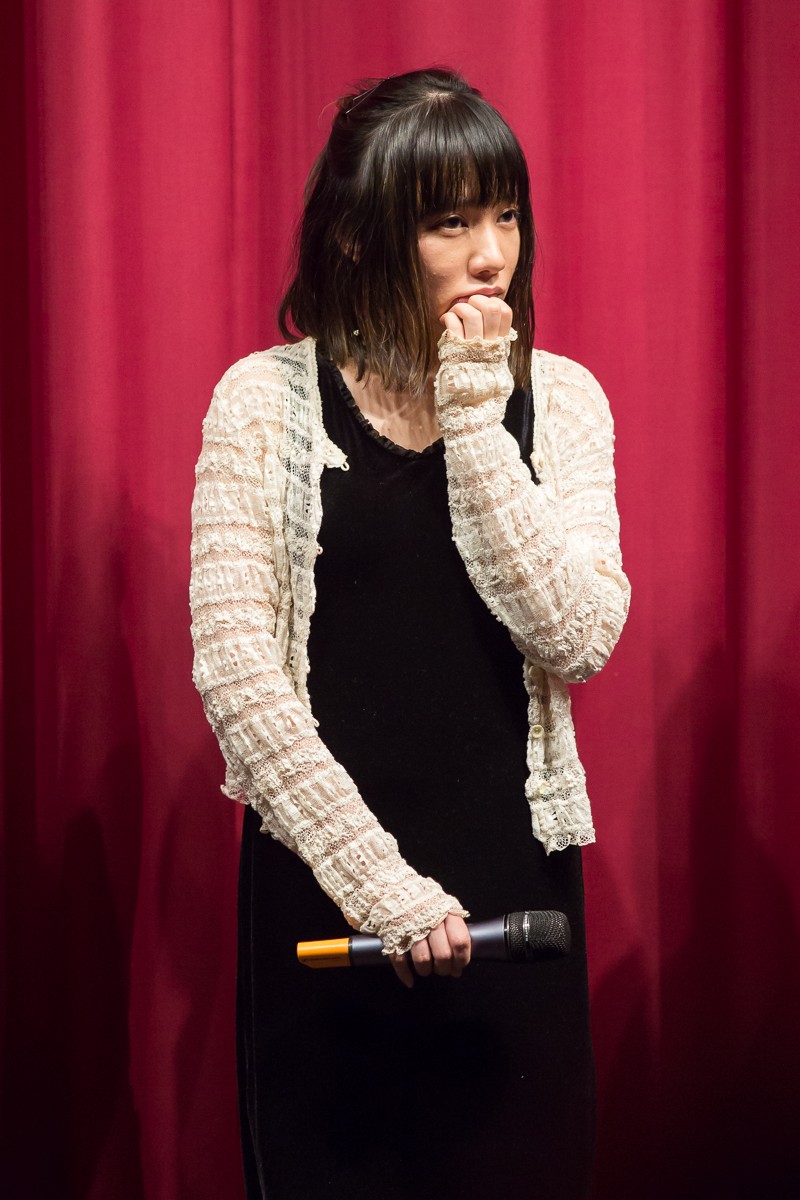
Kazuha Komiya
The actress in the Kino Arsenal.
Mittsu no hikari · Forum · Feb 16, 2017
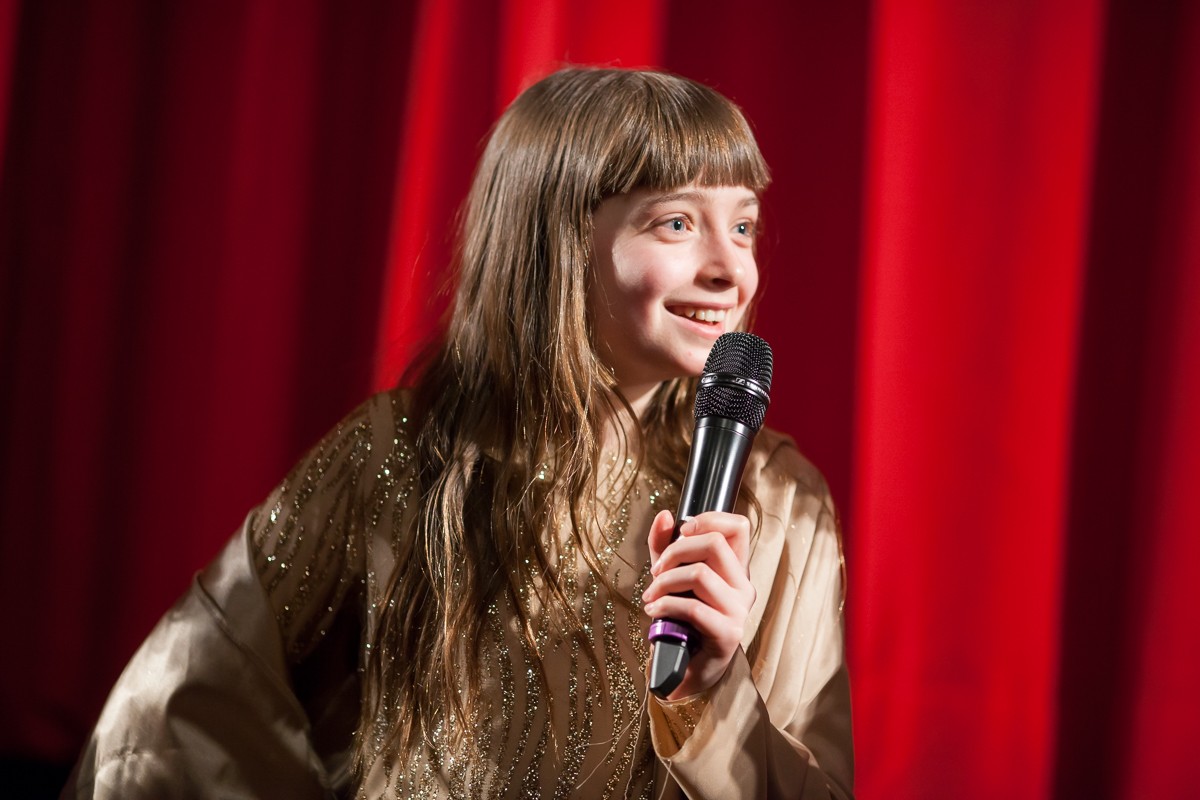
Thémis Pauwels
The actress of the French film during Q&A.
Barrage · Forum · Feb 10, 2017
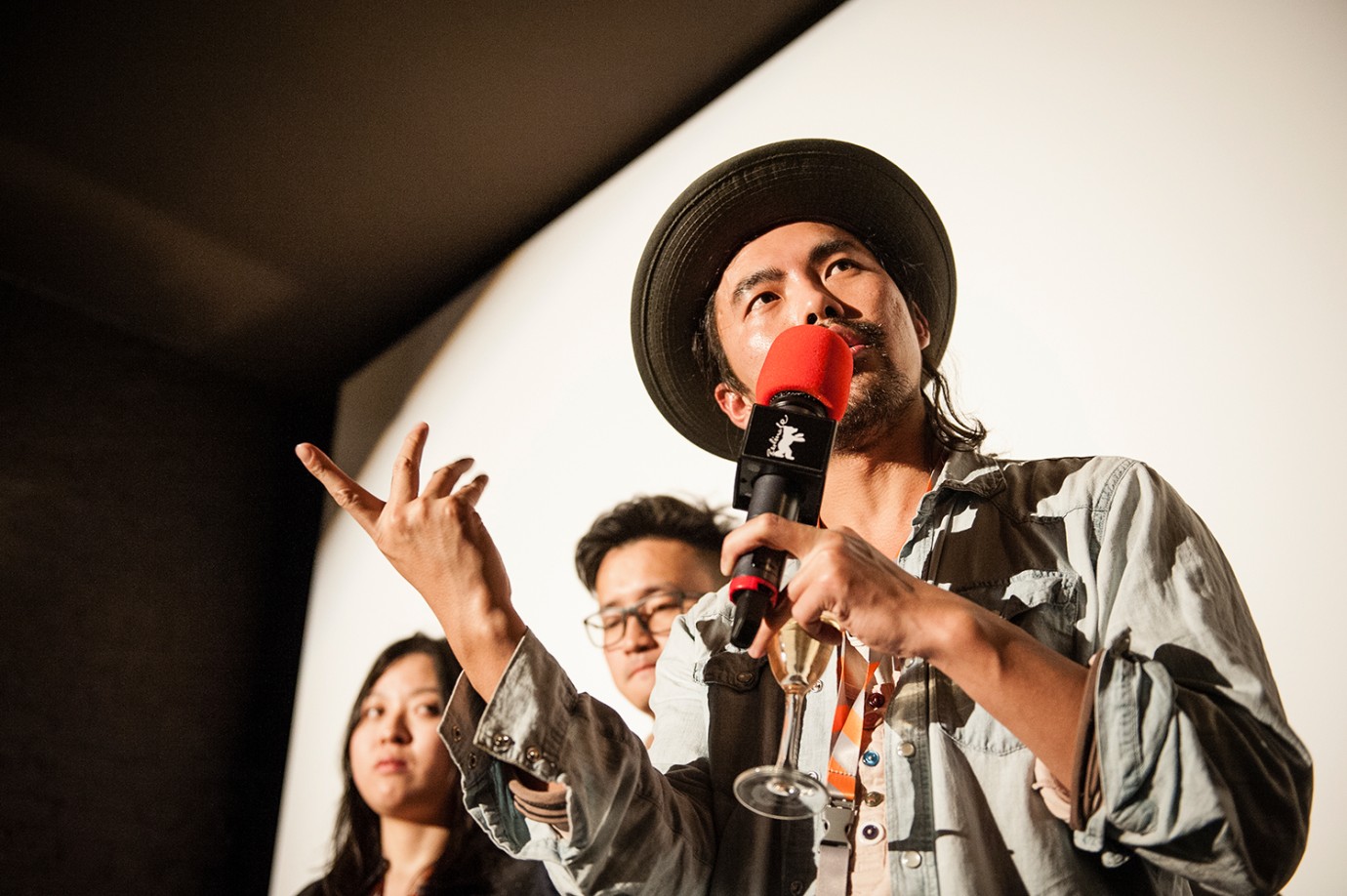
Wang Jing, Wu Xianjian, Johnny Ma
At the screening in the Kiez-Kino.
Lao Shi · Berlinale Goes Kiez · Feb 13, 2016
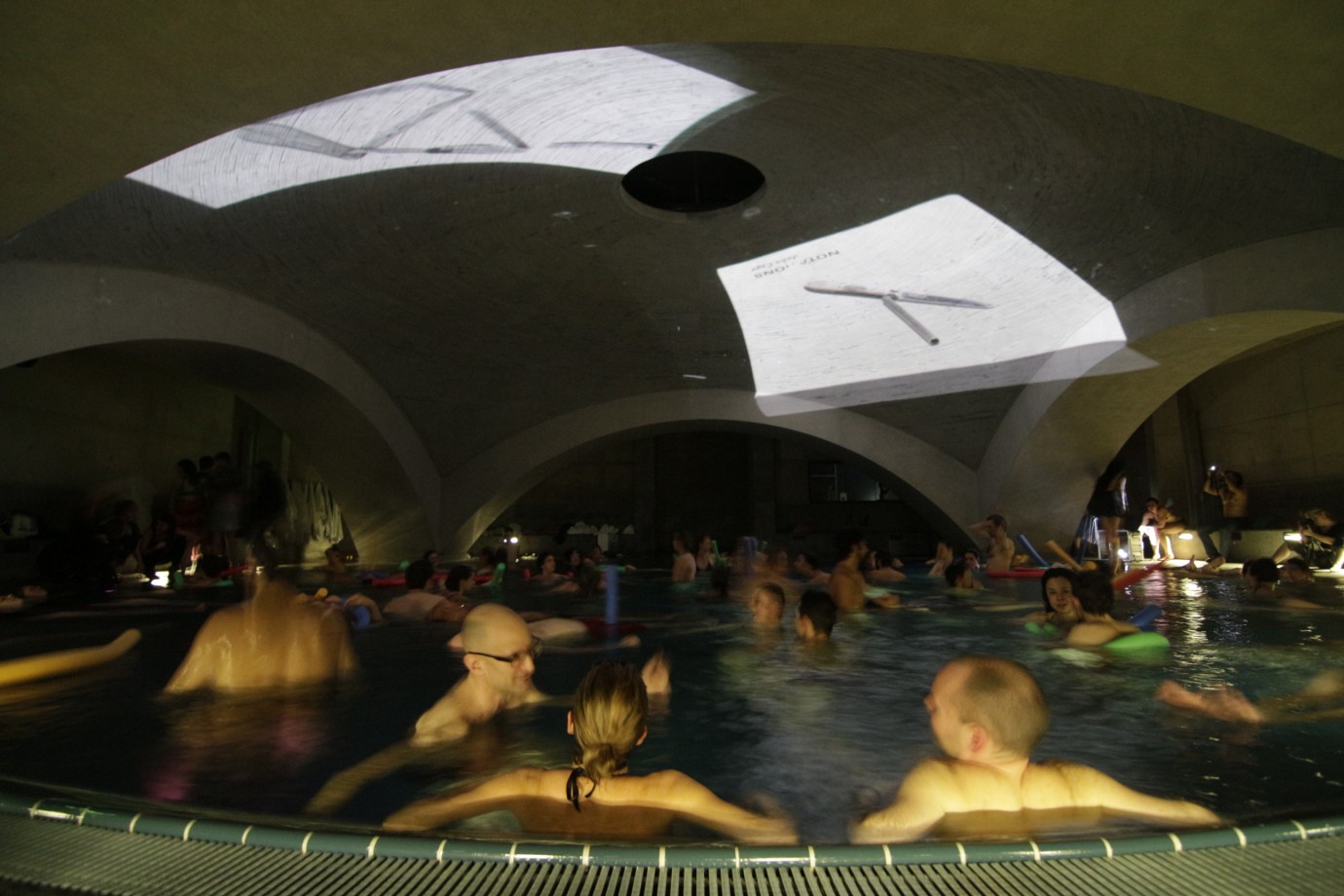
Liquidrom
One of the highlights in 2013: "Hélio Oiticica and Neville D'Almeida's Block-Experiments in Cosmococa - program in progress: CC4 Nocagions" in the Liquidrom.
Forum Expanded · Feb 12, 2013
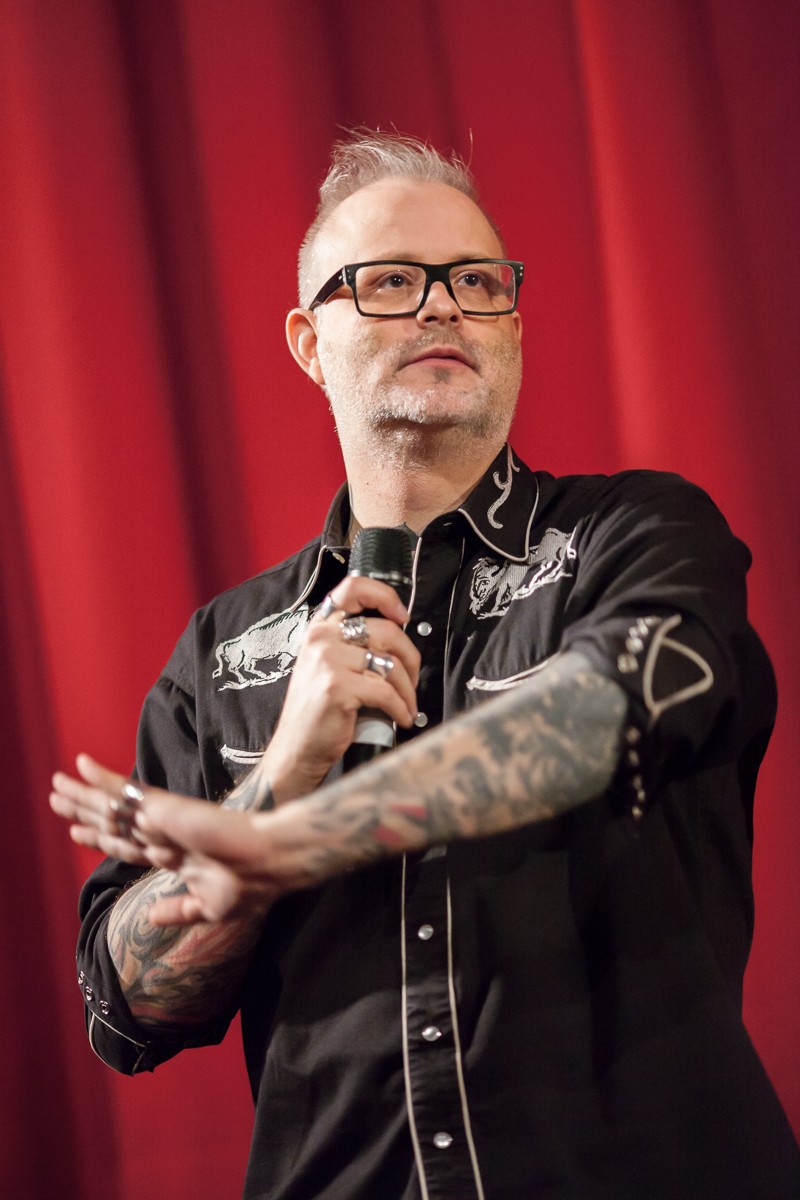
Denis Côté
The Canadian director who won a Silver Bear in 2013.
Que ta joie demeure · Forum · Feb 10, 2014
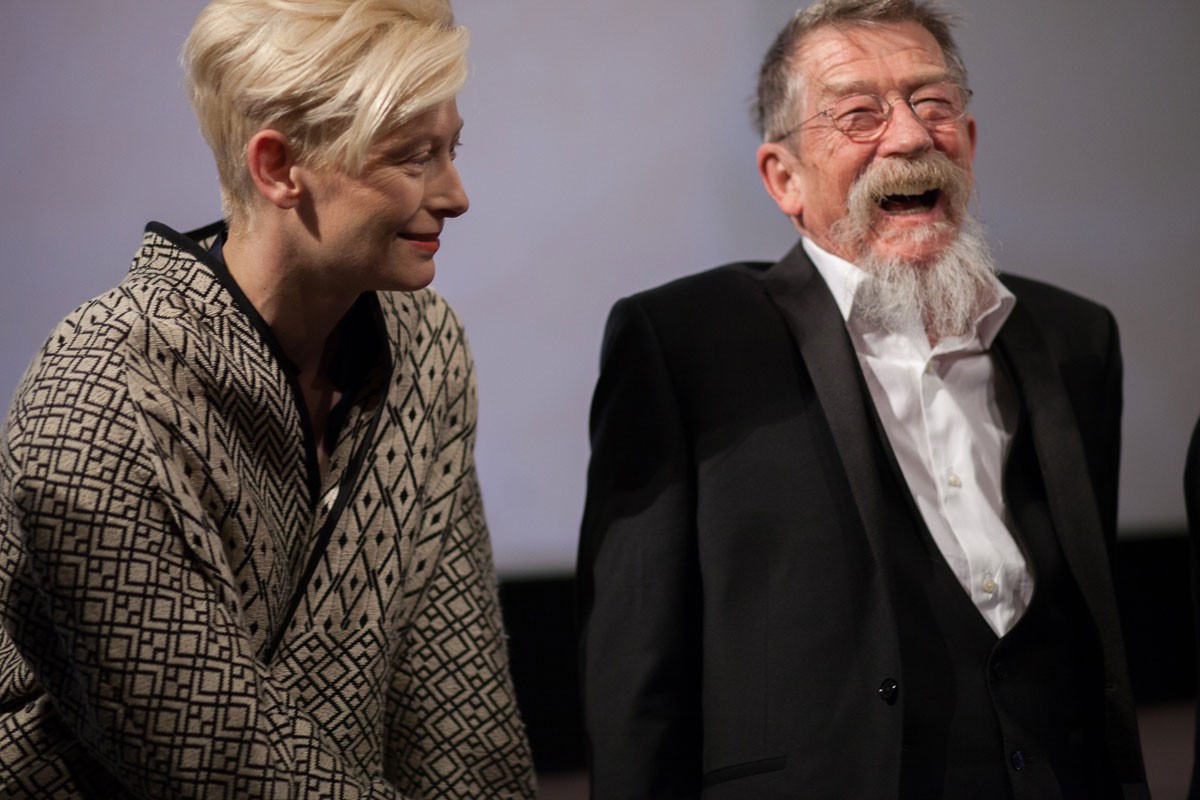
Tilda Swinton, John Hurt
The film unites an impressive cast.
Seolguk-yeolcha · Forum · Feb 07, 2014

Karl Markovics
The director during Q&A.
Superwelt · Forum · Feb 09, 2015
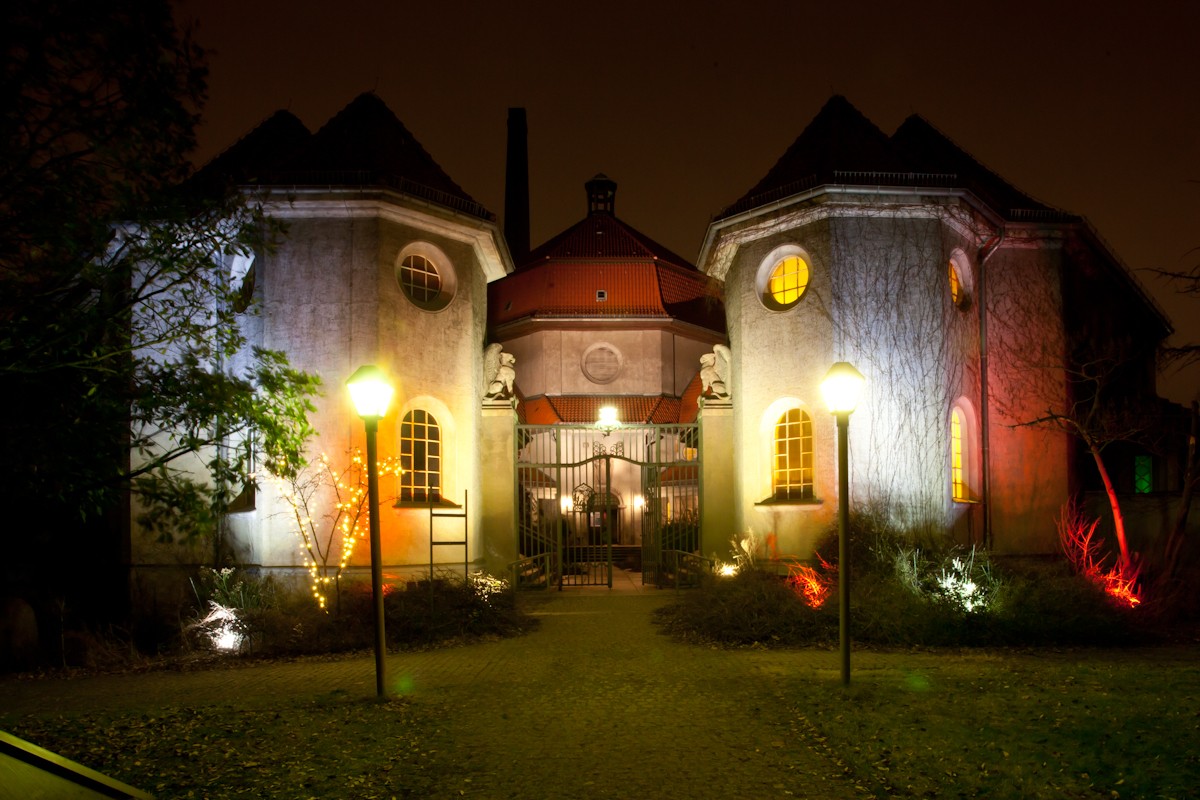
silent green Kulturquartier
The former crematorium Wedding.
Forum Expanded · Feb 14, 2013
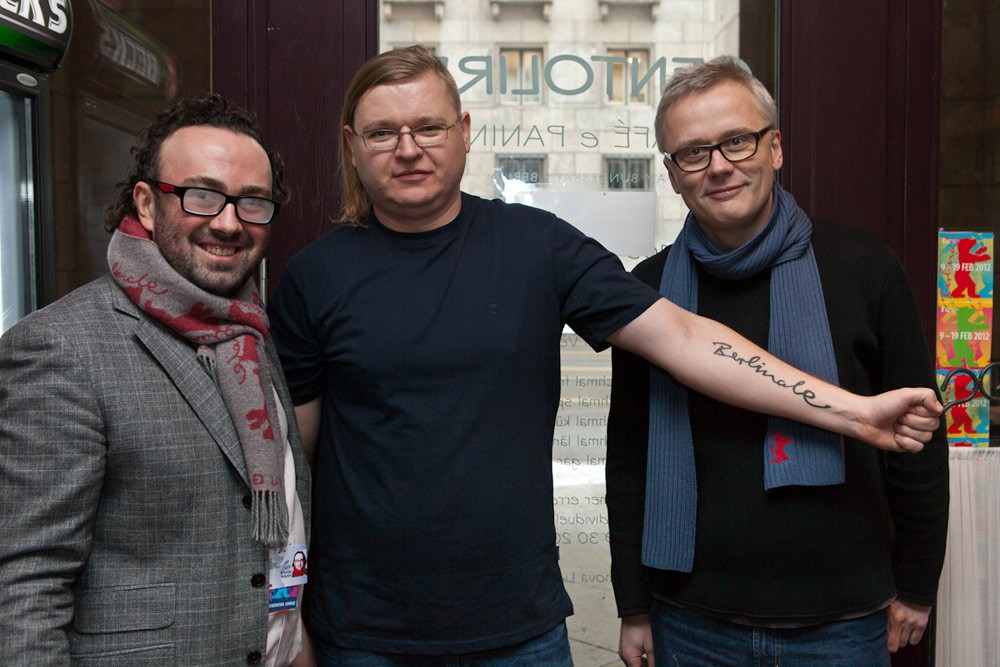
Nikolaj Nikitin, Przemysław Wojcieszek, Christoph Terhechte
The Berlinale delegate, the director and the section director.
Sekret · Forum · Feb 13, 2012
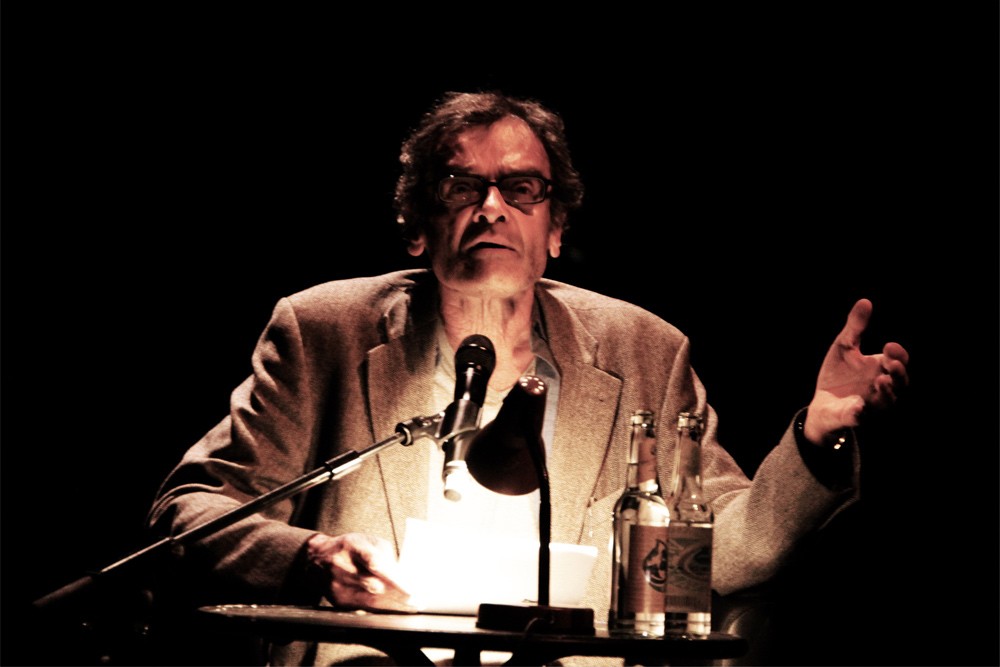
Harun Farocki
The German filmmaker at the lectern during “Harun Farocki presents: La Verifica Incerta”.
Forum Expanded · Feb 14, 2012
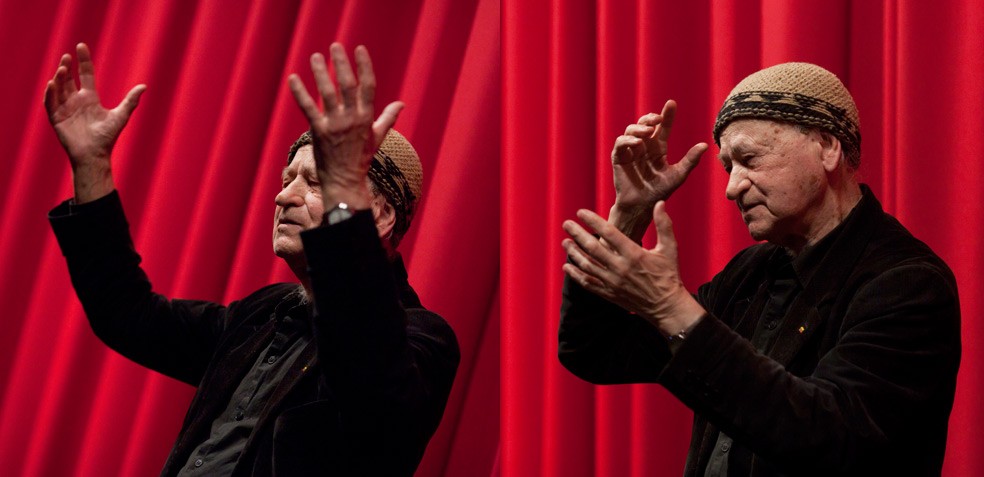
Jonas Mekas
The director in the Arsenal cinema.
Sleepless Nights Stories · Forum · Prizes of the Independent Juries · Feb 18, 2011
Karina Griffith
Shai Heredia
The first International Forum of New Cinema took place in 1971 in reaction to the political turbulence of the previous years, which even led to the Berlinale being called off the previous year. It was organised by the Friends of the German Film Archive (now Arsenal – Institute for Film and Video Art) founded by Ulrich and Erika Gregor who led the Forum until 2001 and shaped its identity considerably.
The Friends had already organised a separate event in parallel to the Berlinale in 1969 and 1970. Now they received an official invitation to take over responsibility for an independent programme to be shown as part of the festival and be on an equal footing with it. The International Forum of New Cinema sought to challenge its audiences, showed previously unknown or underrepresented cinematic forms and documented, as Ulrich Gregor once put it, “the multiplicity and complexity of new film styles between avant-garde cinema, narrative film and documentary”.
Since then, the Forum has gone on to write film history. Numerous directors who later gained large-scale international recognition were given a platform for their debut films here. Jacques Rivette, Chantal Akerman, Theo Angelopoulos, Jim Jarmusch, Béla Tarr, Aki Kaurismäki, Ken Loach, Nagisa Oshima, Yilmaz Güney, Atom Egoyan, Michael Snow, Manoel de Oliveira, Yvonne Rainer, Andrei Tarkovsky, Derek Jarman, Raúl Ruiz, Ousmane Sembène, Wong Kar-wai, Helke Sander, Margarethe von Trotta, Peter Greenaway, Avi Mograbi, Claire Denis, Ulrike Ottinger, the Dardenne brothers and many more showed their early works at the Forum.
The Forum introduced something new to the Berlinale, a discursive cinema culture characterised by intensive audience discussions and comprehensive accompanying publications in place of glamour and the red carpet. From the very beginning, when films were shown at the Forum, this has also included the subtitling of film prints or files, copies of which have then regularly been kept by Arsenal and added to its distribution range after the festival has ended. This has led to the creation of a living archive of 10,000 films from around the world which redefines perceptions of film history.
In 2000, the Friends moved with the Berlinale to Potsdamer Platz. Film critic Christoph Terhechte took over the leadership of the Forum in 2002 supported by Anna Hoffmann. He consolidated the selection, preserved the programme’s appetite for risk-taking and consistently provided the section with fresh momentum in the face of a rapidly changing festival landscape.
The names also changed in the meantime. In 2008 the Friends, led from 2004 by Milena Gregor, Birgit Kohler and Stefanie Schulte Strathaus, became Arsenal – Institute for Film and Video Art; the International Forum of New Cinema became simply the Forum. The Arsenal cinema which opened in 1970 in the district of Schöneberg moved to Potsdamer Platz in 2000. The close connection between the work of the Arsenal cinema and the festival as well as the film archive that developed from that specific collaboration continues today to be the defining characteristic of both the Arsenal as an institution and the Forum and Forum Expanded section.
The noughties were marked by an expansion of moving images into the public realm. Digitisation, phone cameras and dissemination on the Internet, as well as the medium of film establishing itself in other art forms, opened the borders of cinema. Inspiration for new narrative formats, together with documentary forms and strategies, also increasingly emerged from visual art, performance, music, political activism and science. To incorporate such approaches into a reinterpretation of cinema and further advancement of film as a medium, Stefanie Schulte Strathaus and Anselm Franke created Forum Expanded as an expansion of the Forum in 2006. The shared idea of both programmes has always been to invite works that question the self-conception of the Berlinale as an institution – because everything that happens socially, politically, culturally or artistically in the world has the potential to have a lasting effect on the festival and its audience.
After Christoph Terhechte stepped down in the summer of 2018, the board of directors of Arsenal – Institute for Film and Video Art, consisting of Milena Gregor, Birgit Kohler and Stefanie Schulte Strathaus, took over the interim leadership of the Forum and the responsibility for its 2019 programme, supported by Anna Hoffmann. From 2019 to 2023, Cristina Nord, curator and film critic, headed the section. Barbara Wurm has led the section since August 2023.
From the very beginning, the Forum has also given special attention to historical films and placed them in relationship with contemporary cinema. In the early years, this was chiefly to make Berlin audiences familiar with groundbreaking world cinema with which they had had little contact up to that point. Today, the Forum continues to shake up the sort of cinematic canon primarily interested in feature films made in Western Europe and North America. The Forum and Forum Expanded stand in direct opposition to this, being equally dedicated, for example, to cinema from African and Asian countries, documentaries and experimental films, to anti-cinema films as well as B-movies and less “reputable” forms of cinema. Their grasp of film history is thus not static: it always includes the critique of earlier reception situations and seeks to work against the Eurocentric perspective. At the same time, the Forum and Forum Expanded attach great importance to the relationship between historical and contemporary elements of the programme, consistently placing them in a related context, whether in terms of aesthetics or content.
Many films from the Forum and Forum Expanded programmes are subtitled. After the festival, they can remain in Berlin and potentially be distributed. This means that the works can equally enjoy a life beyond the festival itself, finding their way into the non-commercial cinema landscape and other festivals, biennales and exhibitions across the world. In the long term, they are also added to Arsenal’s Living Archive.
Arsenal’s concept of the archive fundamentally differs from other film archives in that its underlying principle is that they are places for participation and production. Within this context, it interprets its mission as being to seek out cinematic one-offs, preserve films, digitise them and make them accessible, always placing them within the context of contemporary artistic and curatorial practice.
The Living Archive is based at silent green Kulturquartier in Berlin Wedding. Here, researchers, artists, curators or simply anyone with a healthy curiosity can view the films at editing tables. The knowledge they bring with them is potentially a valuable resource for the work of the Arsenal. Every user of the archive is a prospective archivist.
No official awards are presented in the Forum. In its early years, the section stood behind its conviction that it should keep some distance from the competitive character of the Competition. And yet the following cross-section awards respectively awards of independent juries are presented in the Forum:
- Caligari Film Prize: The 4,000 Euros award sponsored by the “Federal Association of Communal Film Work” and the magazine “filmdienst” is shared between the director and the distributor of a Forum film.
- Prize of the FIPRESCI Jury: Award for the best film in the Forum by the international film critics’ association “Fédération Internationale de la Presse Cinématographique”.
- Prize of the Ecumenical Jury: This award honours a director whose film shows human behavior that is in tune with the message of the Gospels, or makes viewers more receptive to spiritual, humane or social values.
- Berlinale Documentary Award
- CICAE Art Cinema Award: The Confédération Internationale des Cinémas D’Art et Essai (C.I.C.A.E.), the International Association of Arthouse Cinemas sponsors two juries active at the Berlinale: one presents an award to a film in the Panorama, another to a film in the Forum.
- TEDDY AWARDS: The most important queer film award is presented during the Berlinale in the categories Best Feature, Best Documentary / Essay, and Best Short Film as well as the Special Jury Award. Films from all sections of the Berlin International Film Festival compete for the TEDDY AWARD every year.
- Heiner Carow Prize: The Heiner Carow Prize for the promotion of German cinematic art is awarded to a feature-length film from the Competition, Berlinale Special, Panorama, Forum, Forum Expanded or Generation section which has its world premiere at the Berlin International Film Festival. The prize is sponsored by the DEFA Foundation and is endowed with 5,000 euros. It is presented to a filmmaker who is currently based and working in Germany for their first or second, chiefly German-made documentary or fiction film. The three-person jury is appointed by the Berlinale’s artistic director and the DEFA Foundation and changes every year.
- Peace Film Prize: This jury watches films from all sections. The main award is sponsored by the “Peace Film Award Initiative” in collaboration with “International Physicians for the Prevention of Nuclear War” (IPPNW) and the Heinrich Böll Foundation. The Peace Film Award jury can also give honourable mentions.
- Amnesty International Film Award: The prize is awarded across different sections of the festival for a film that raises awareness of human rights issues. It is endowed with 5,000 Euros prize money.
